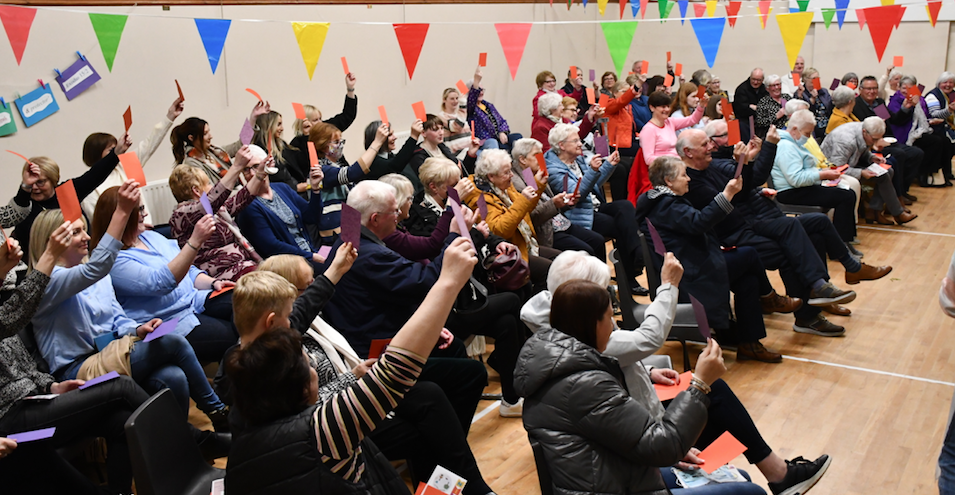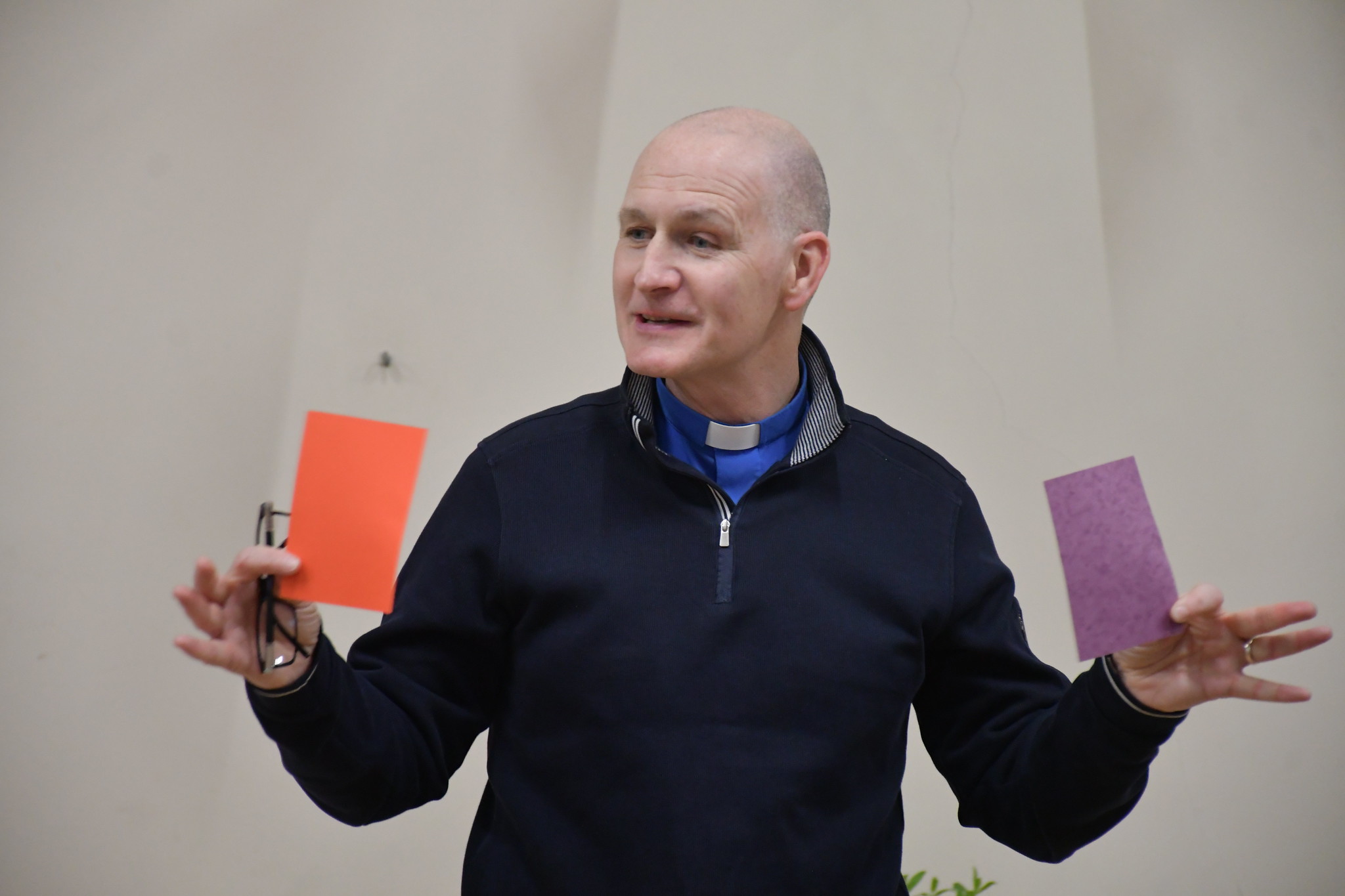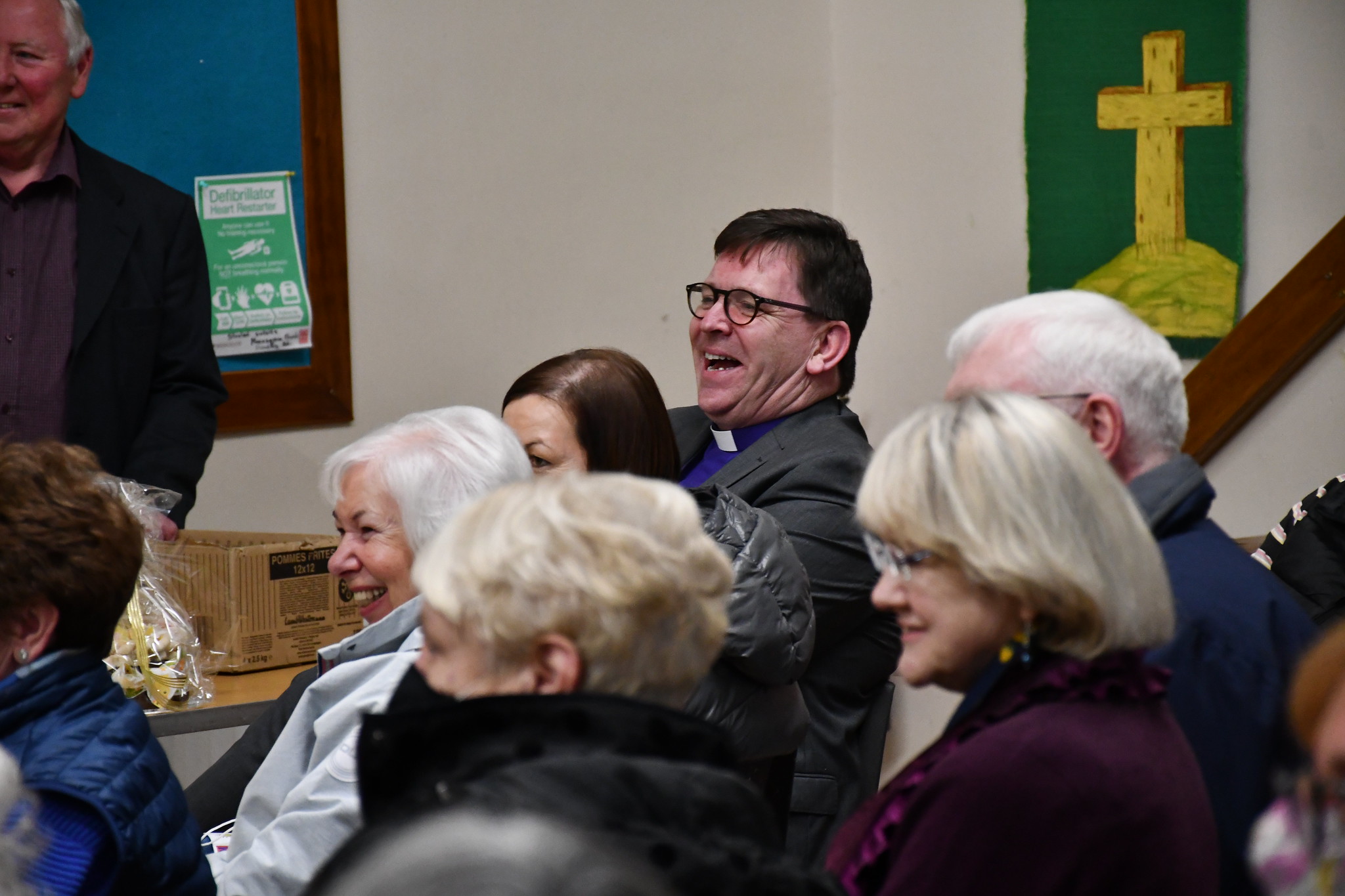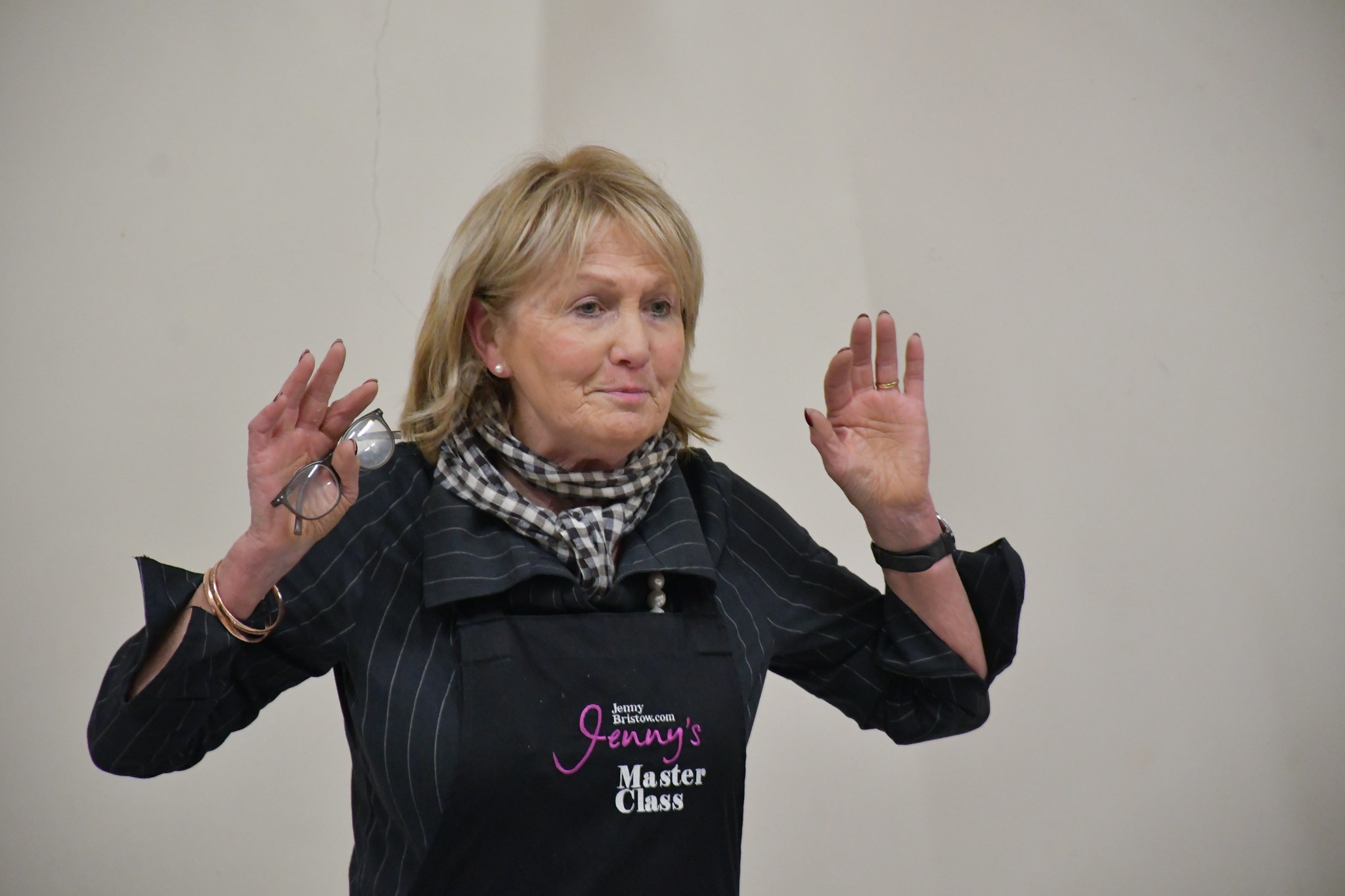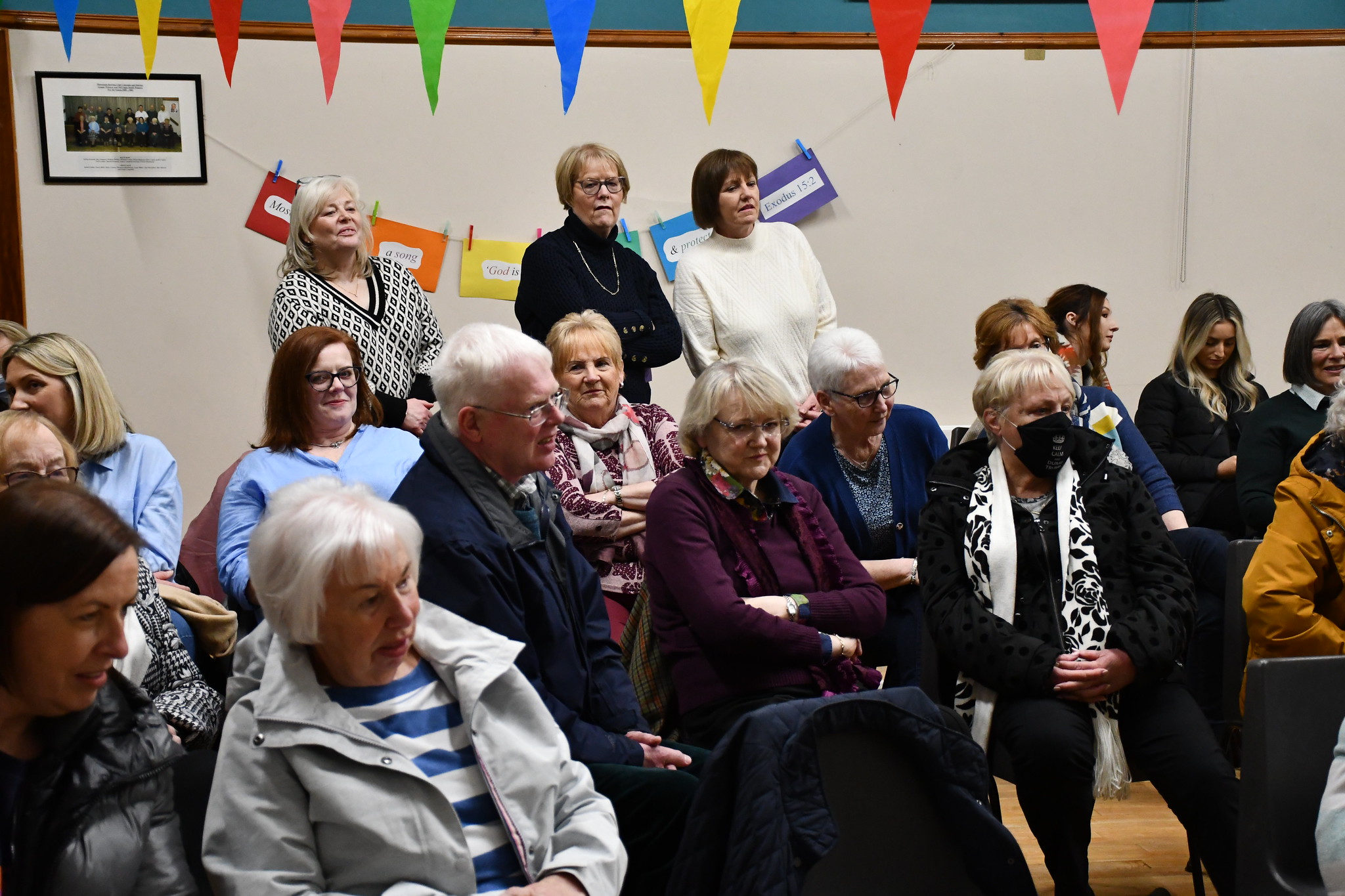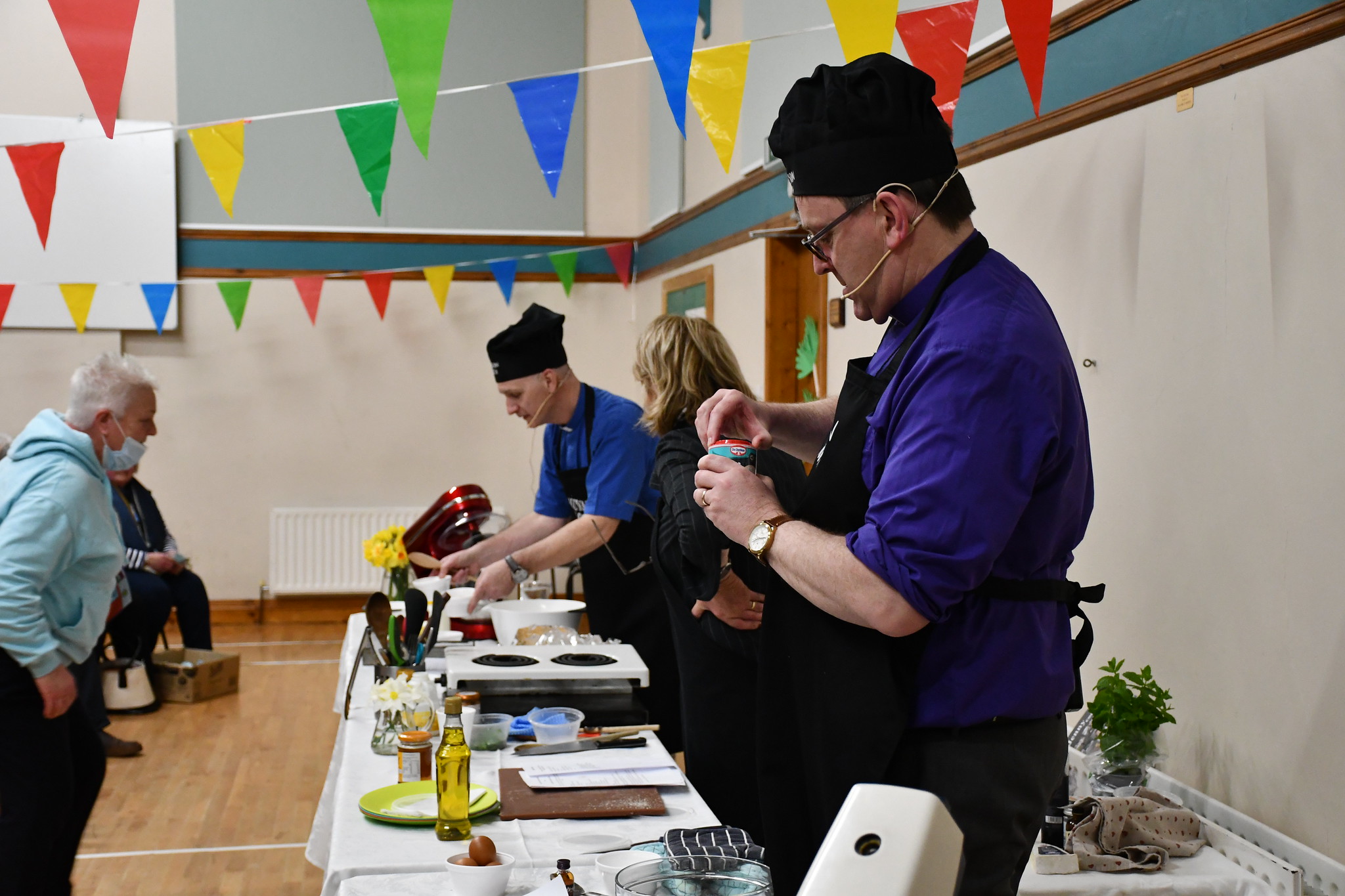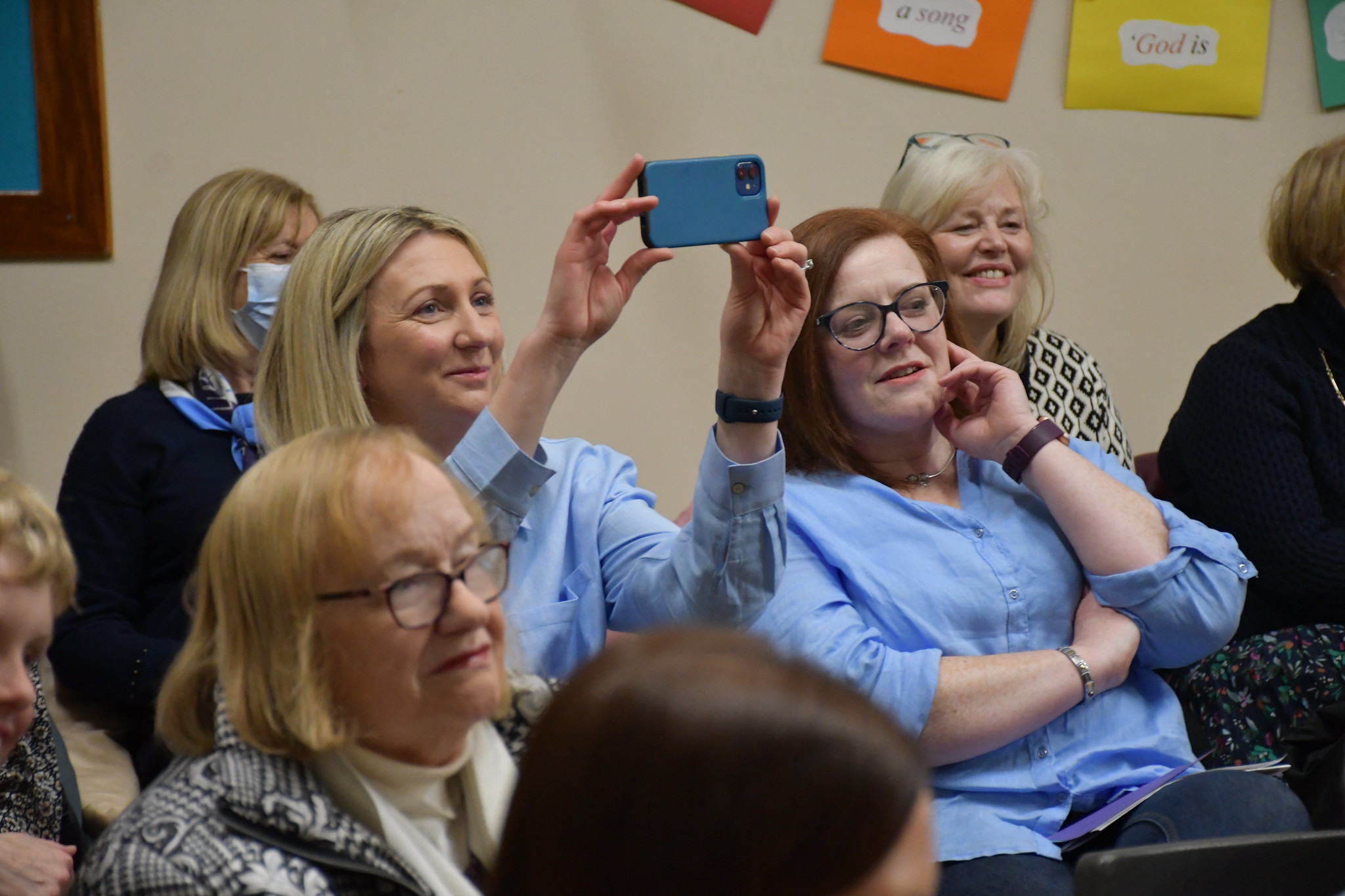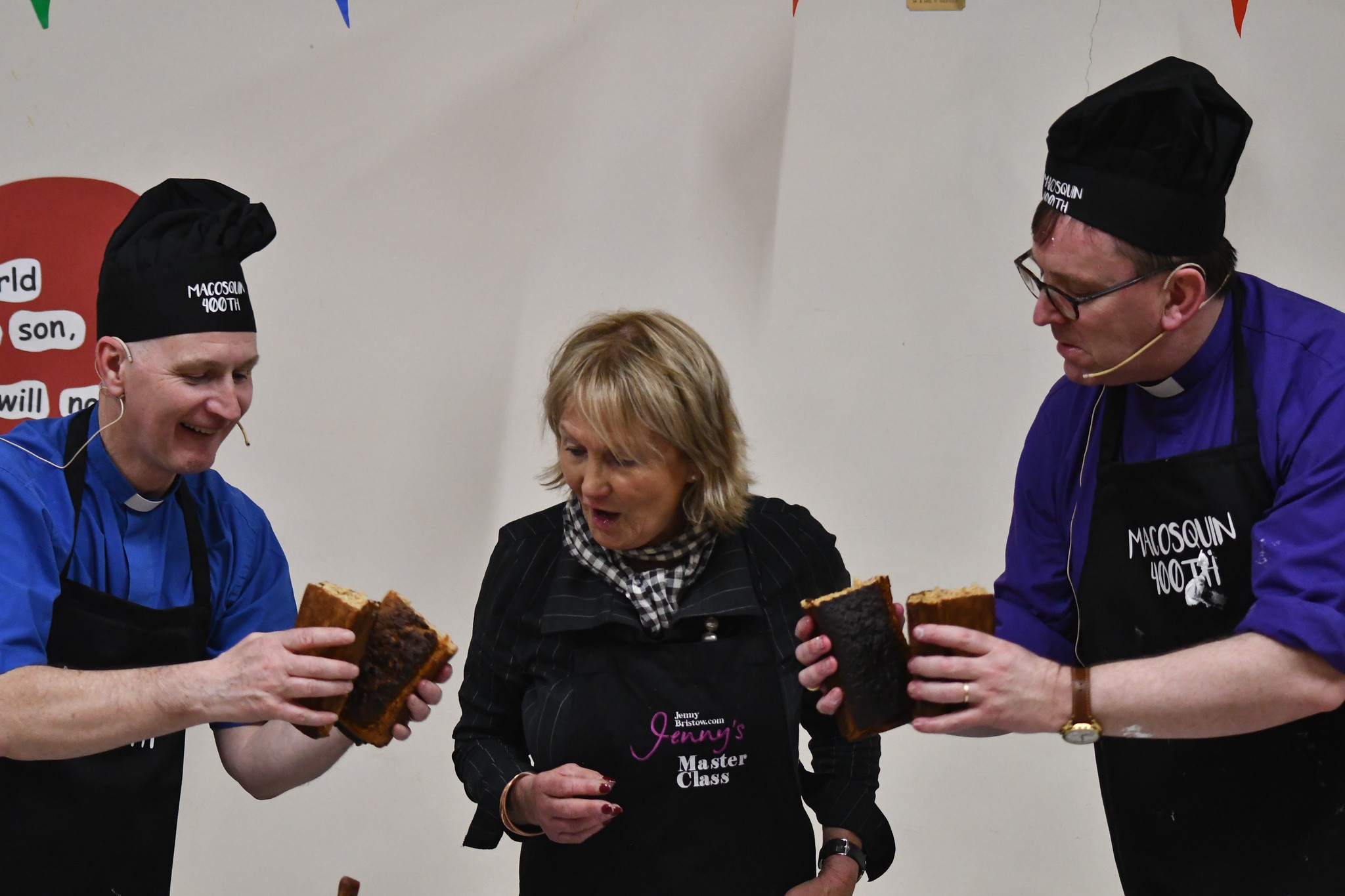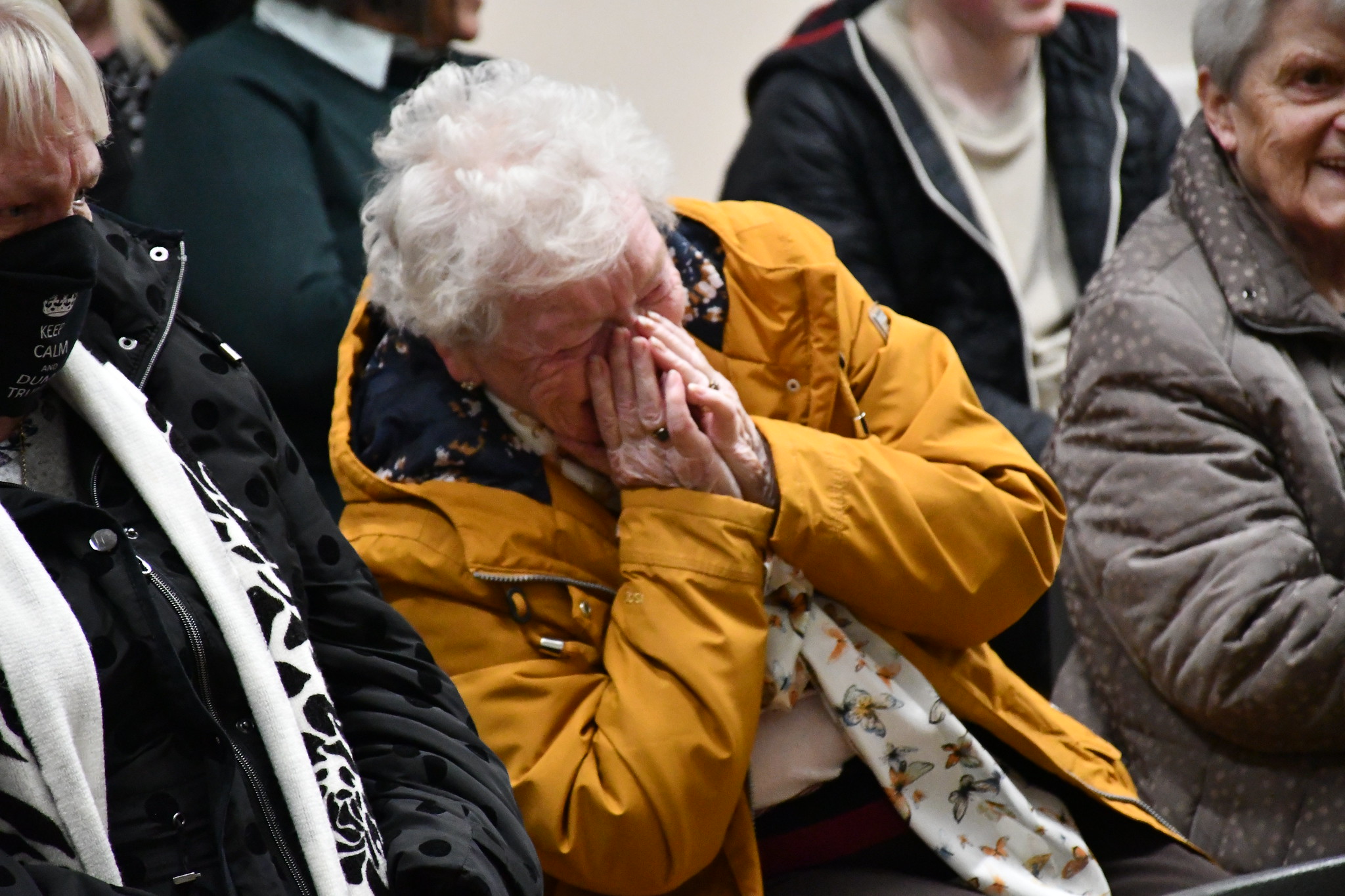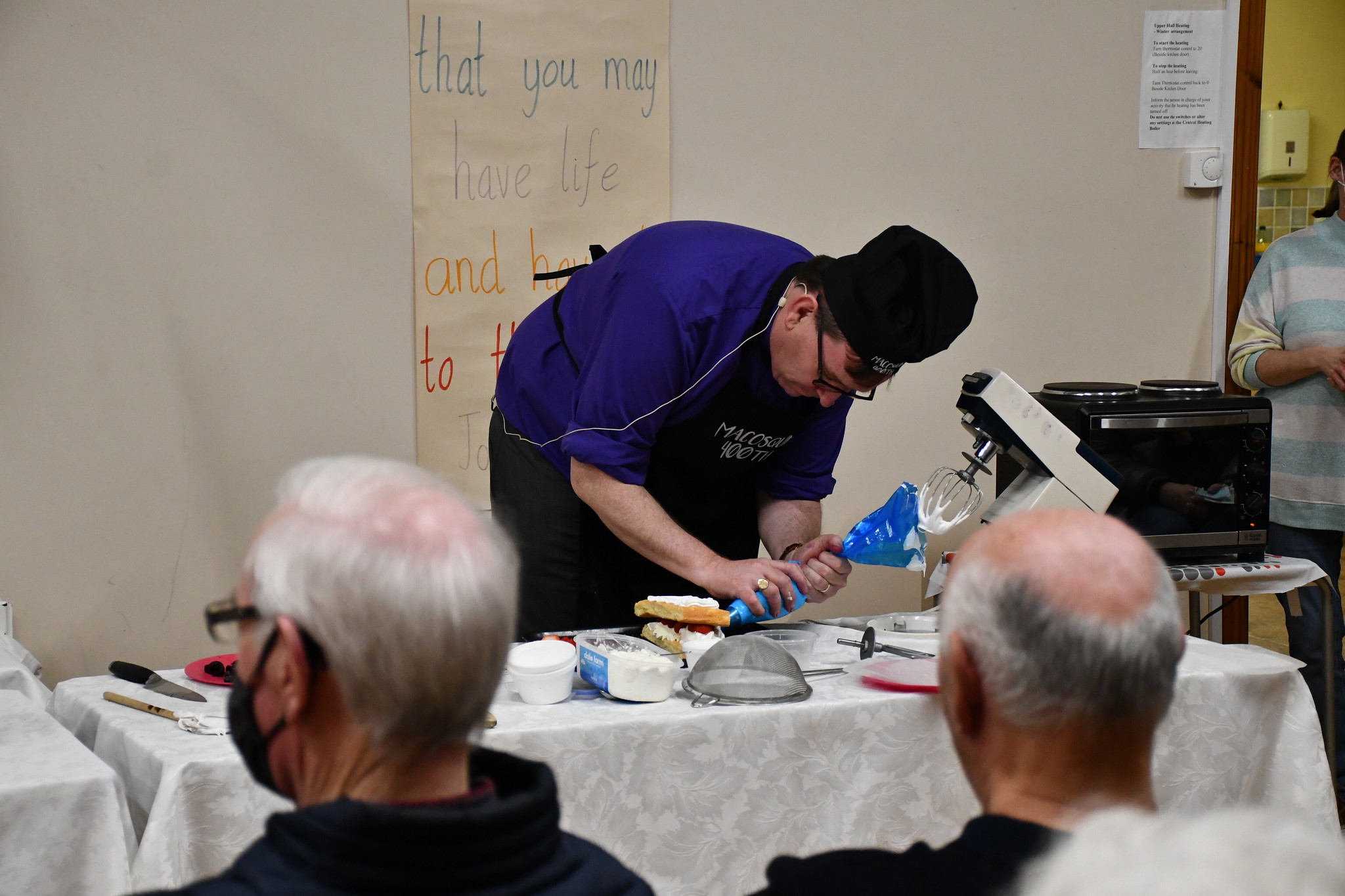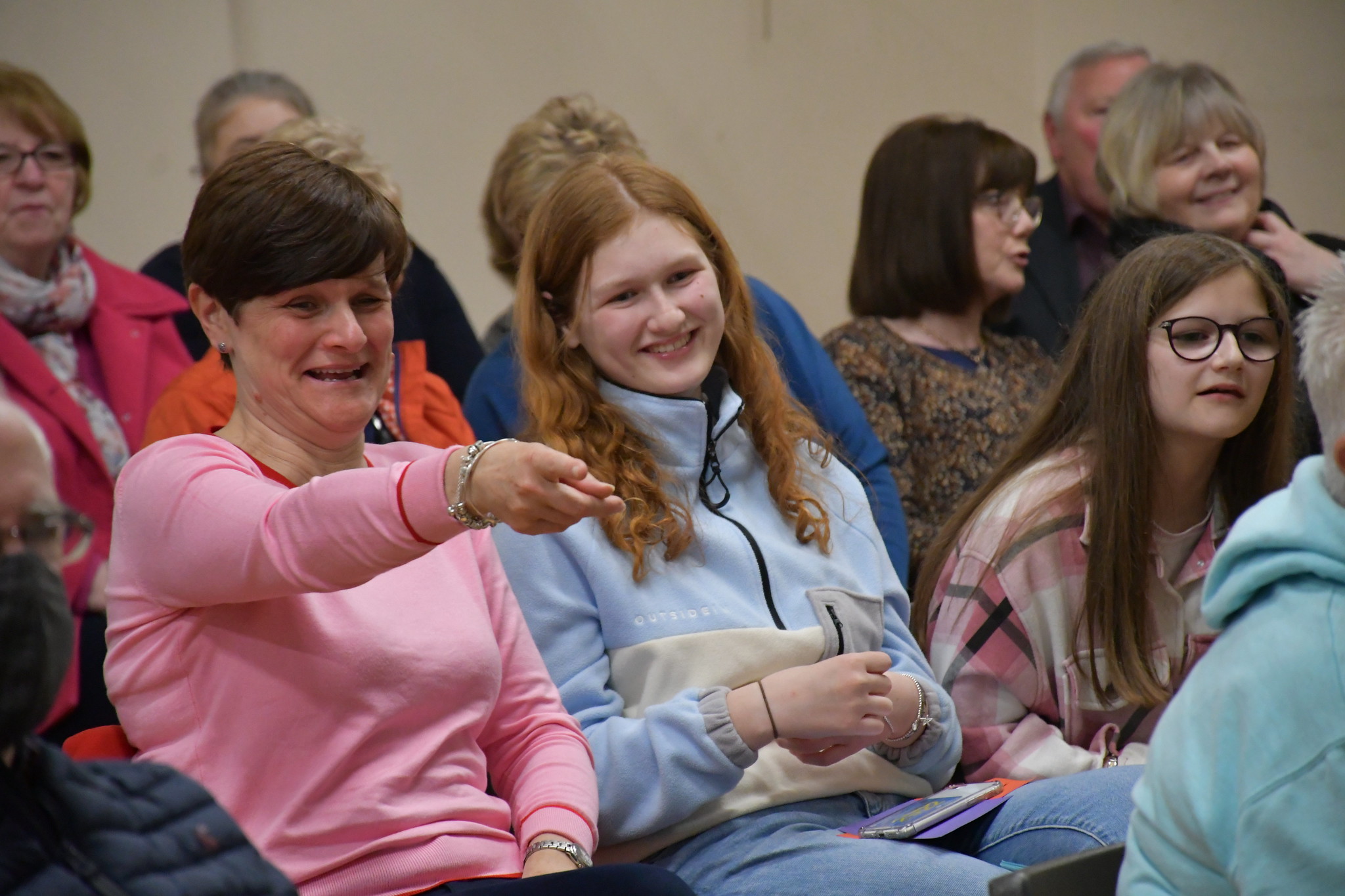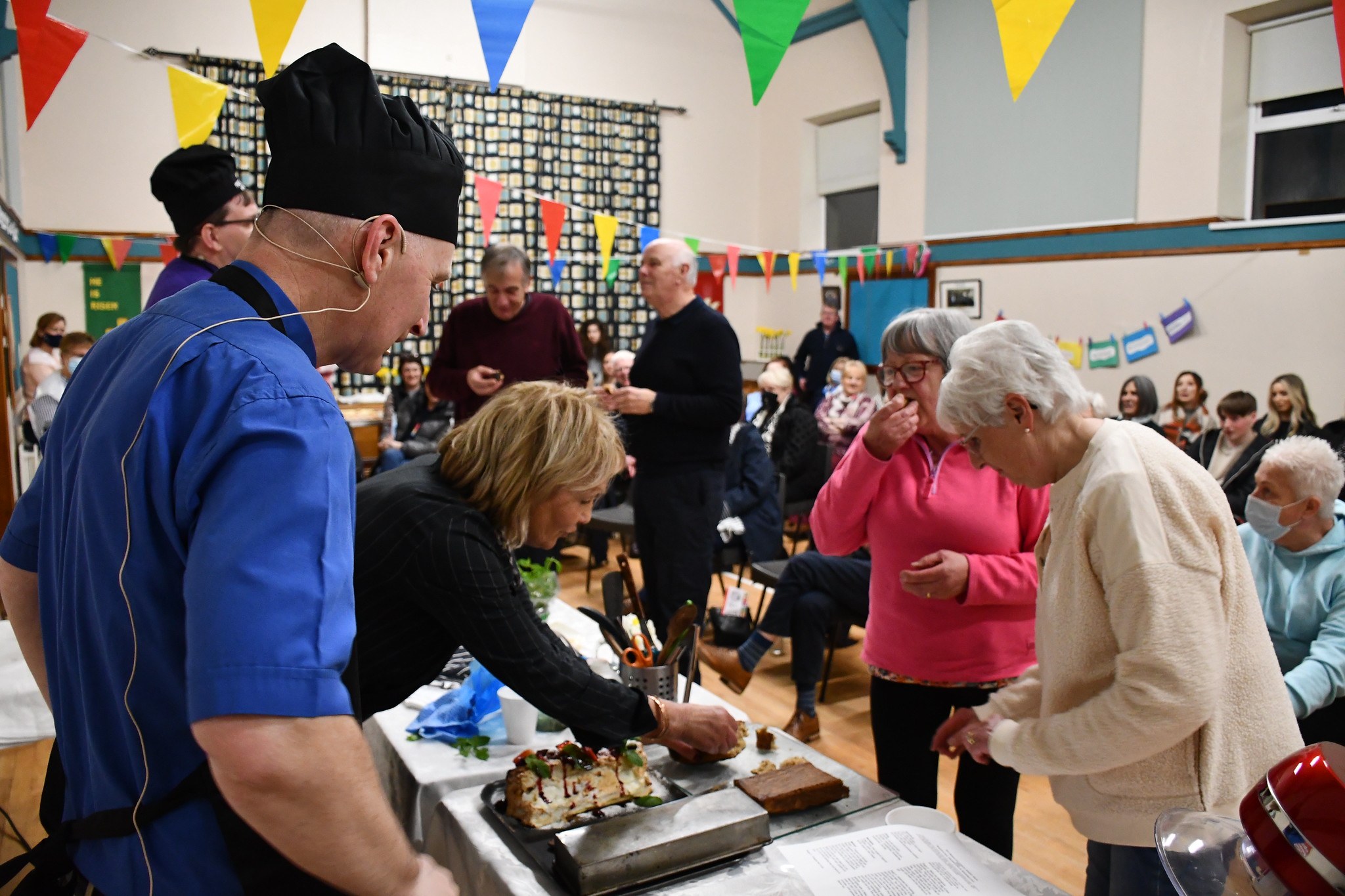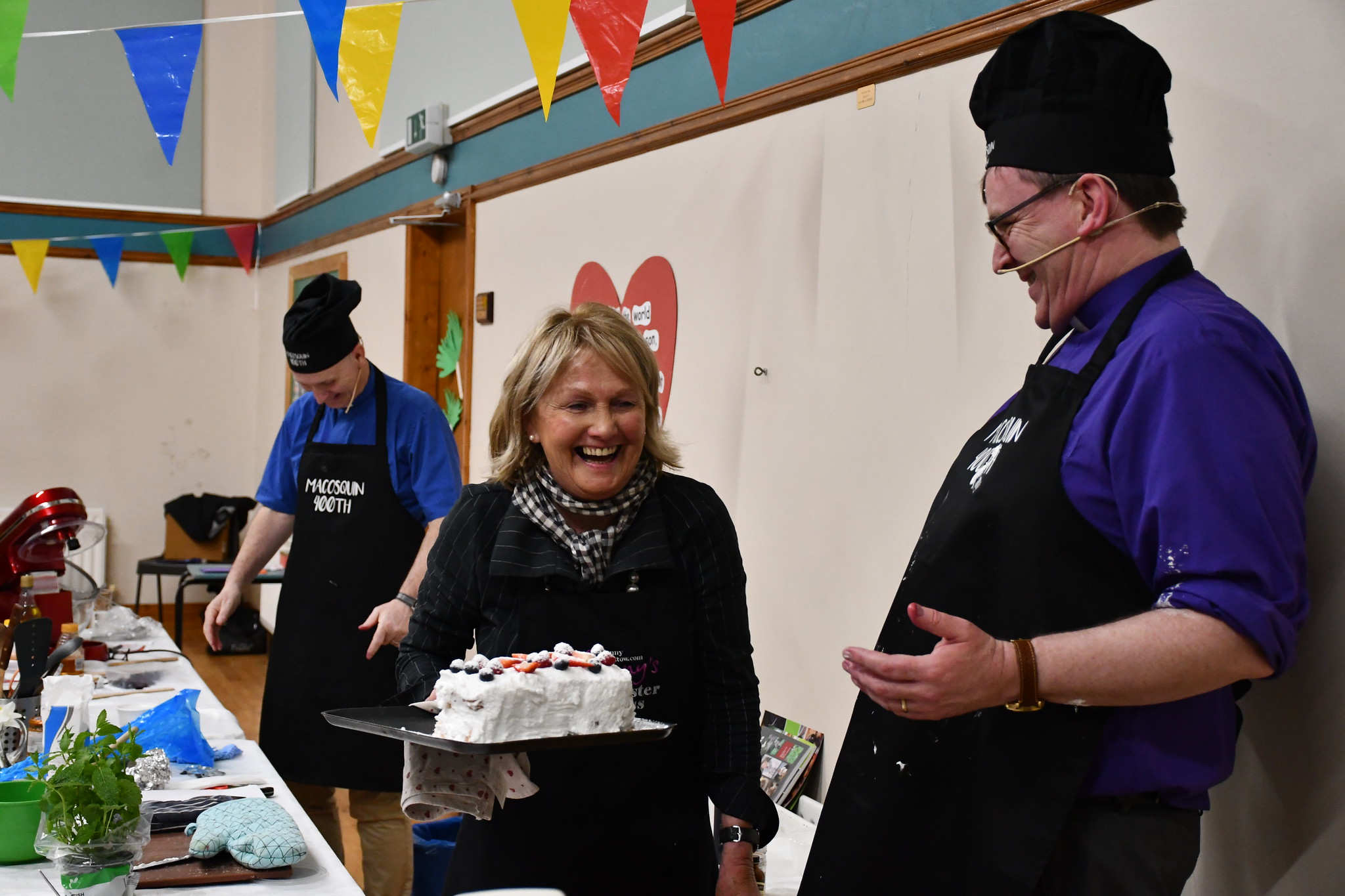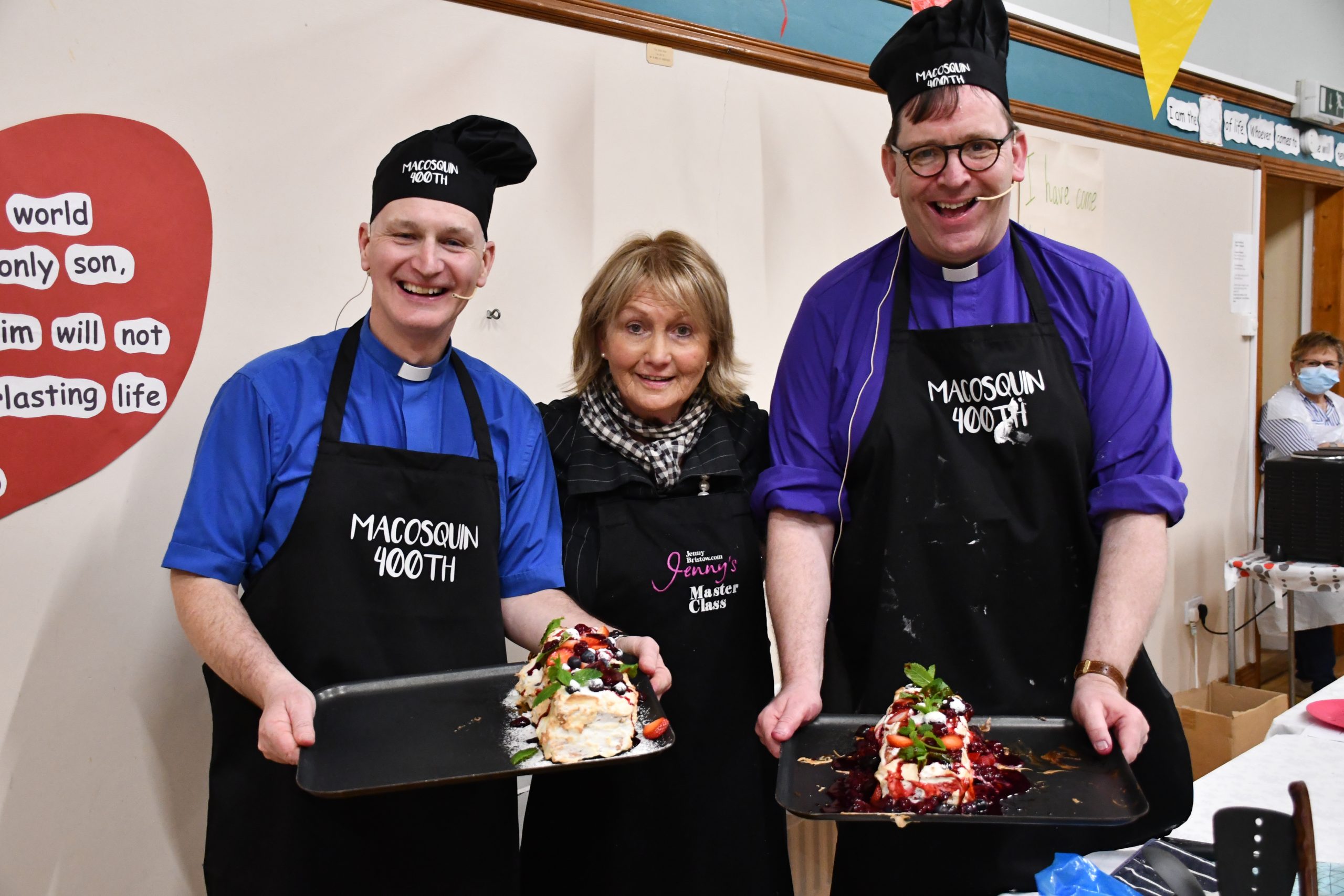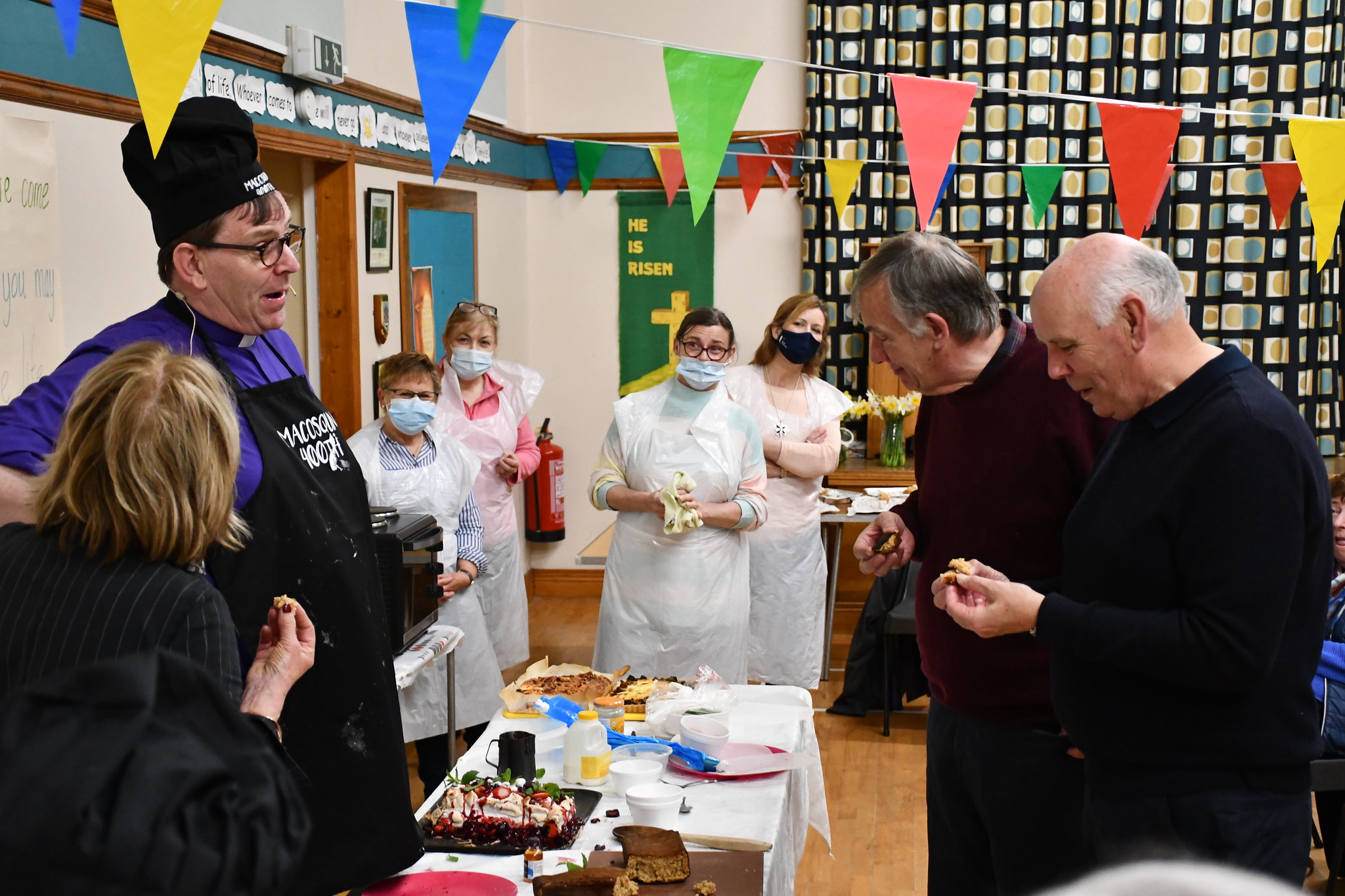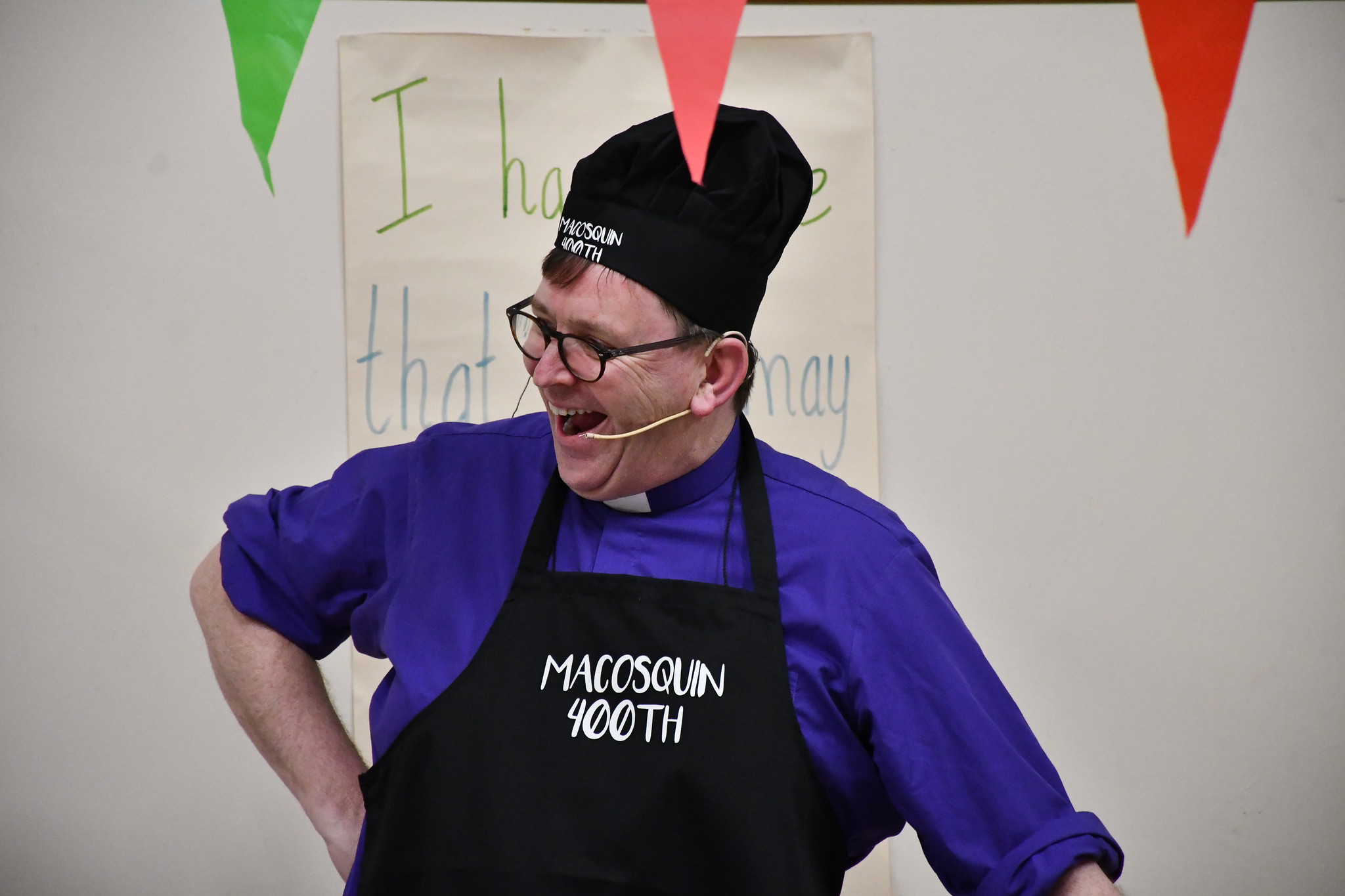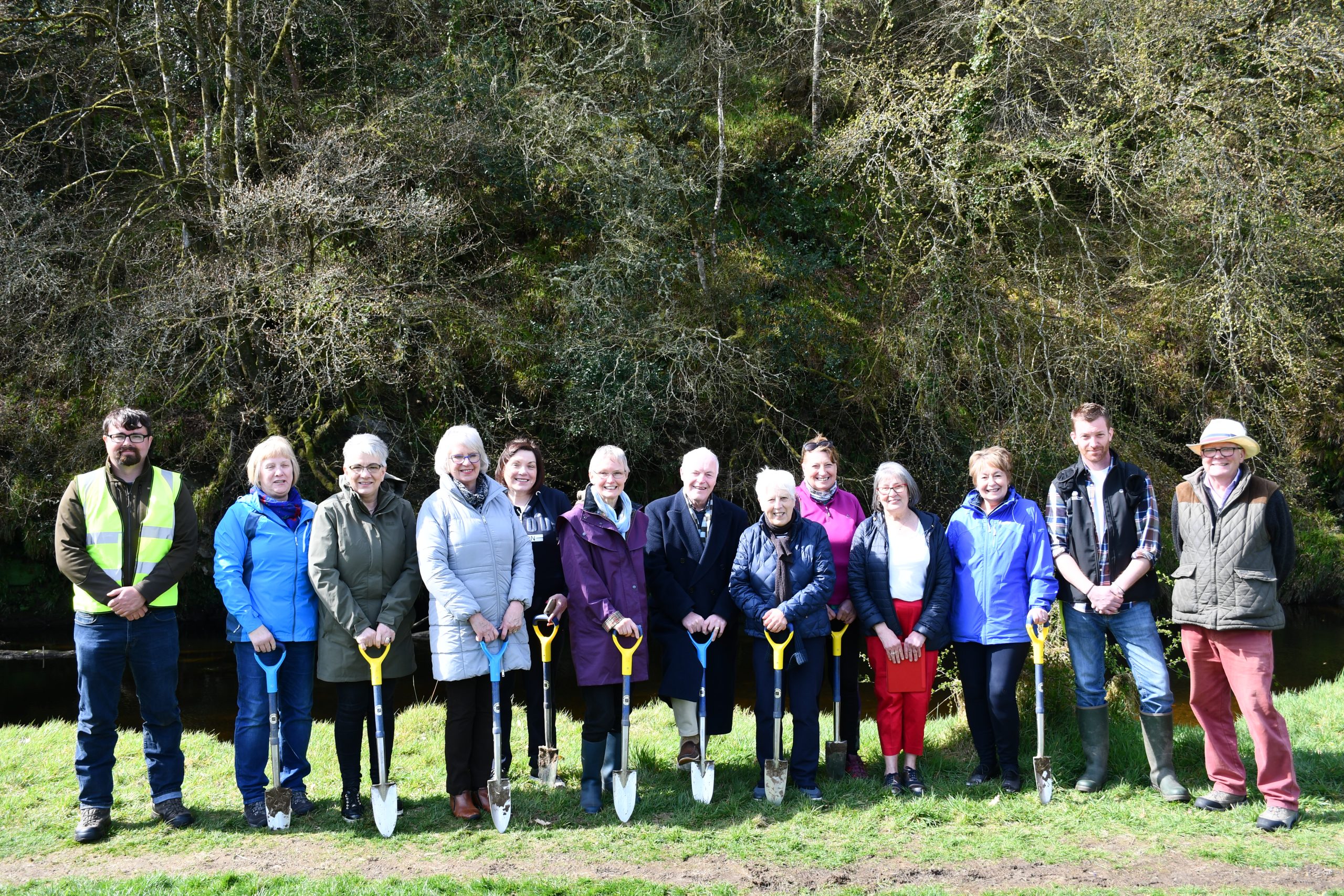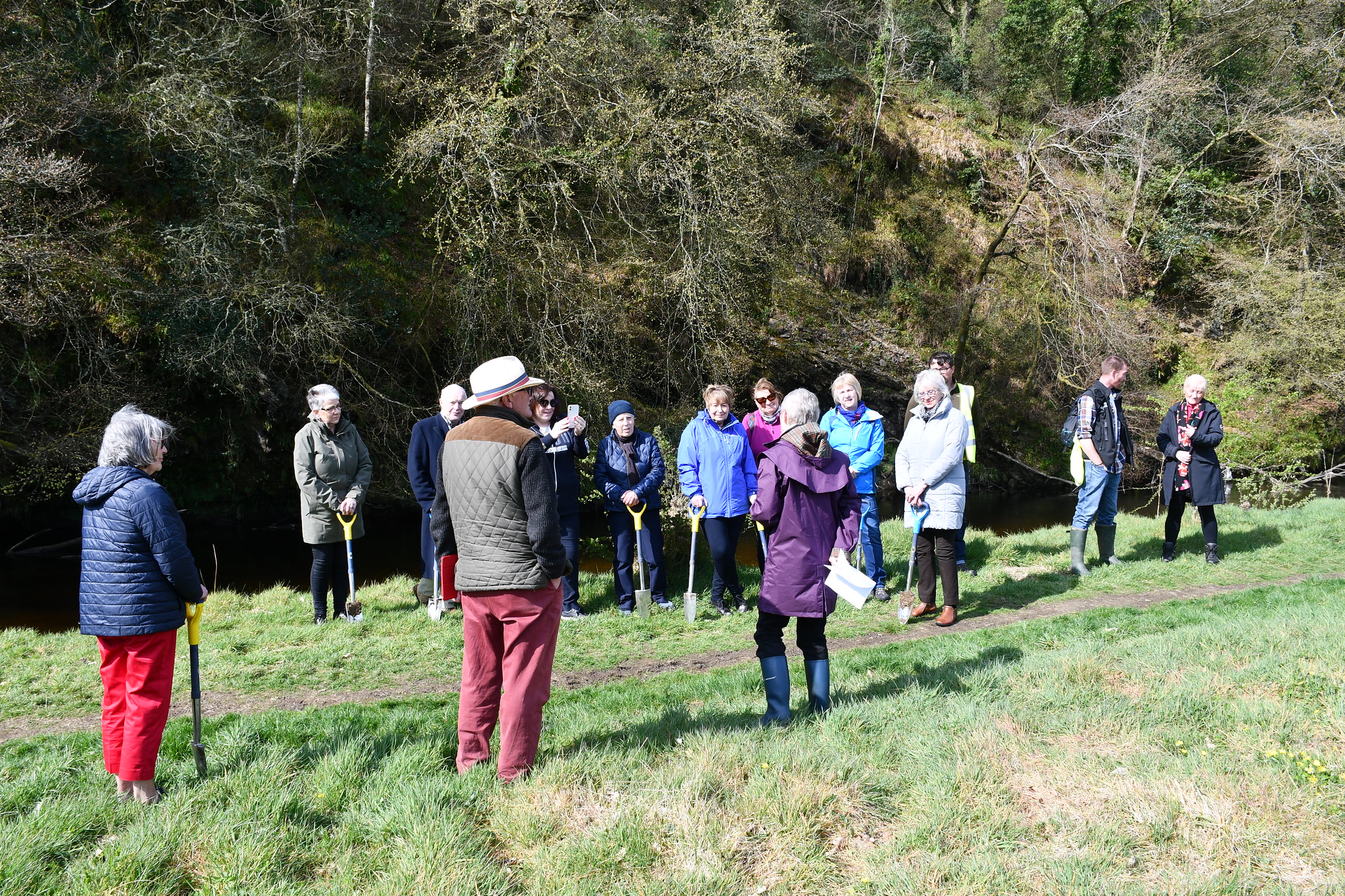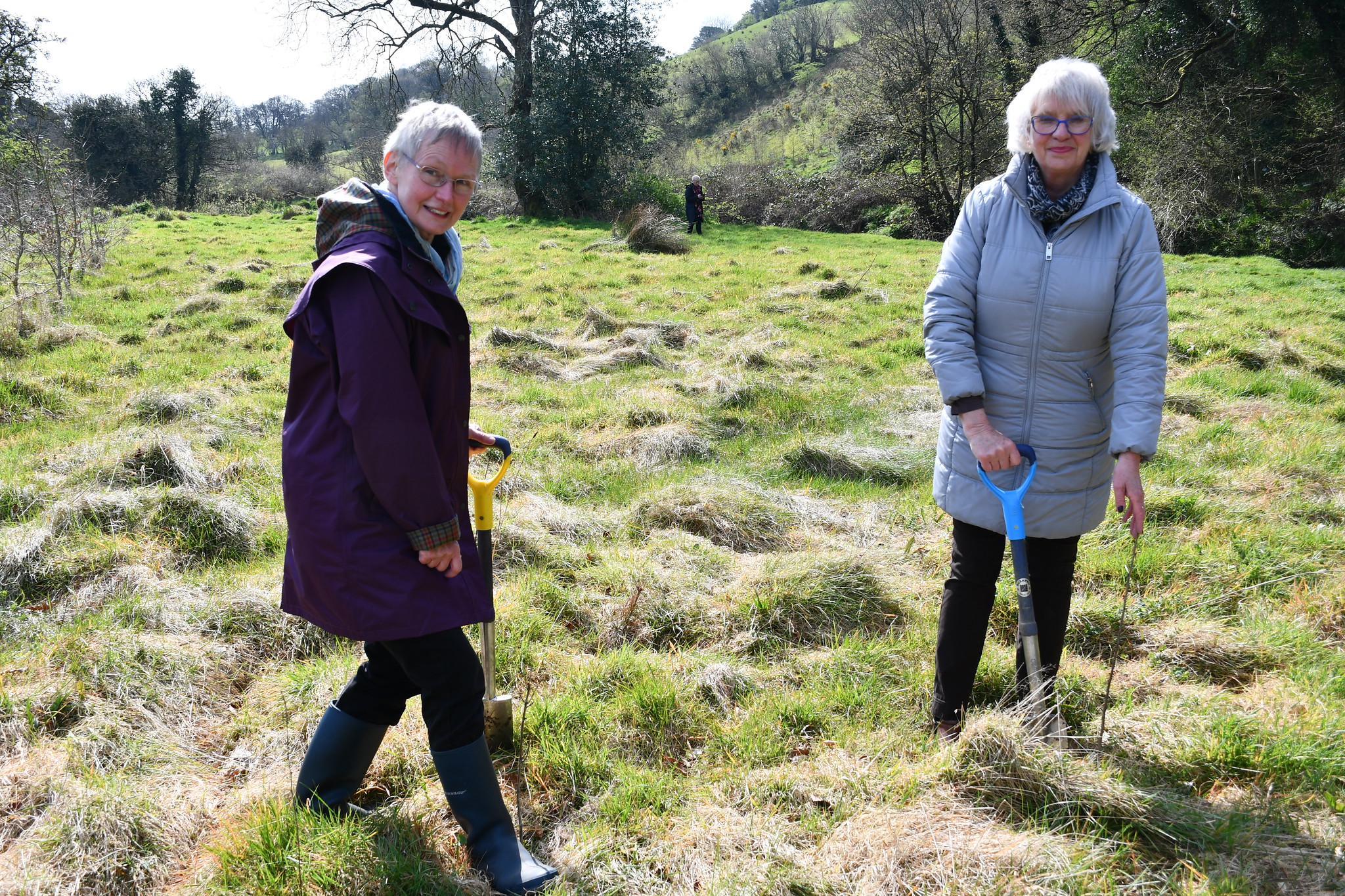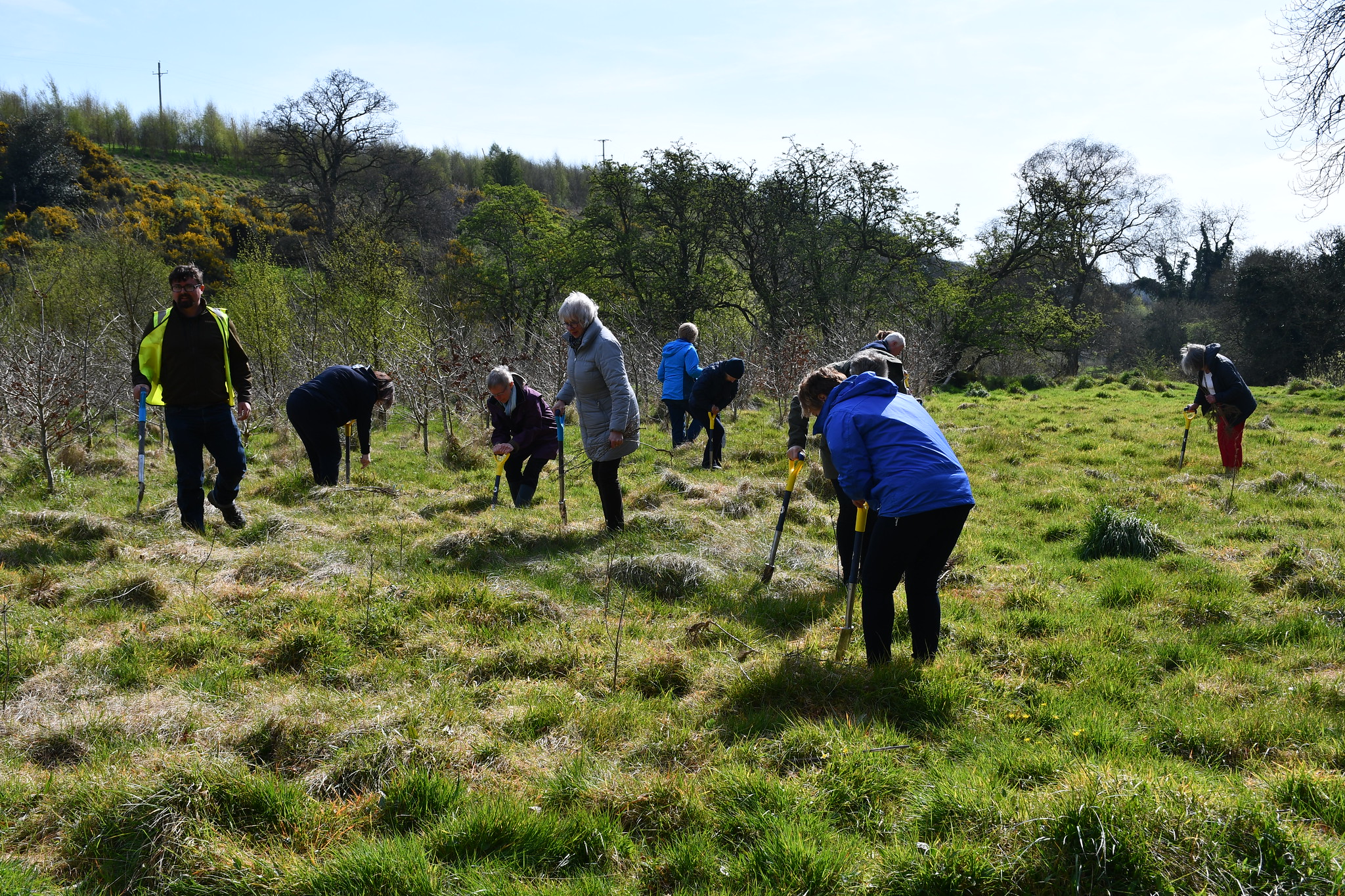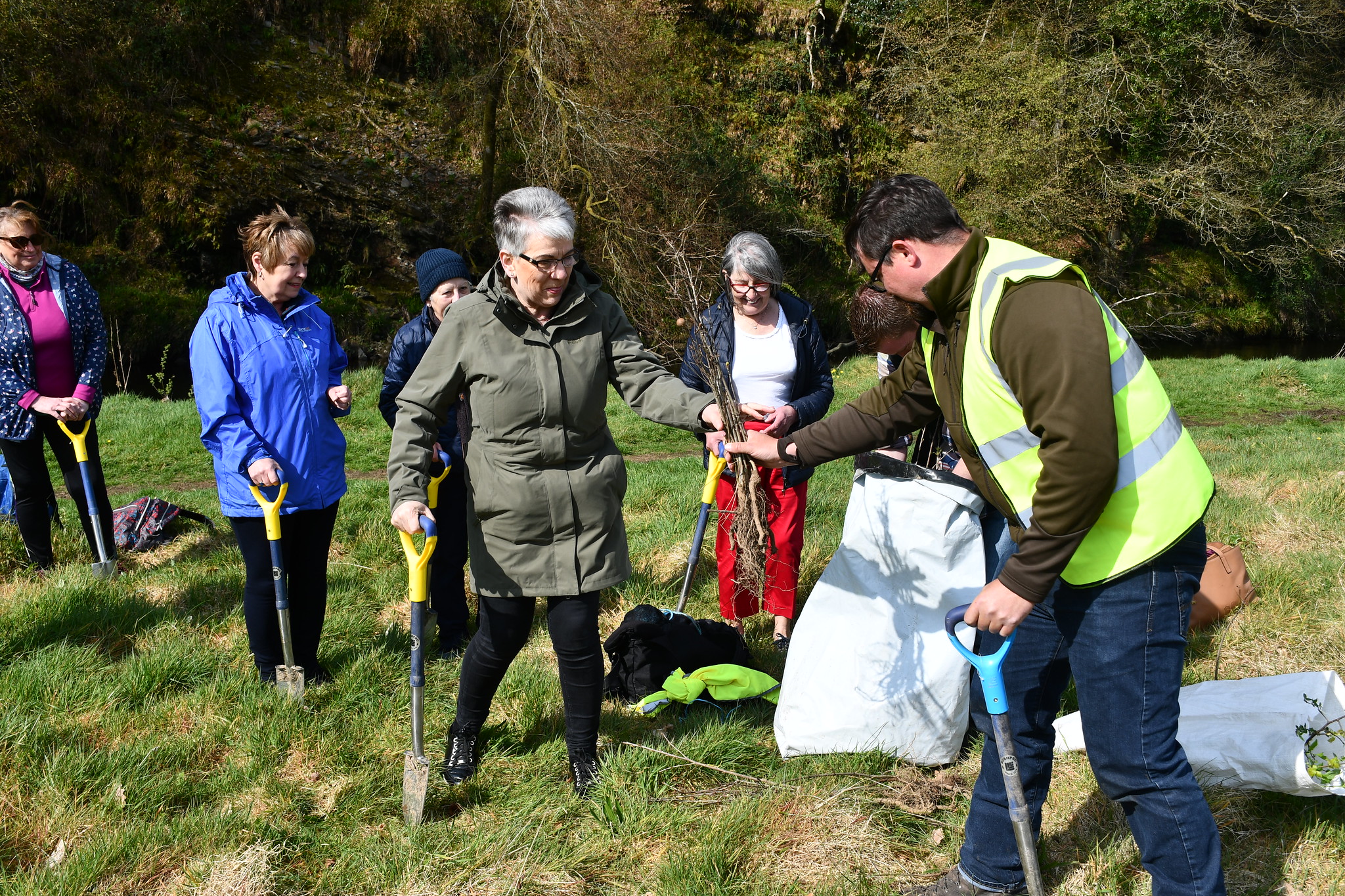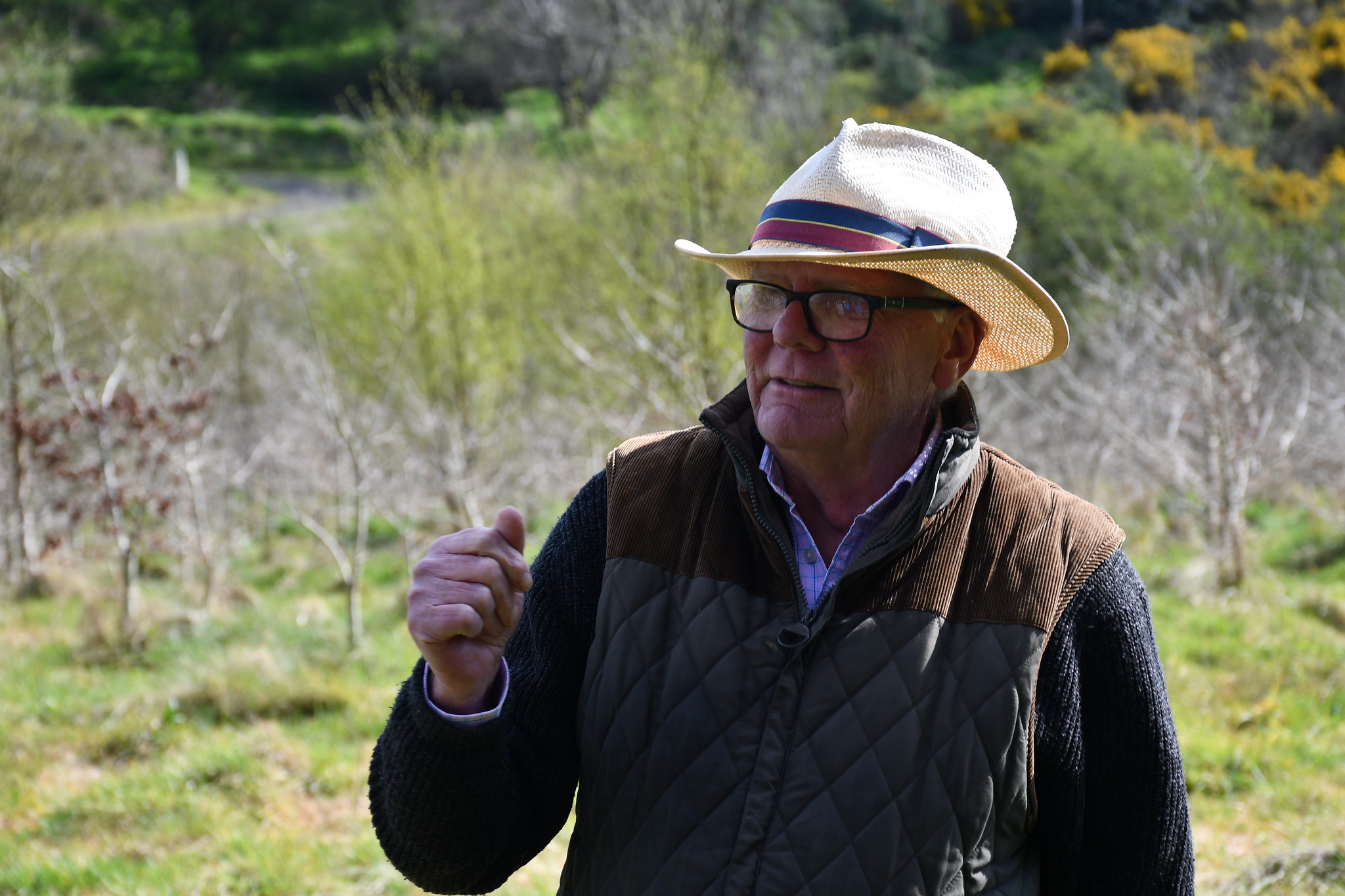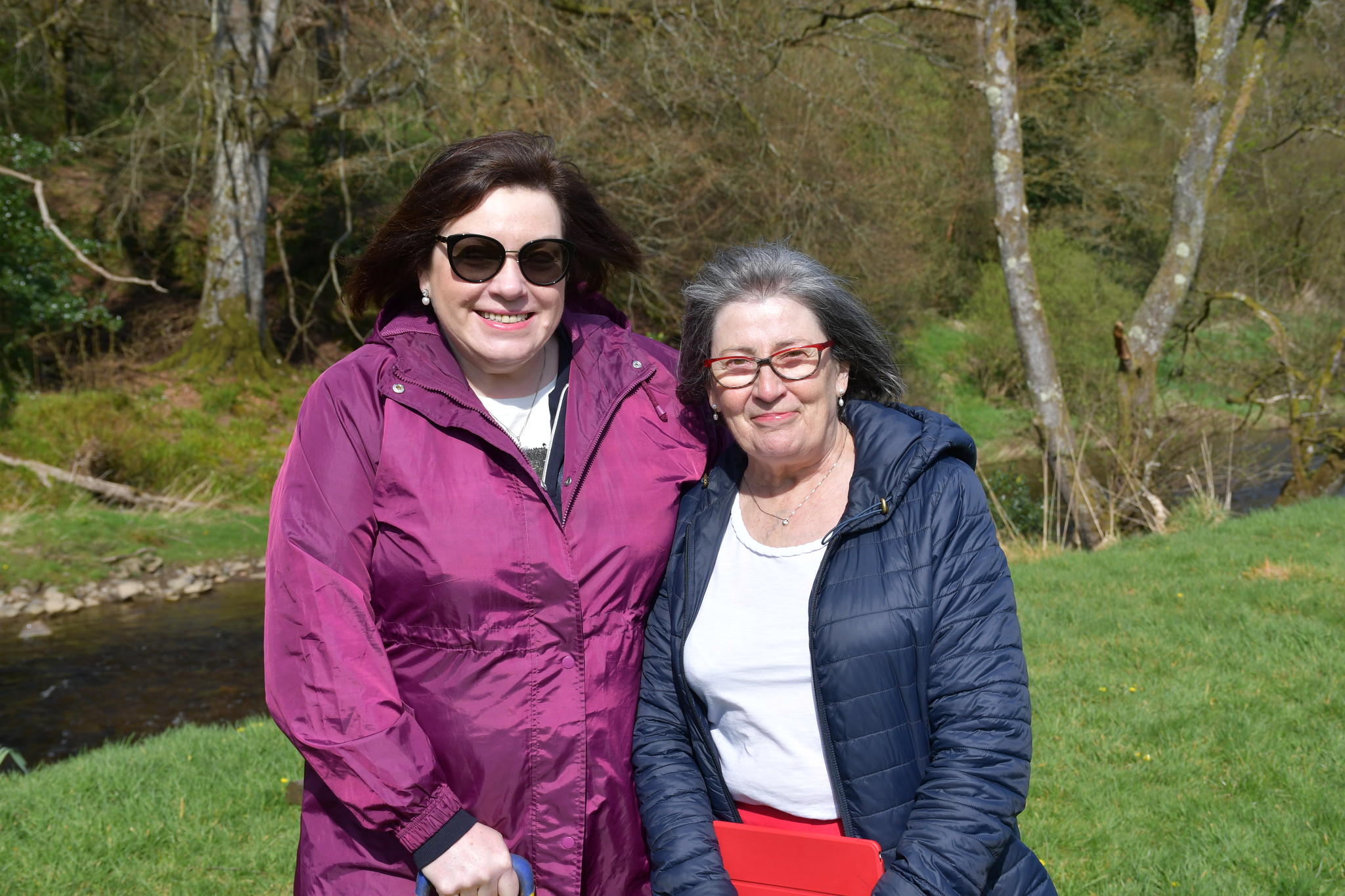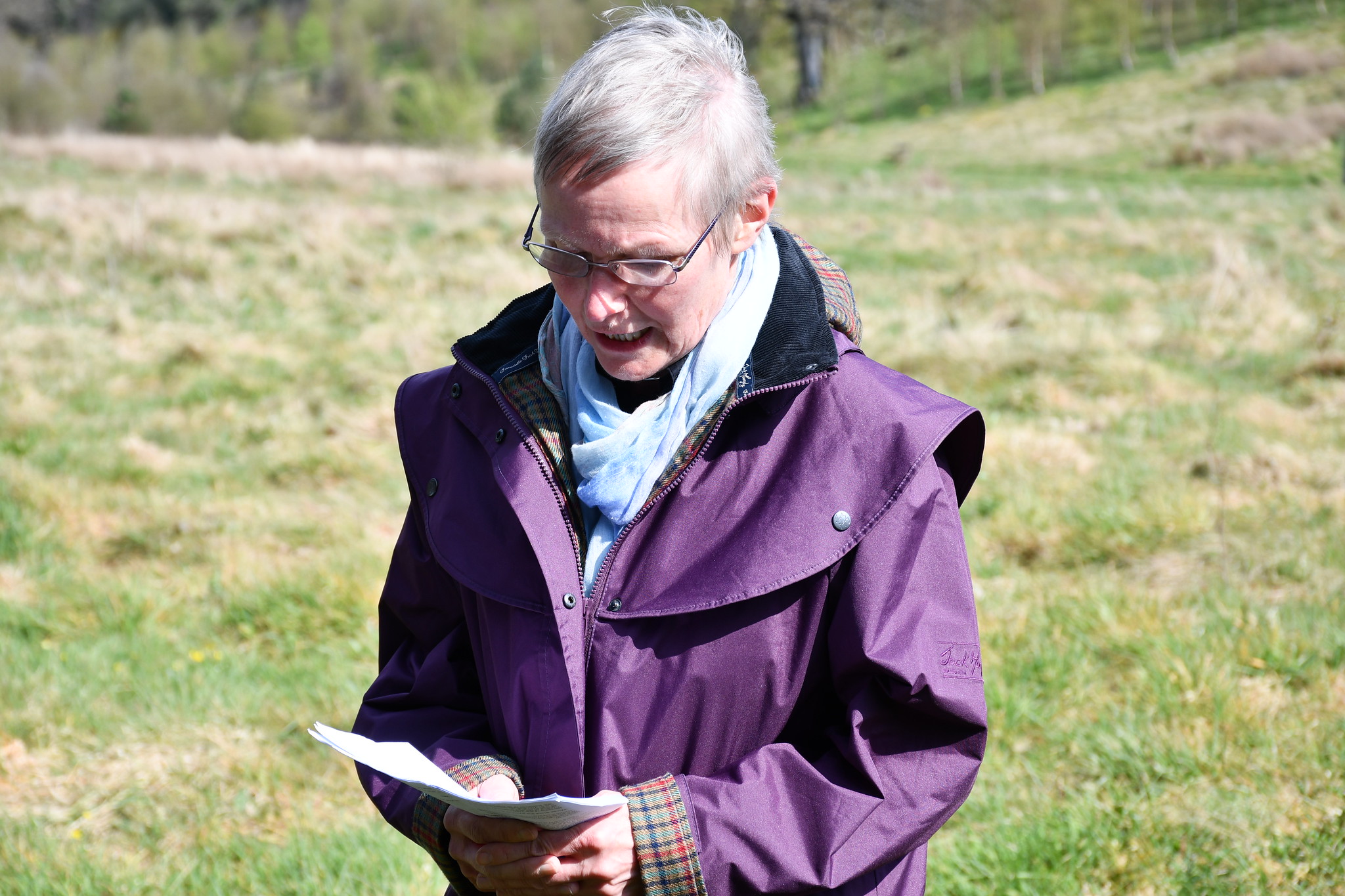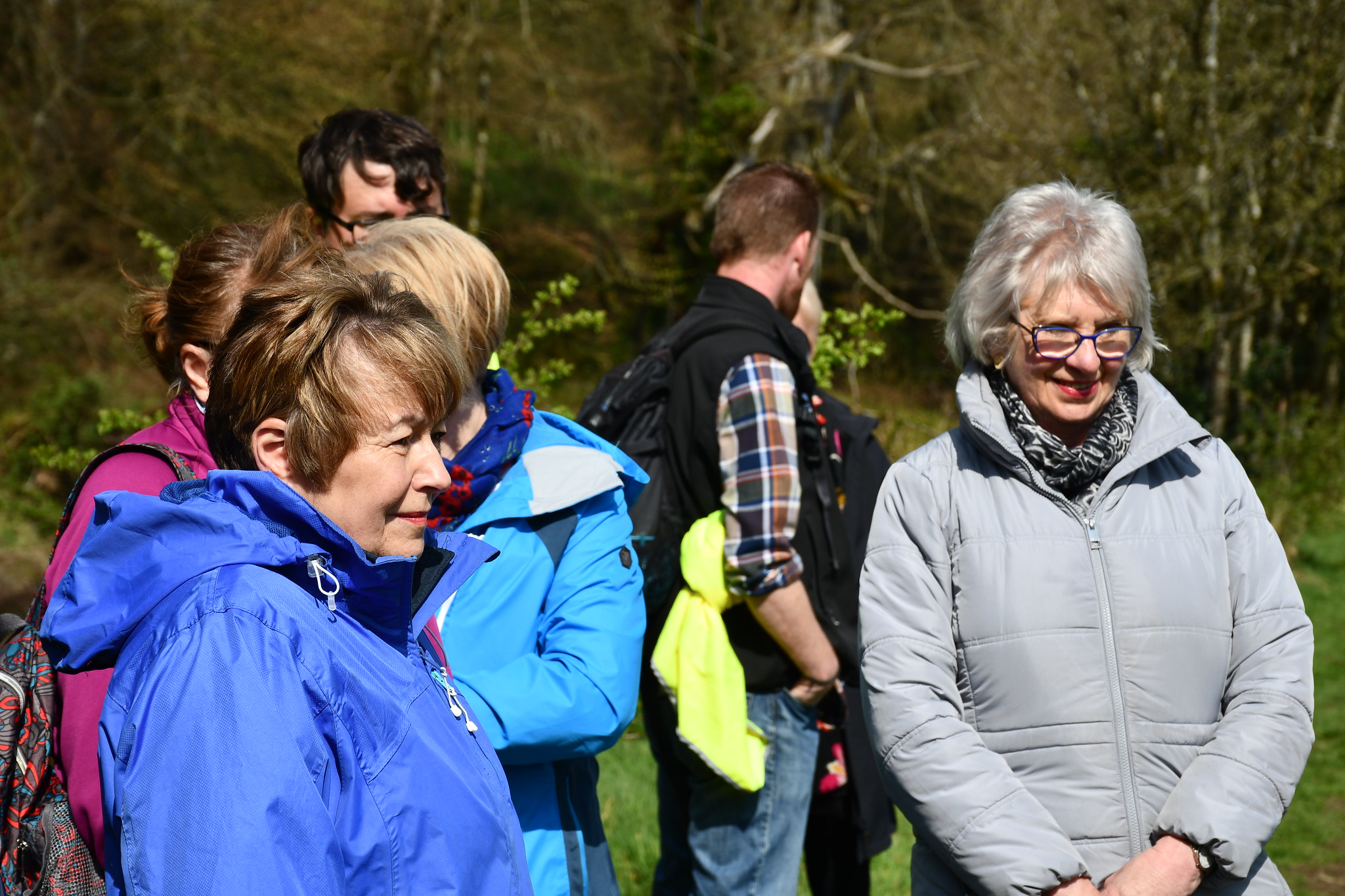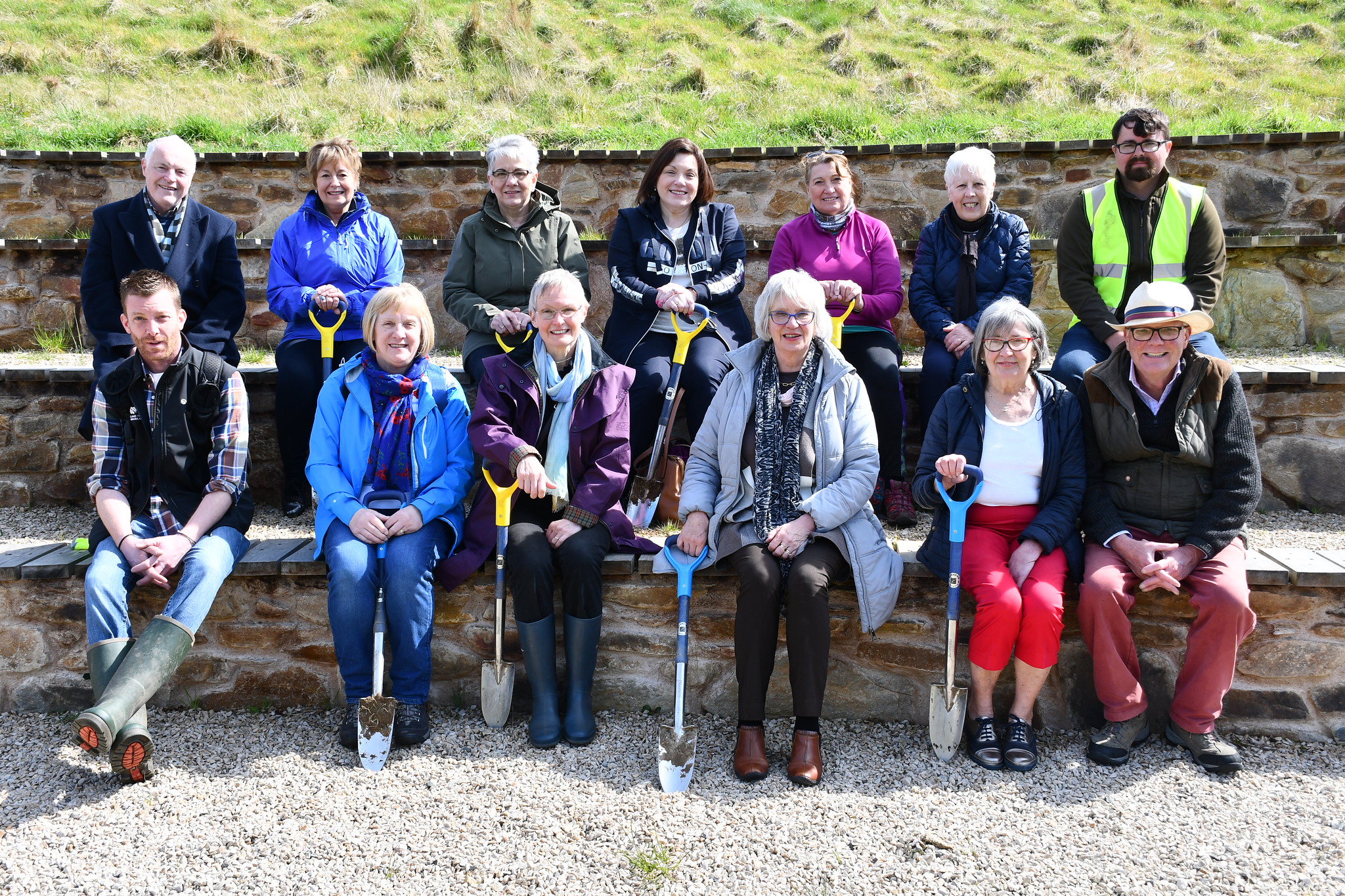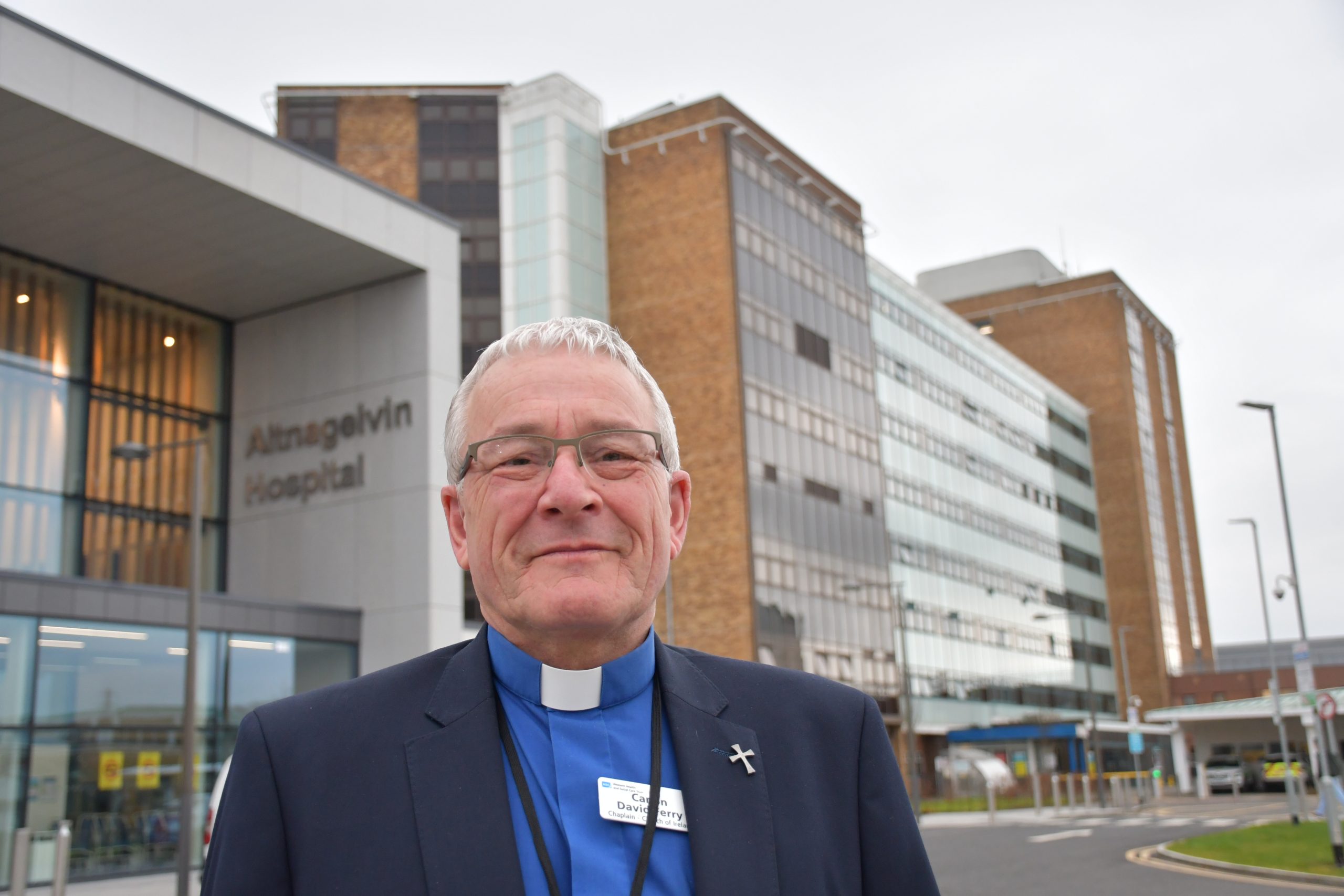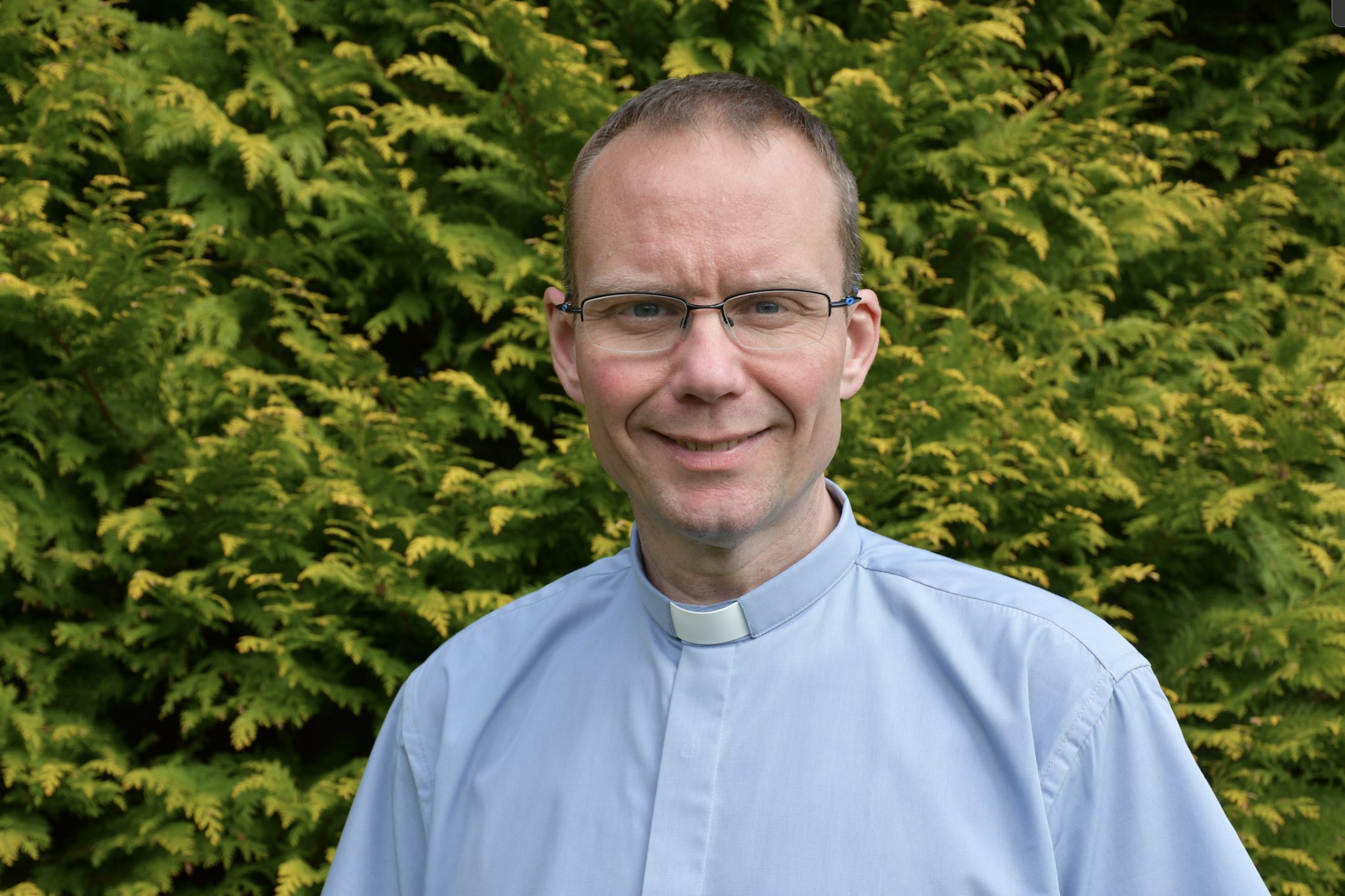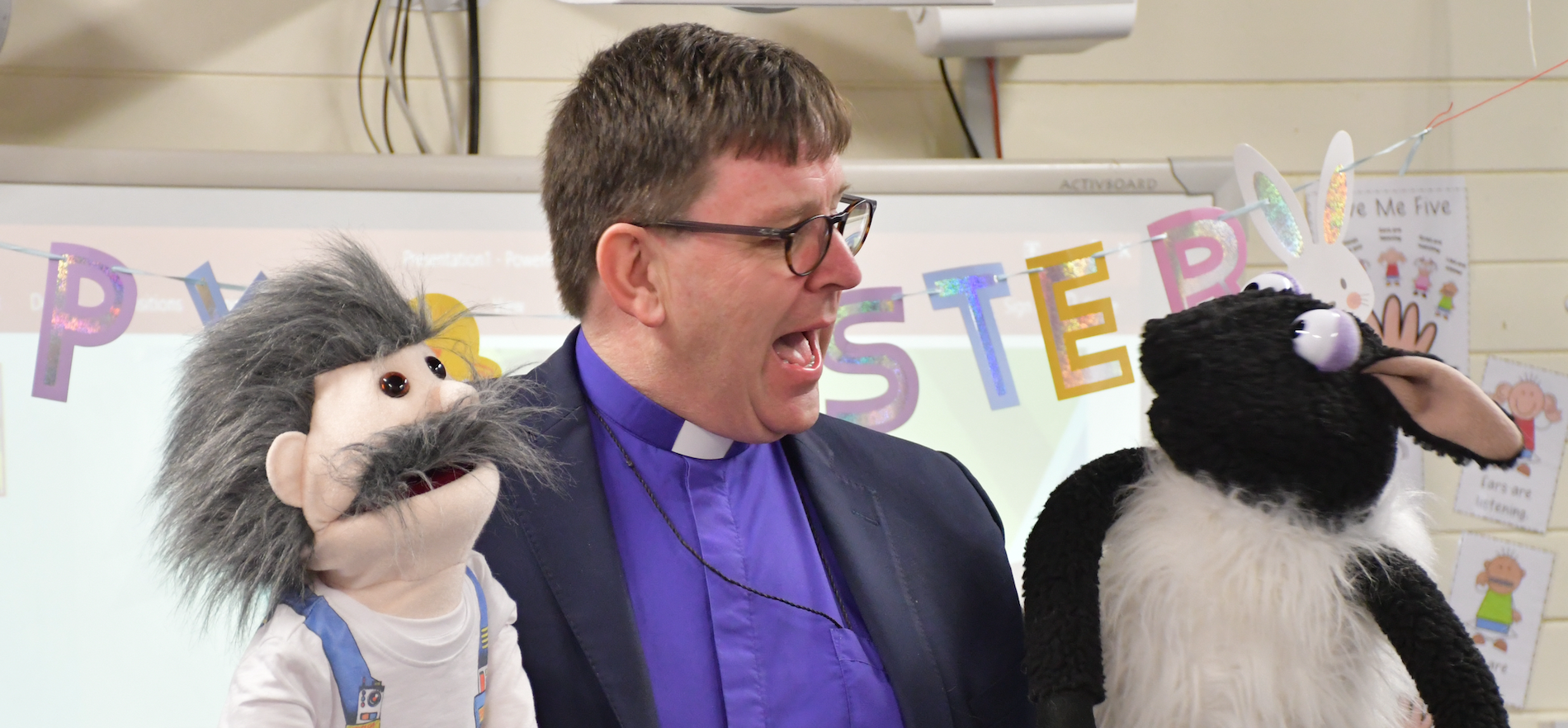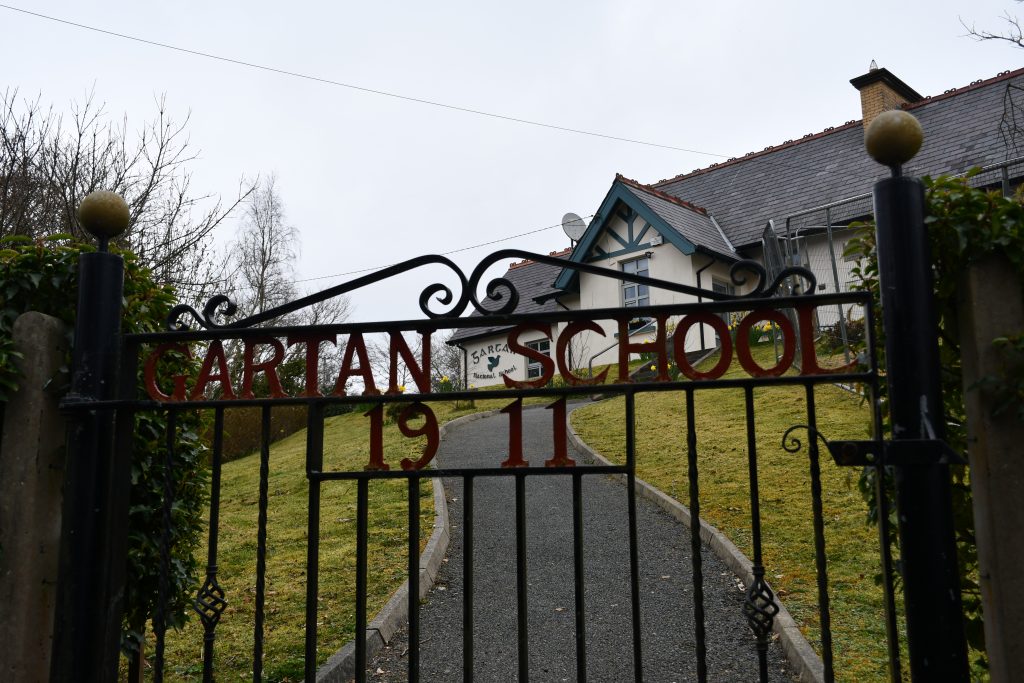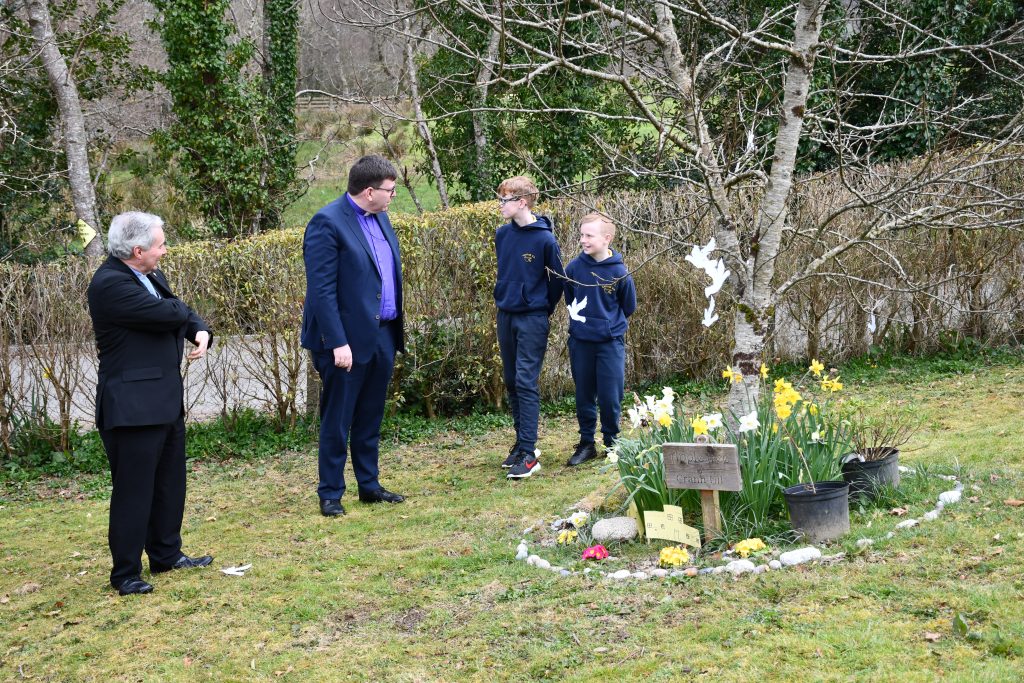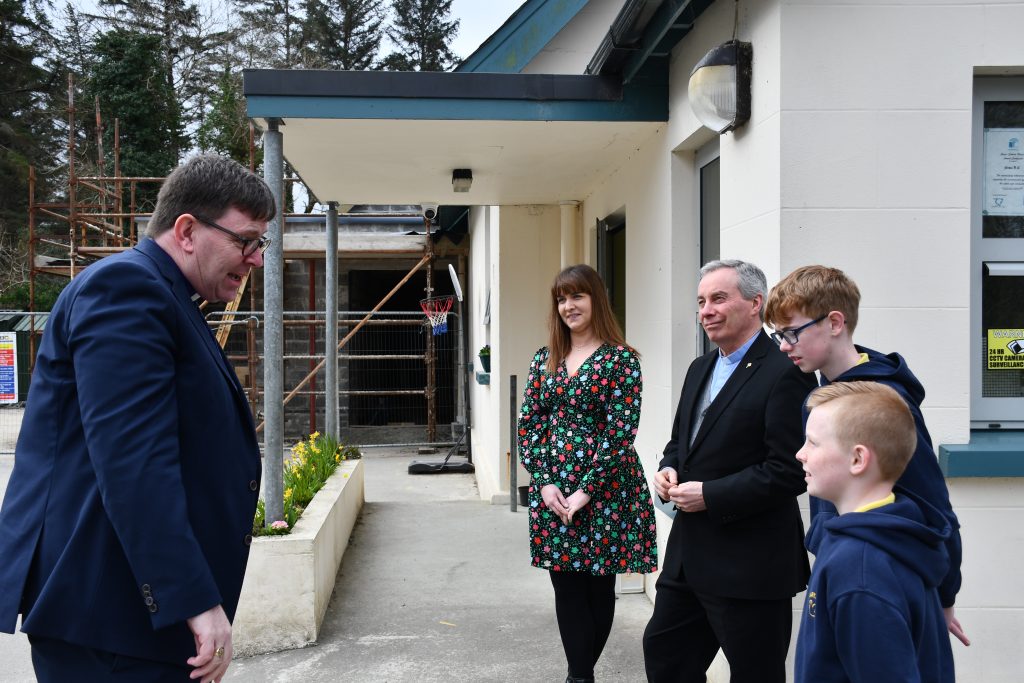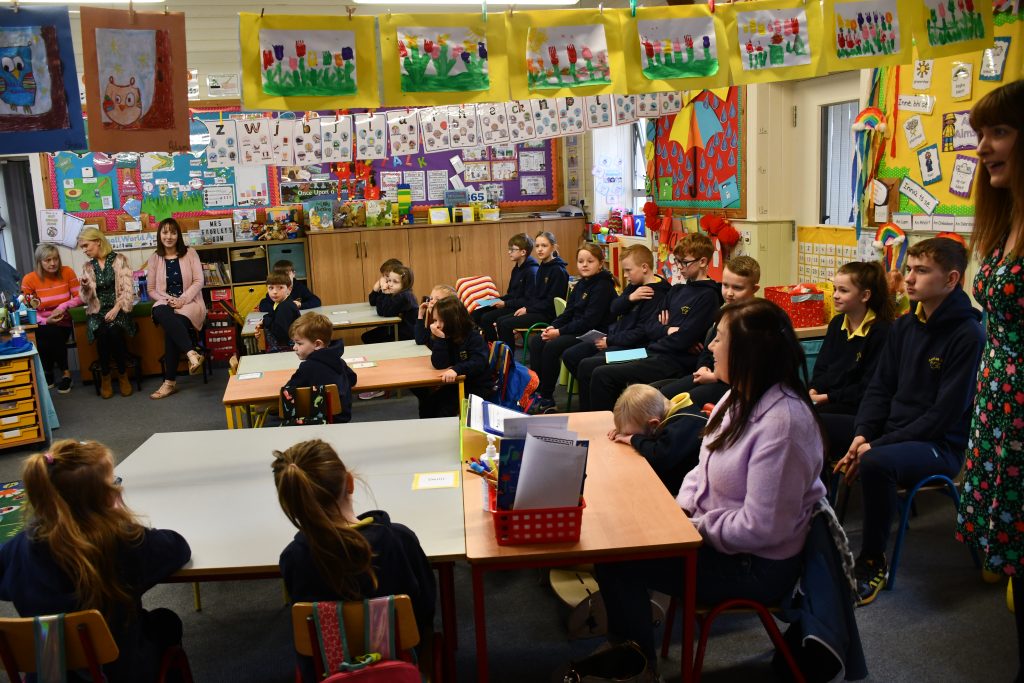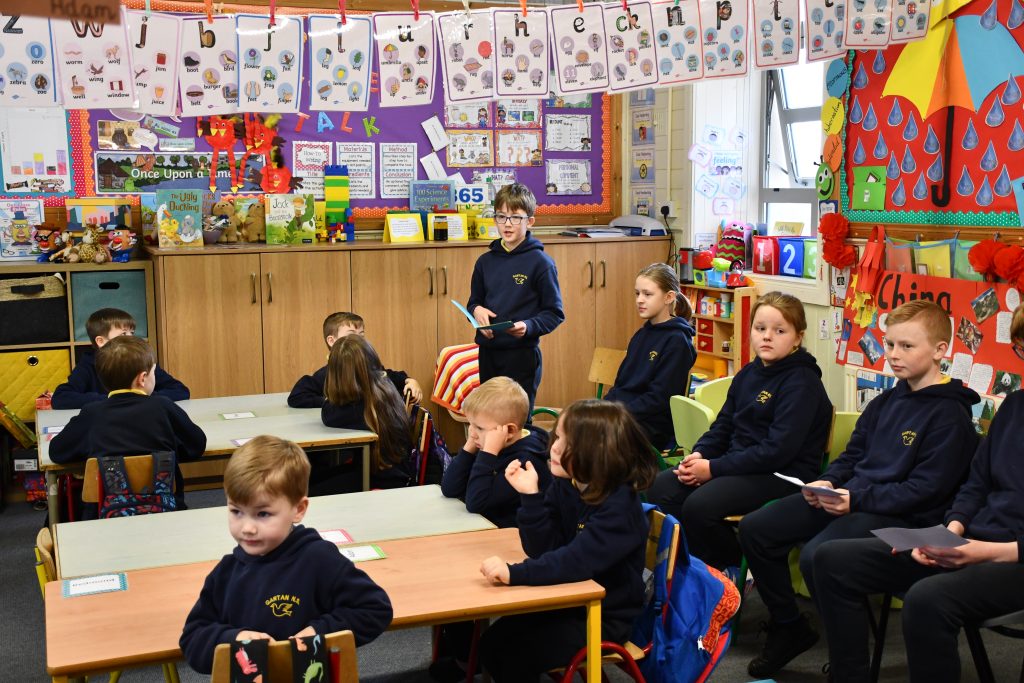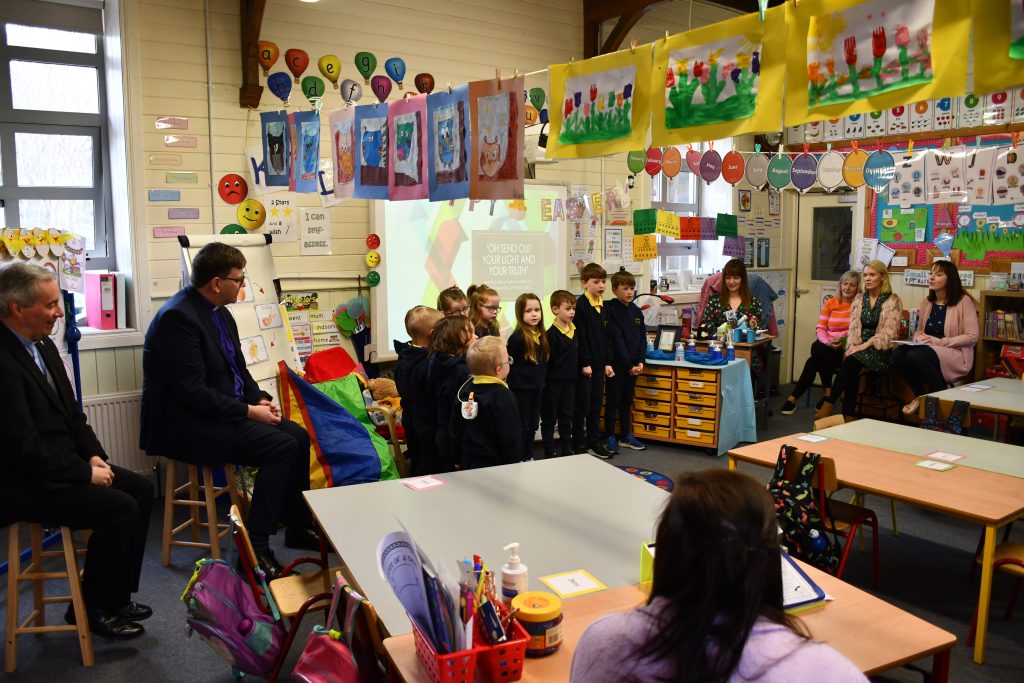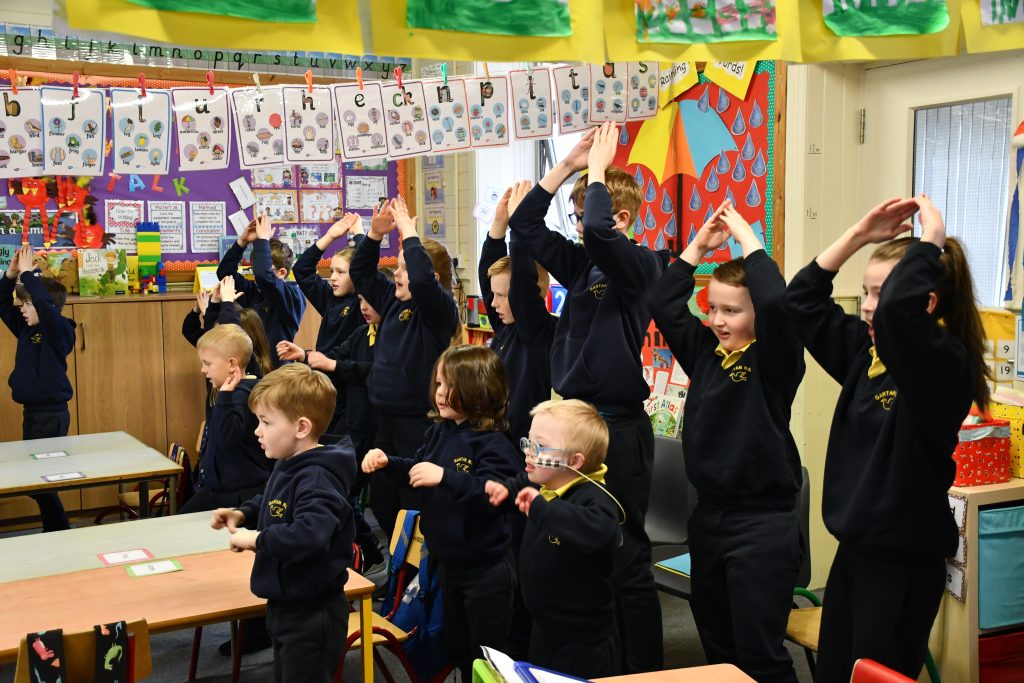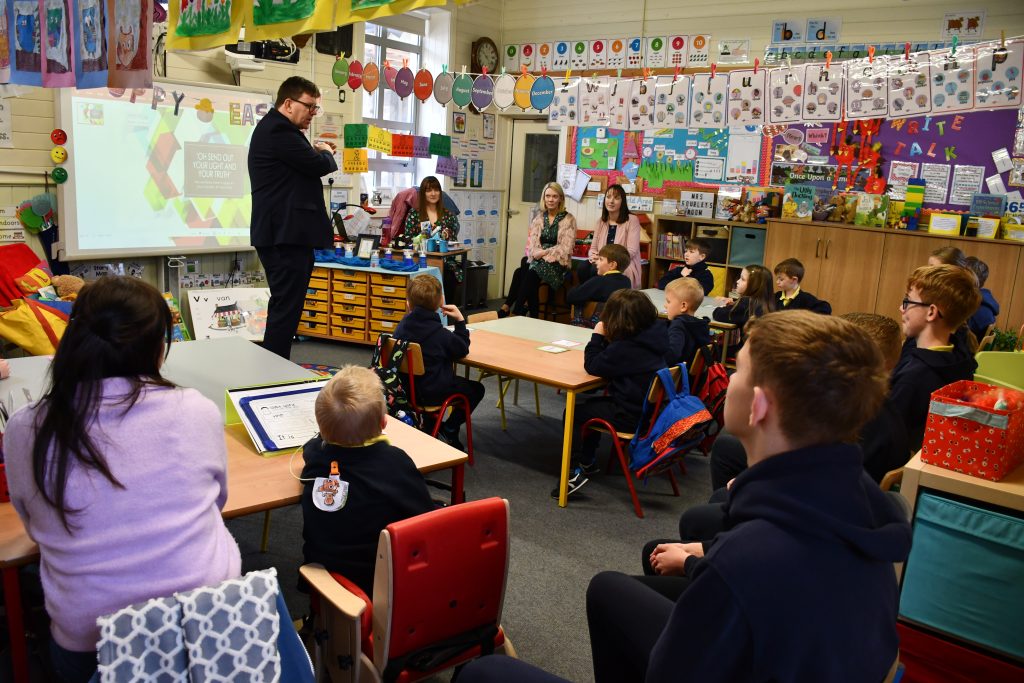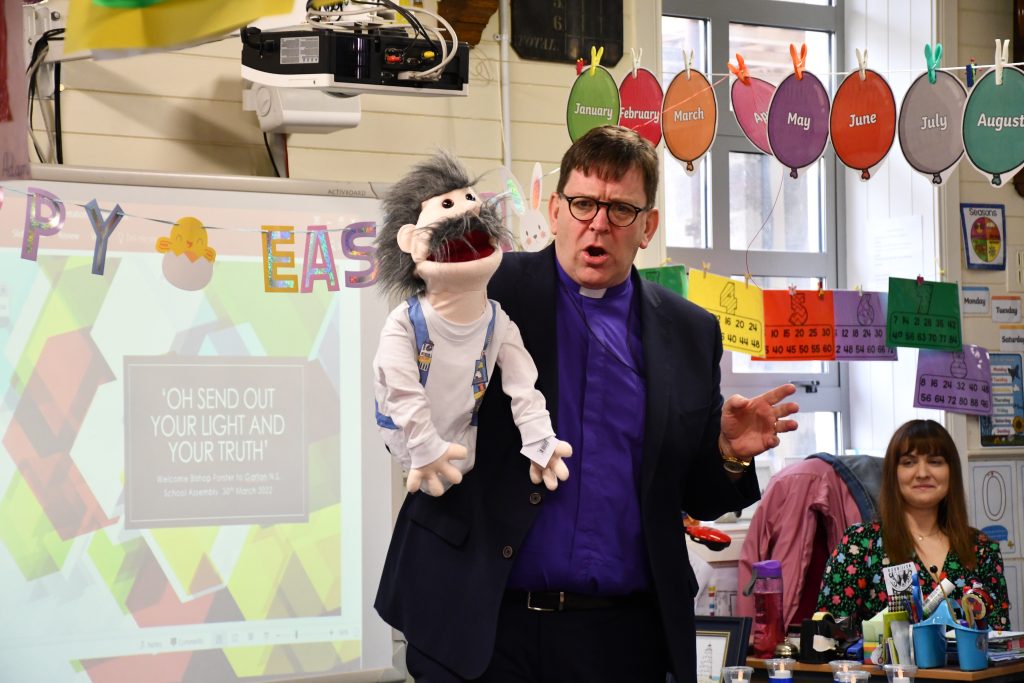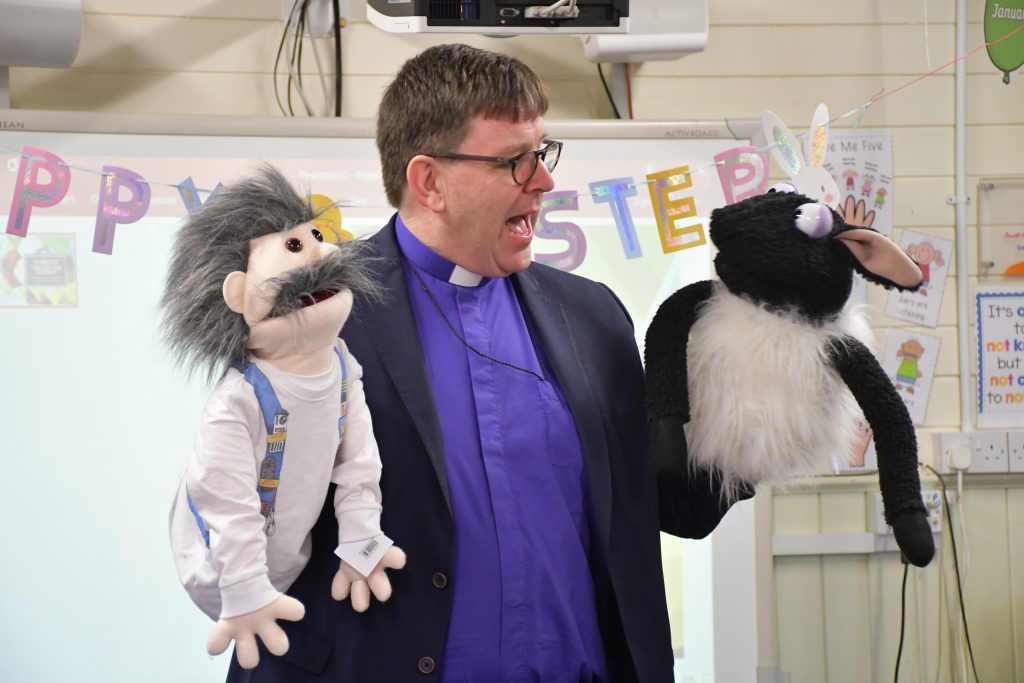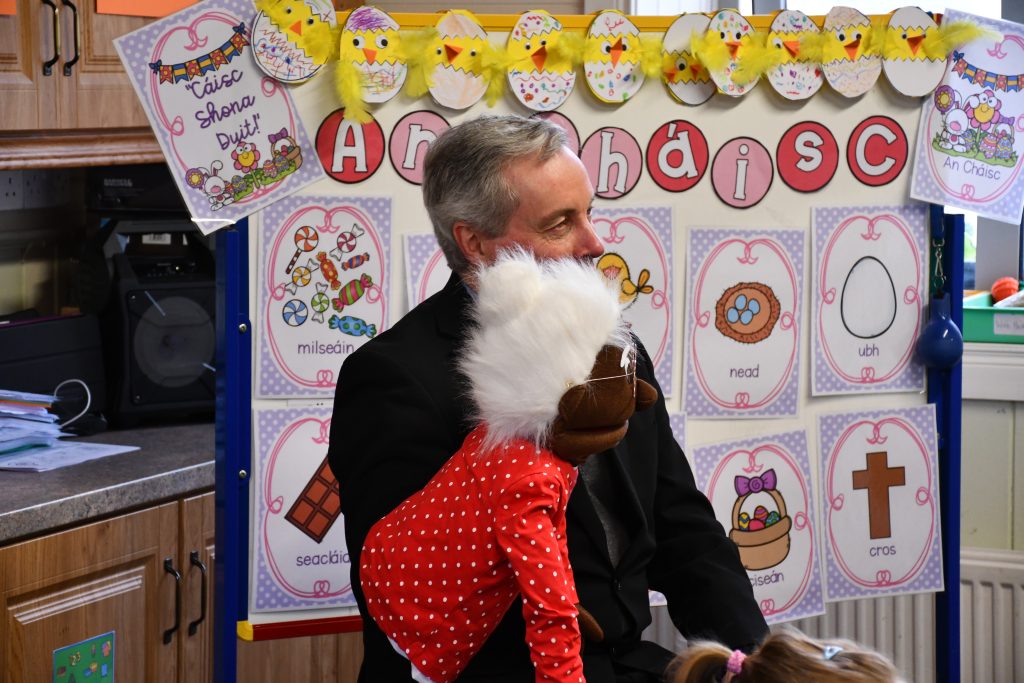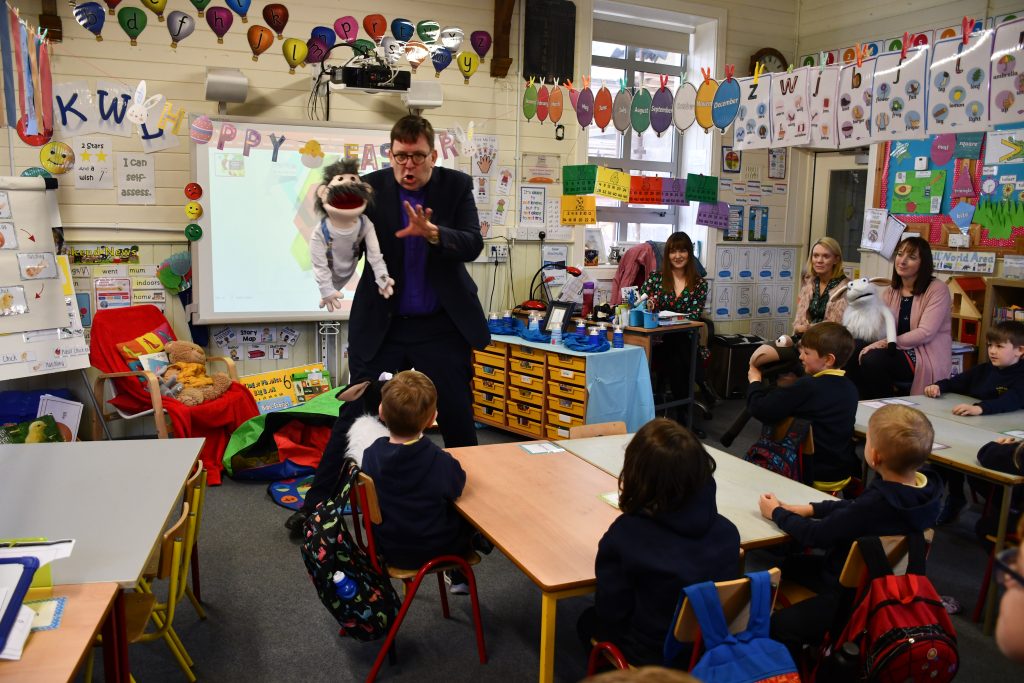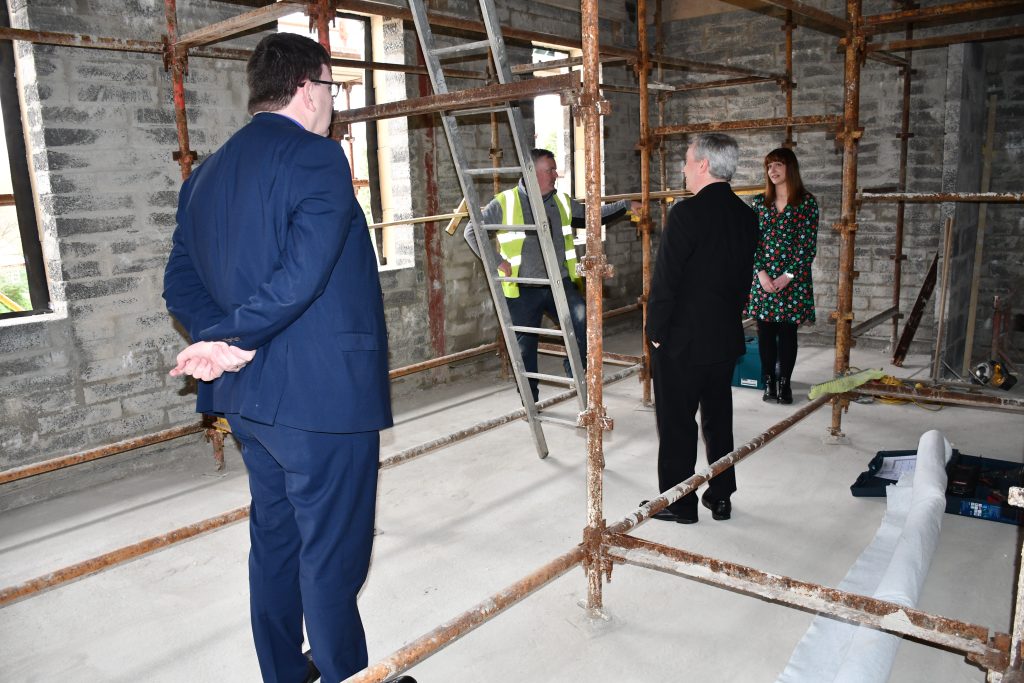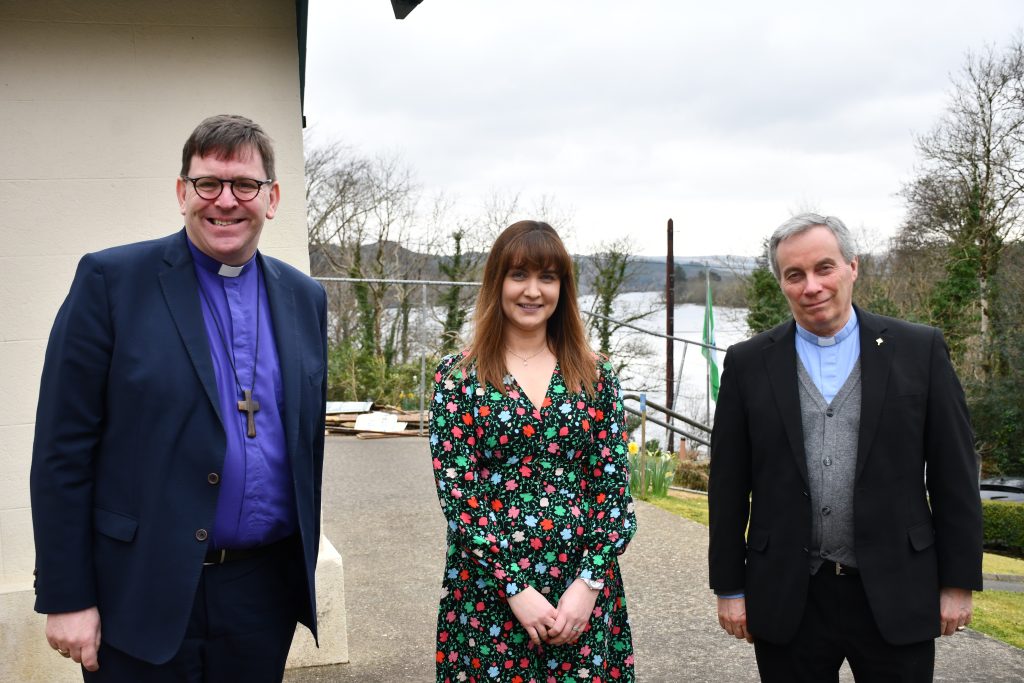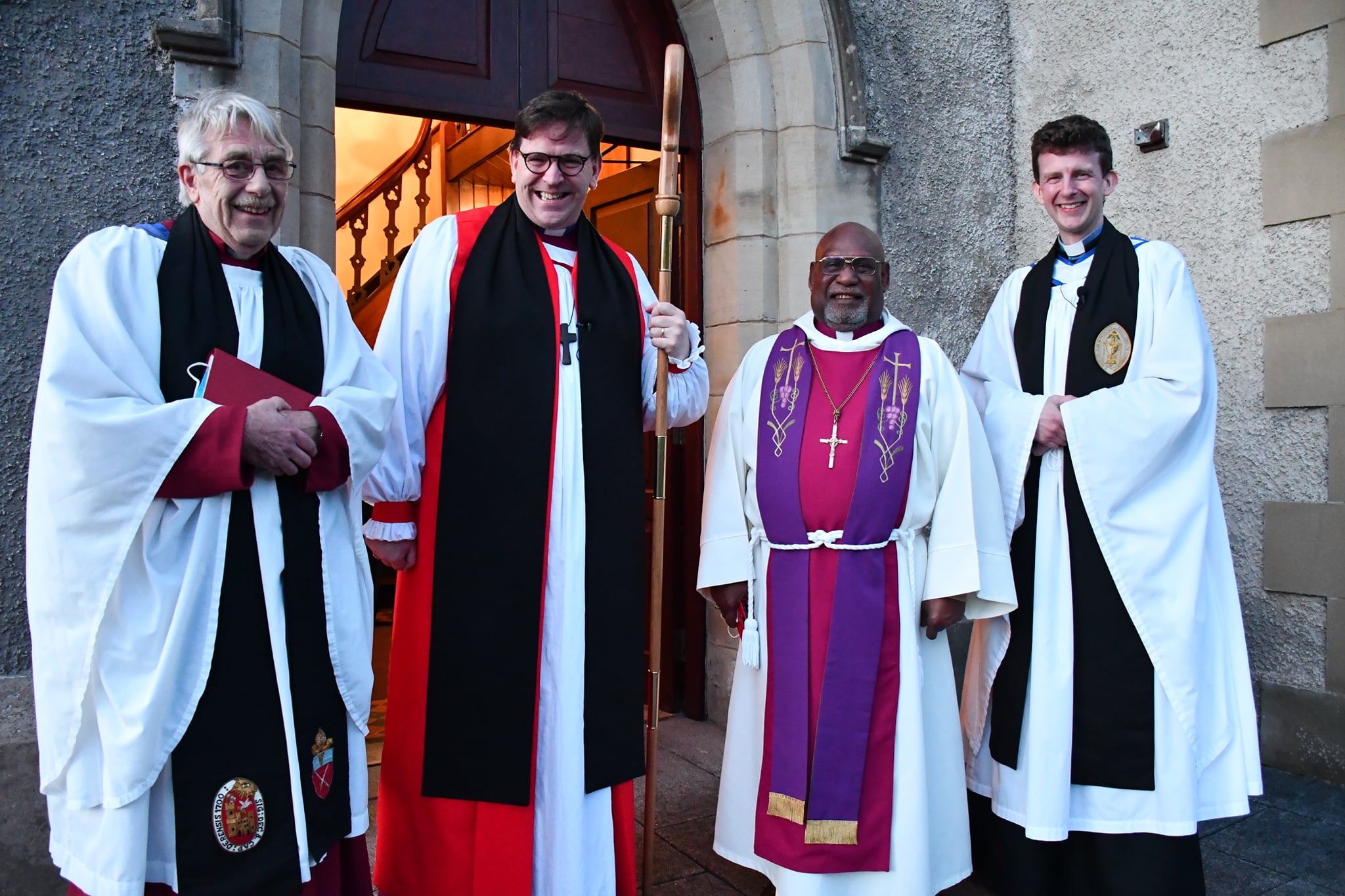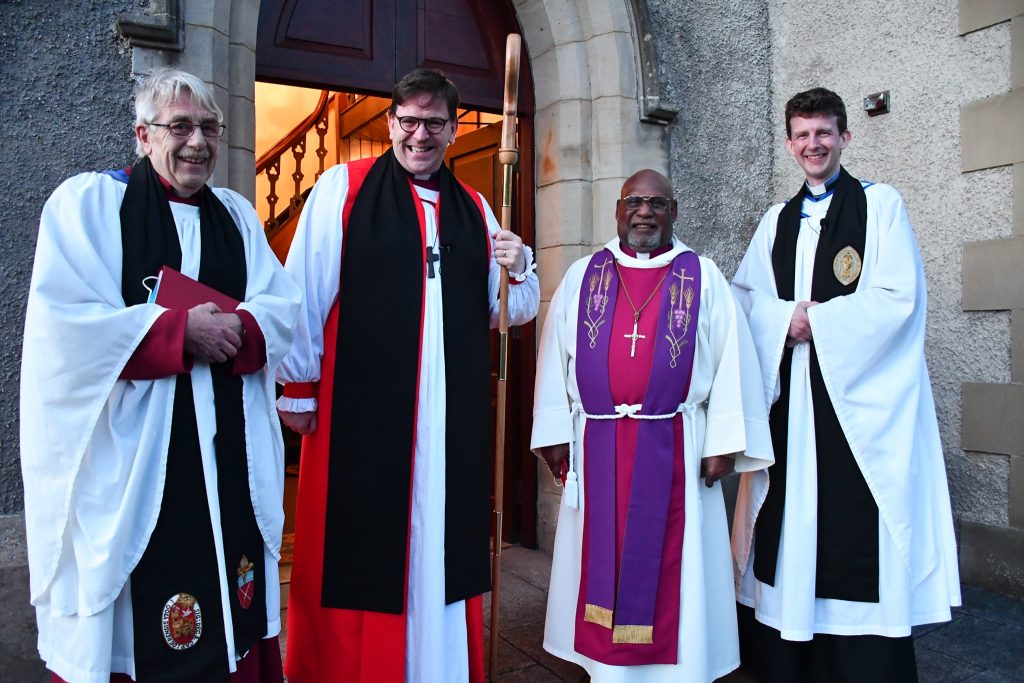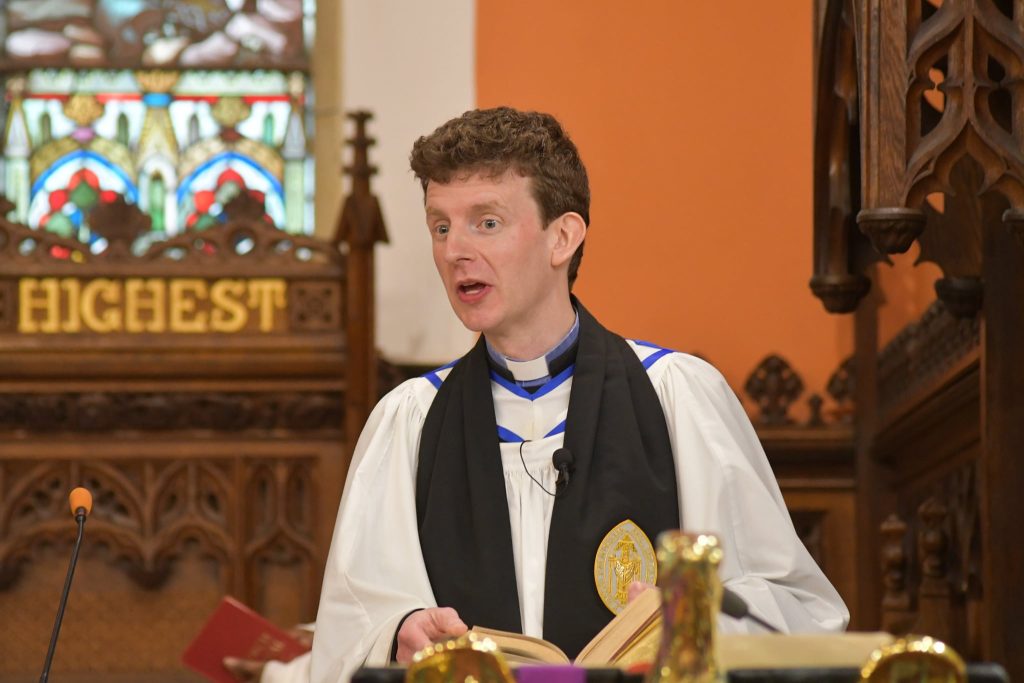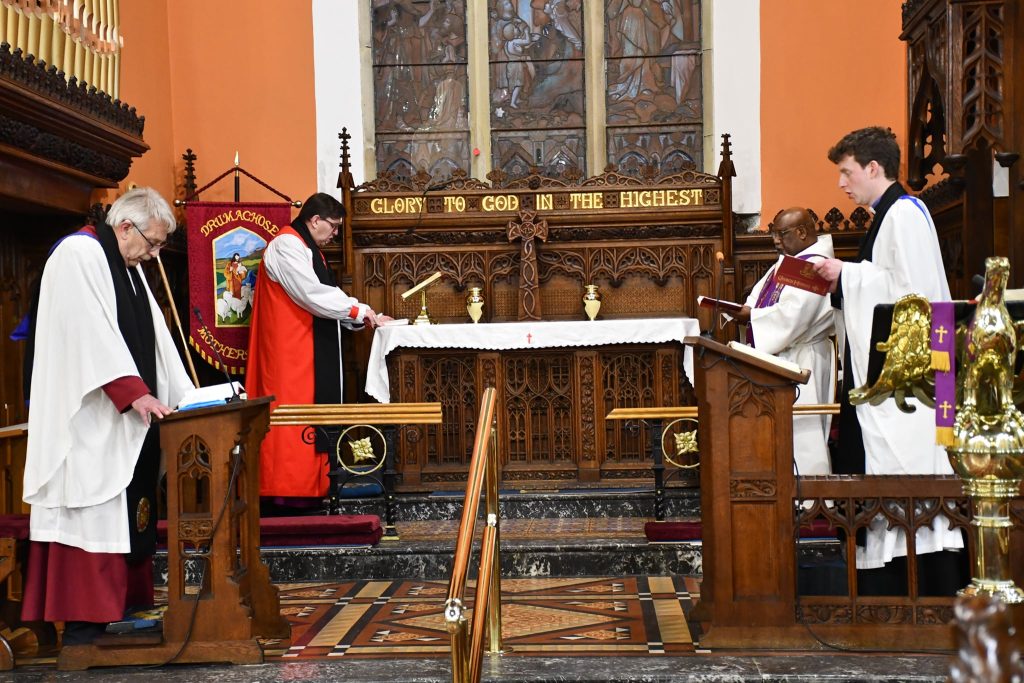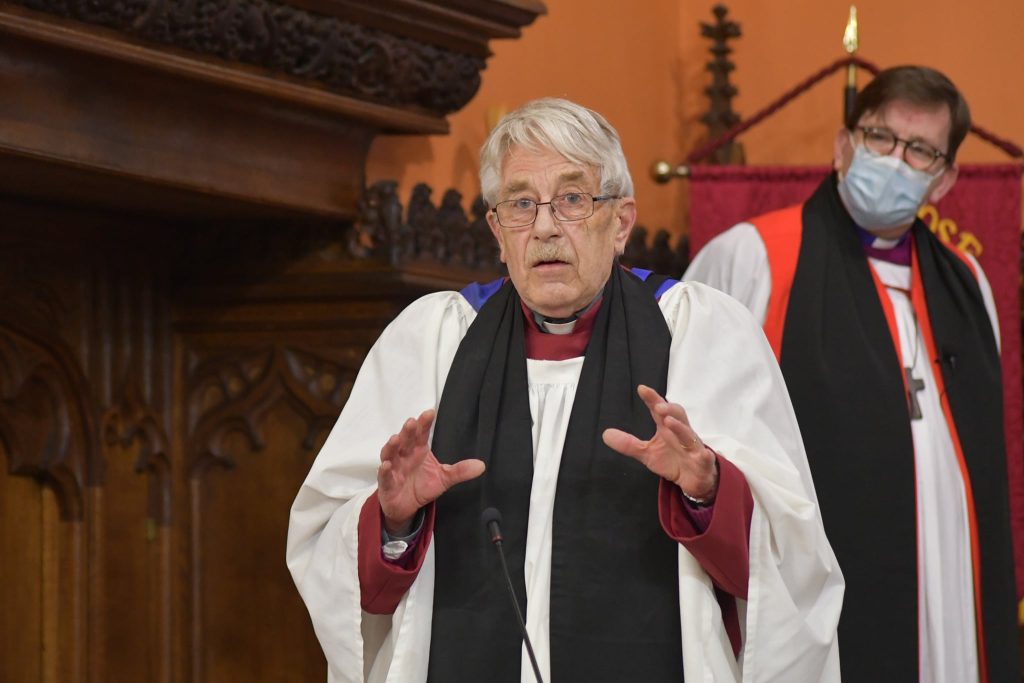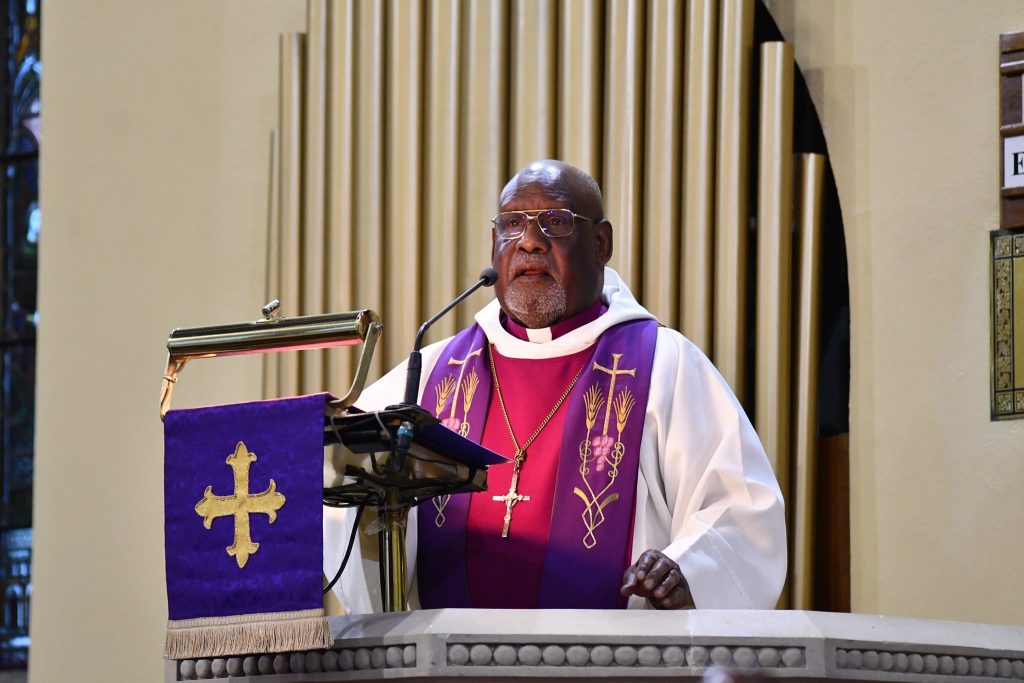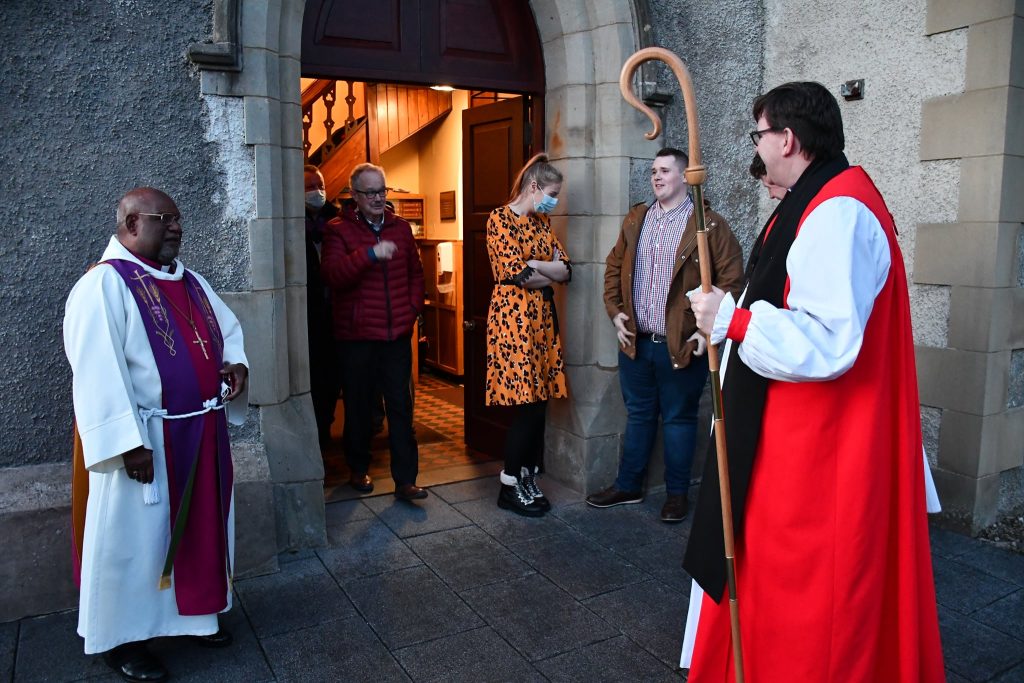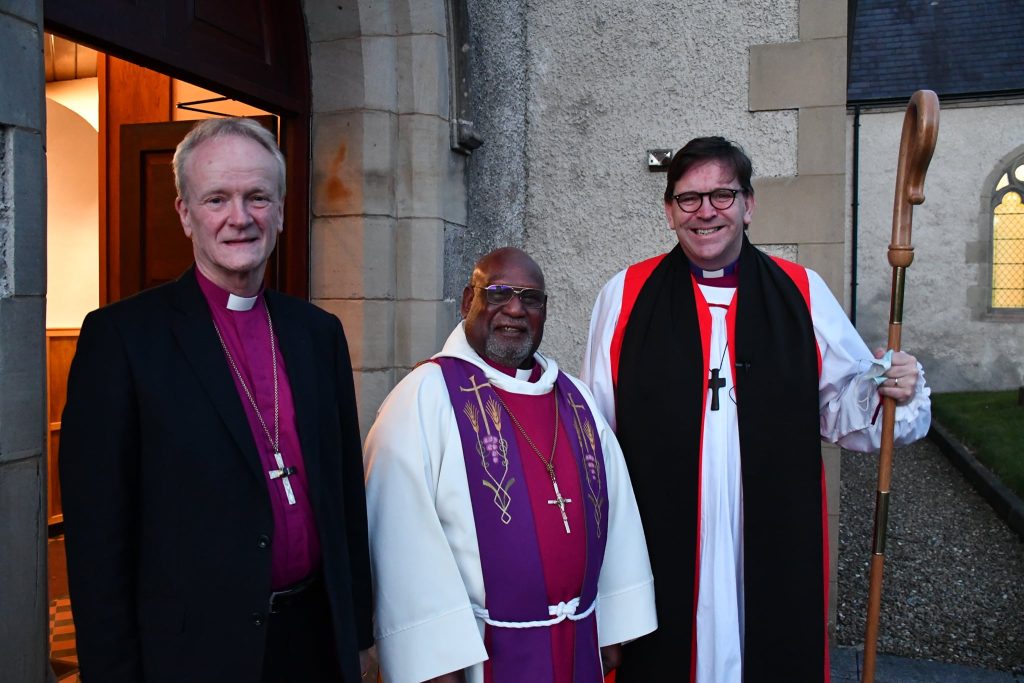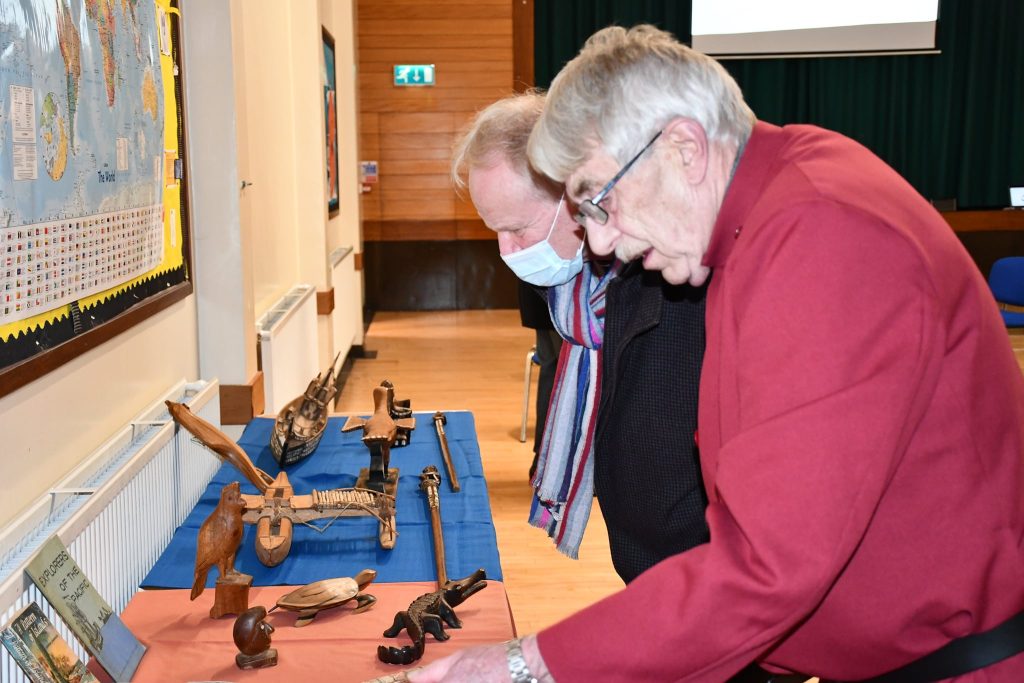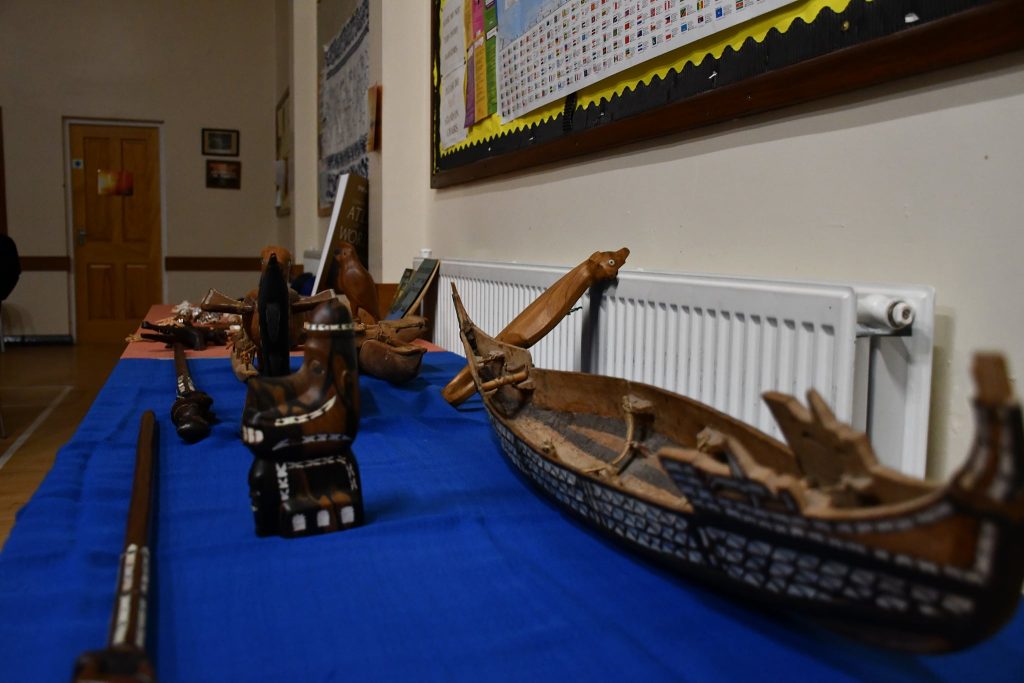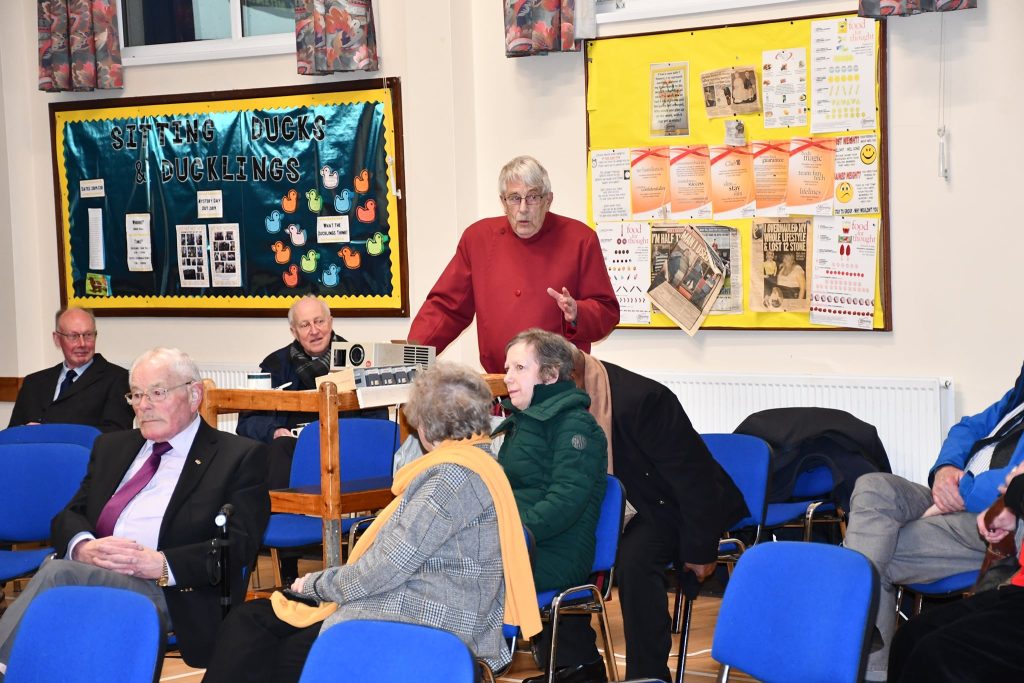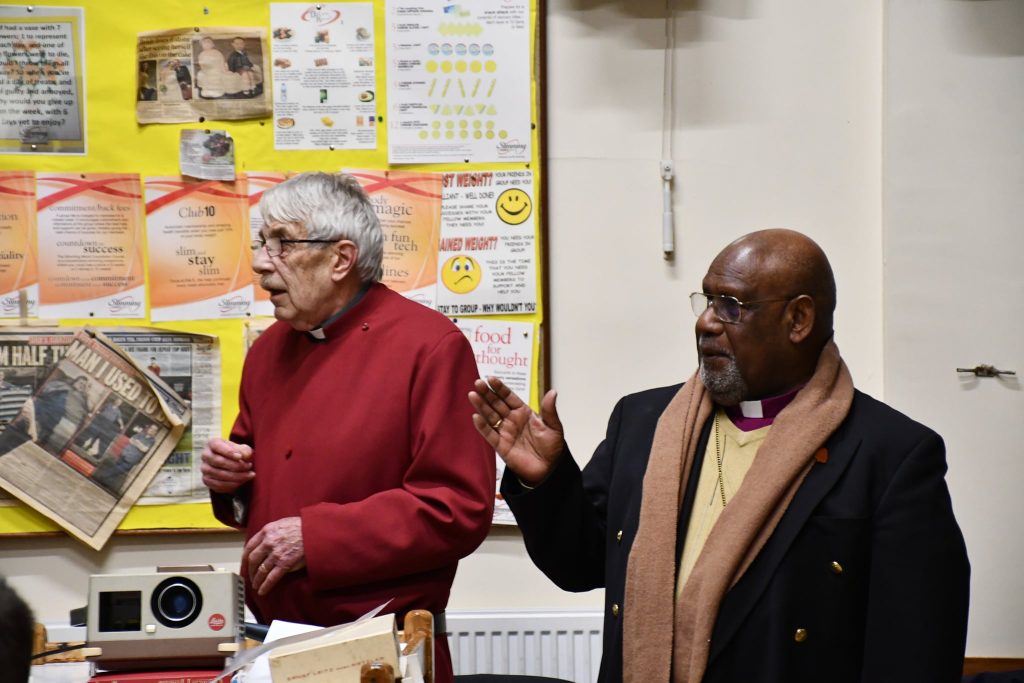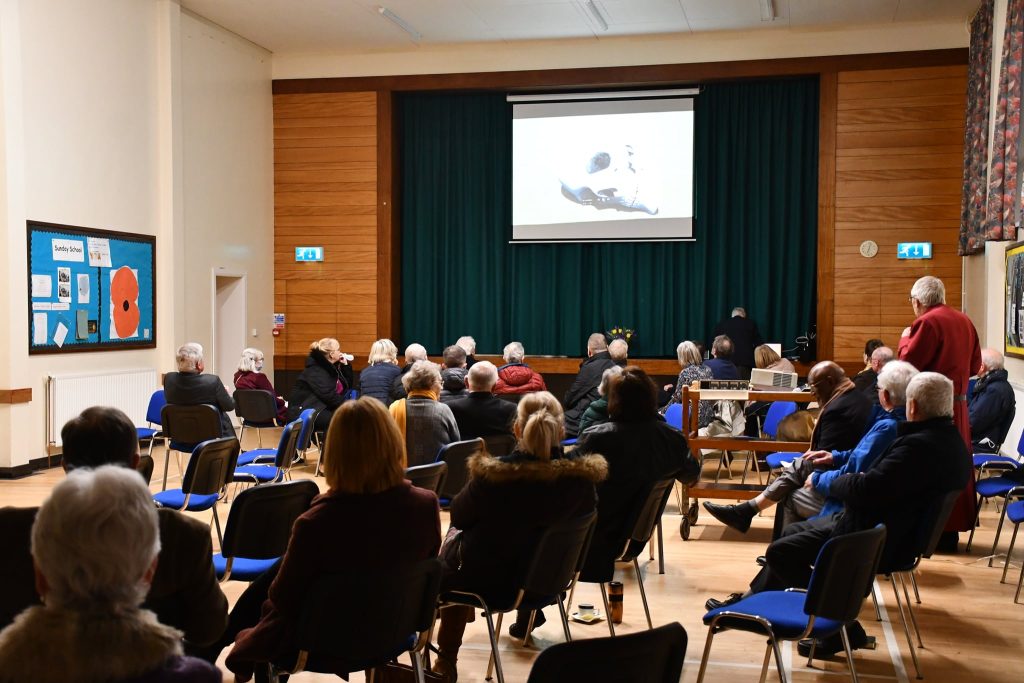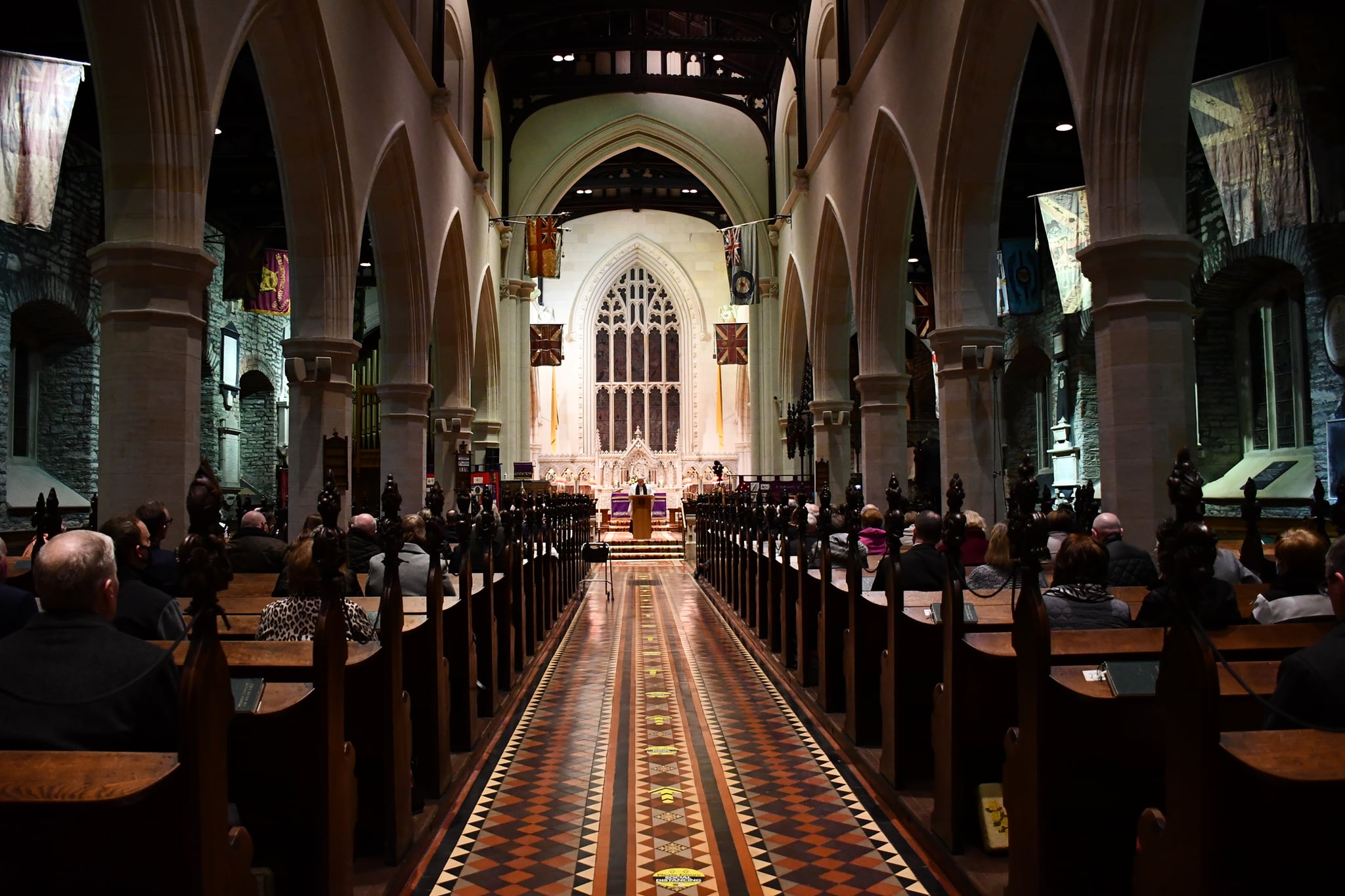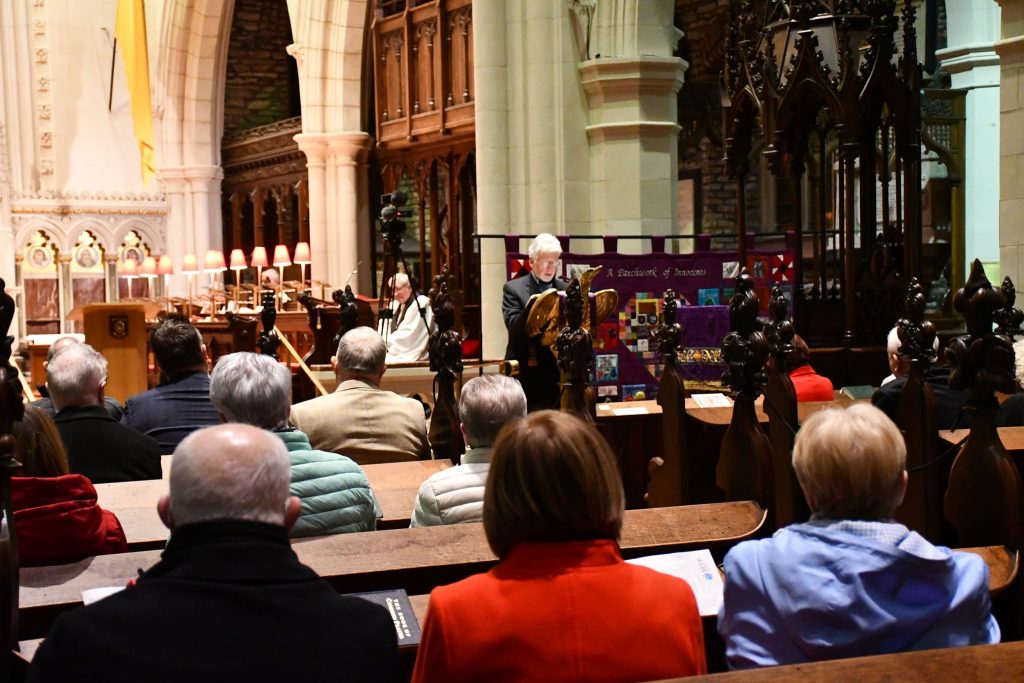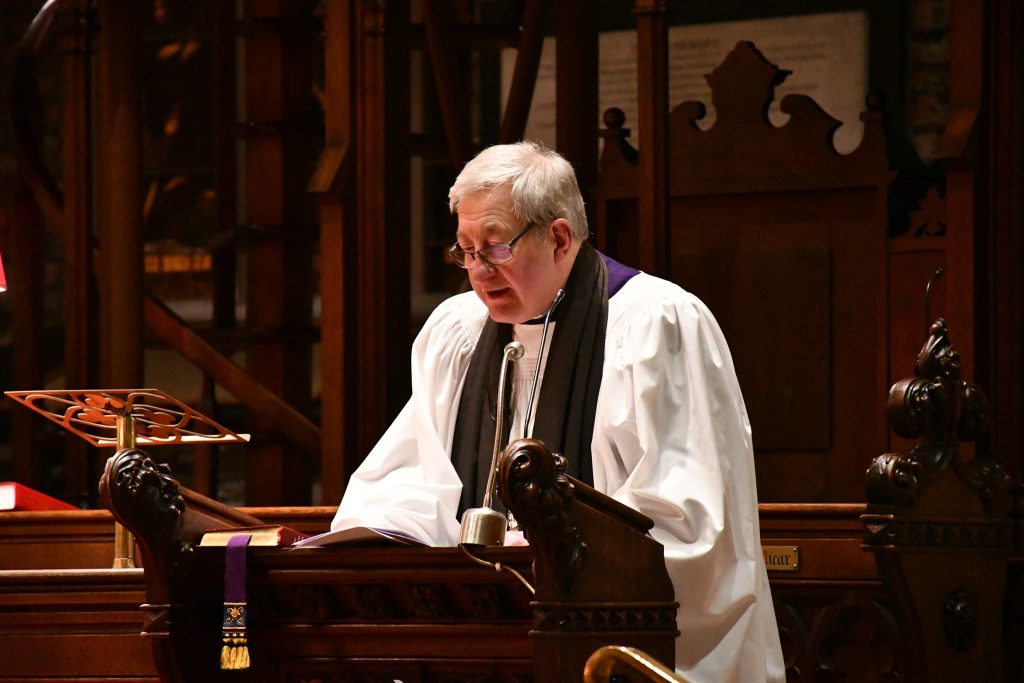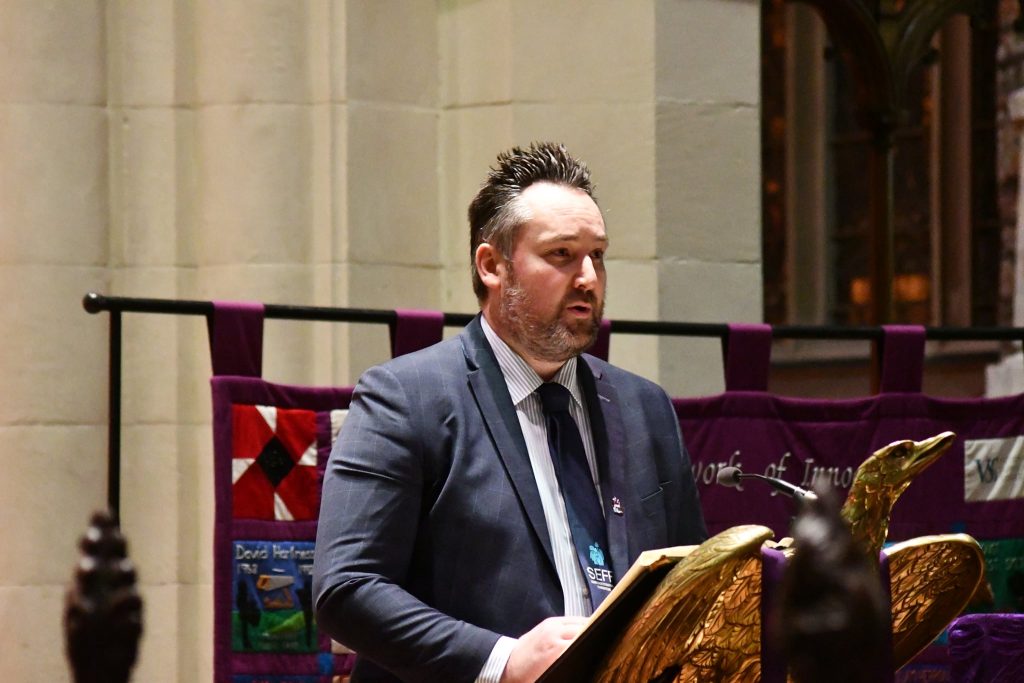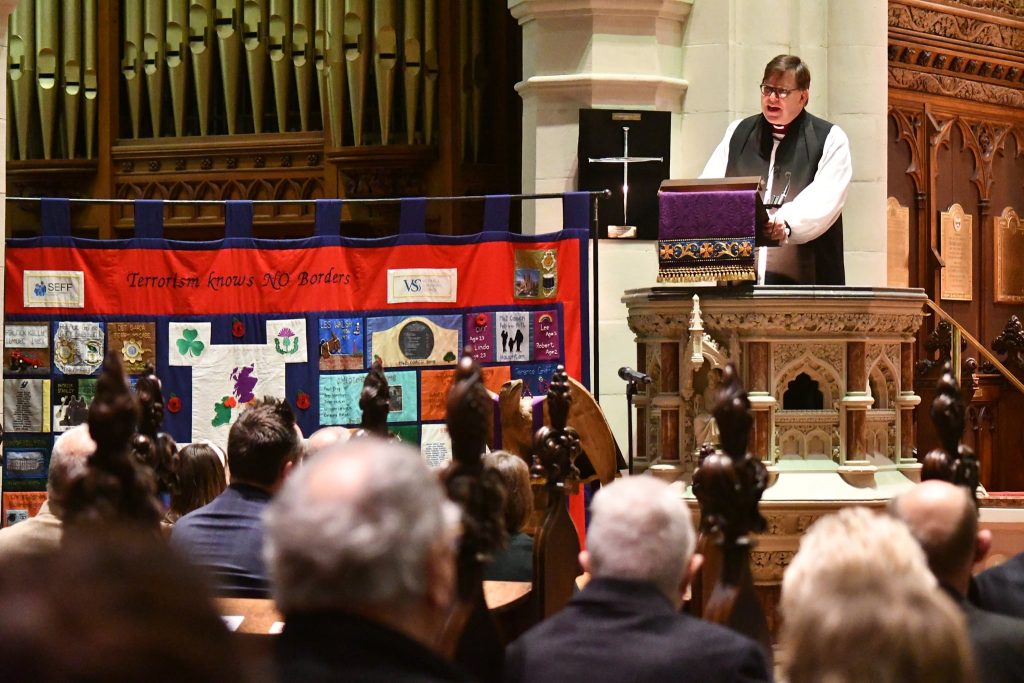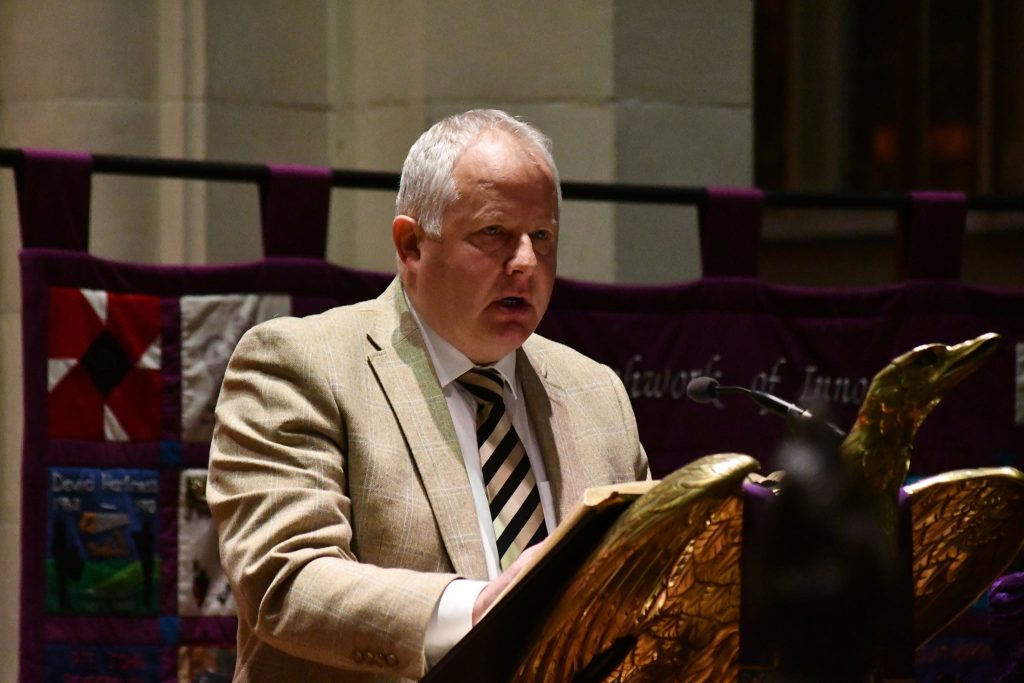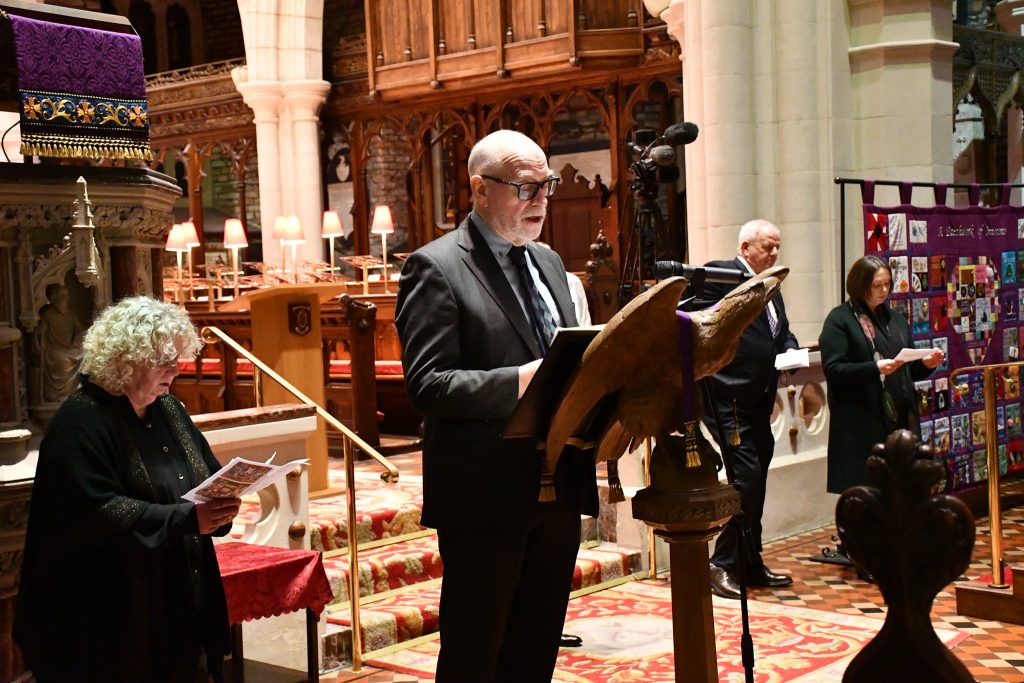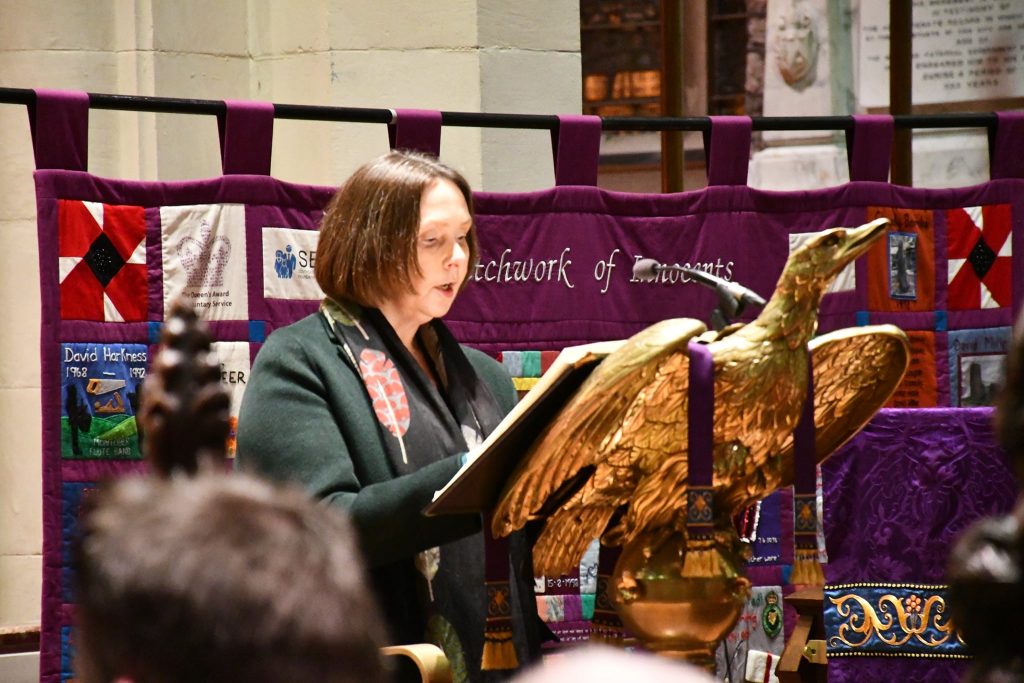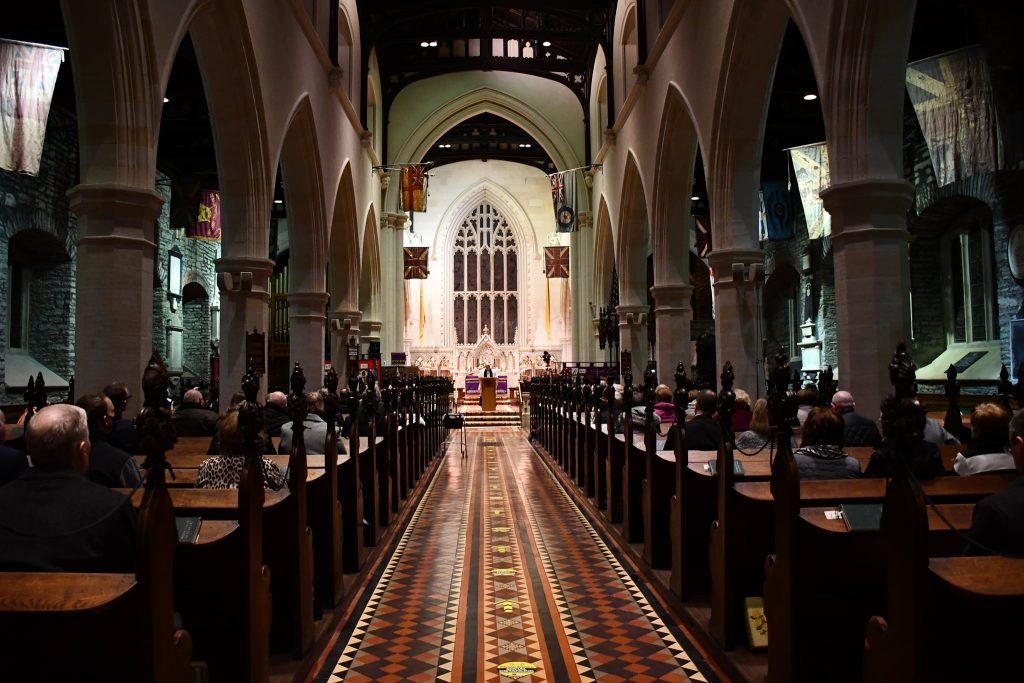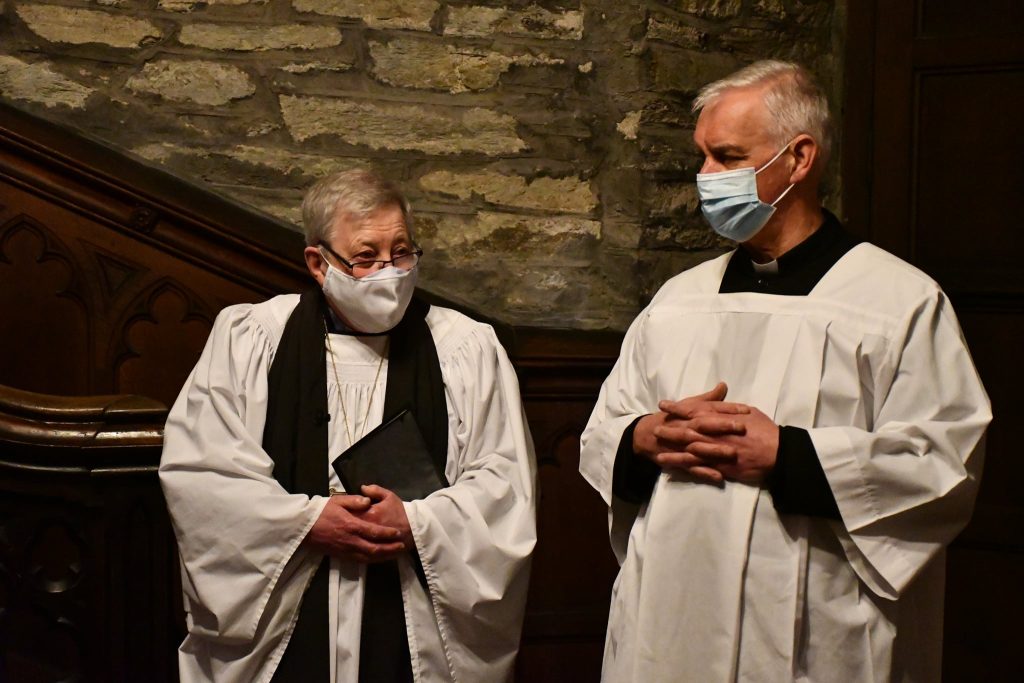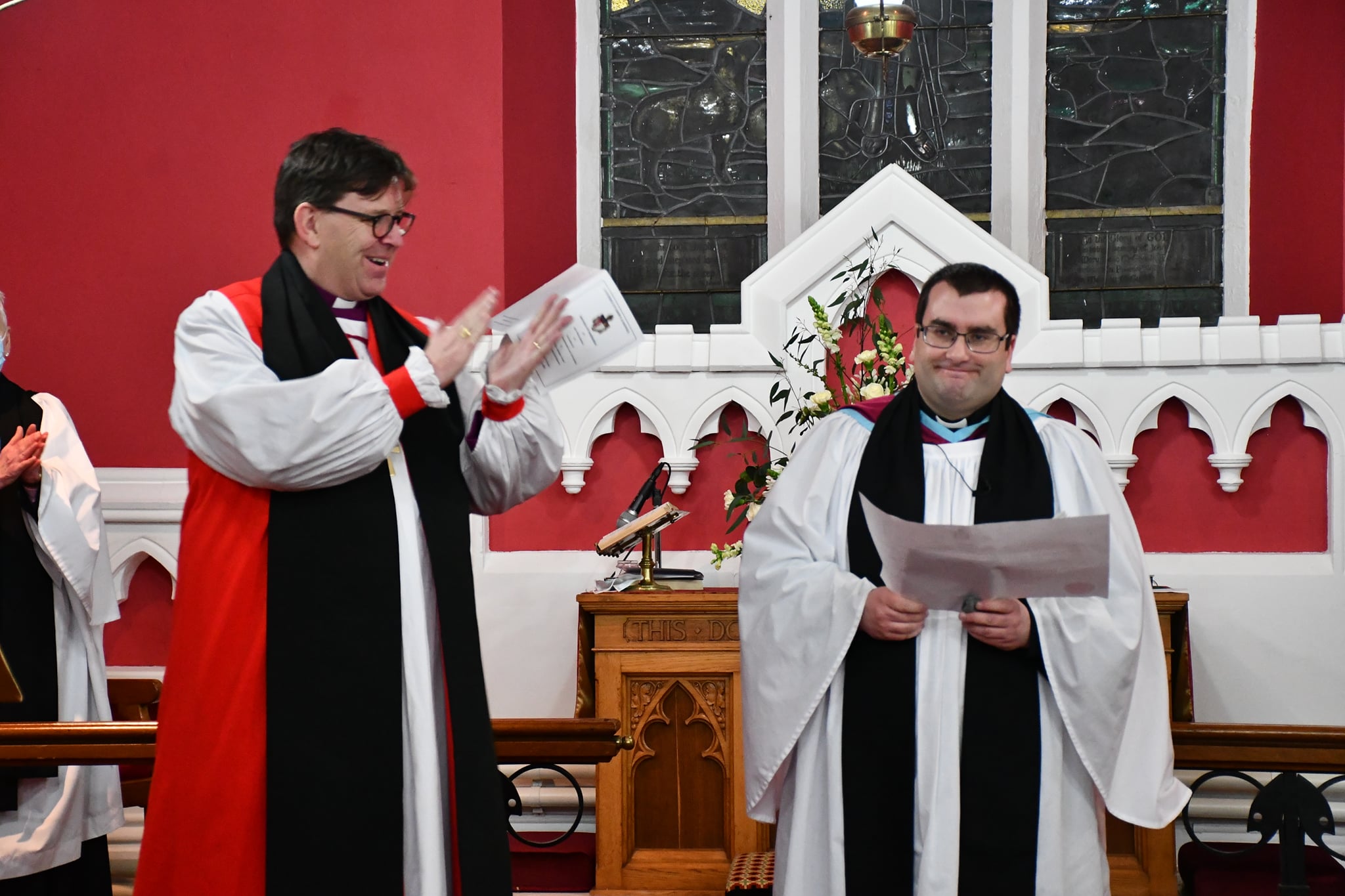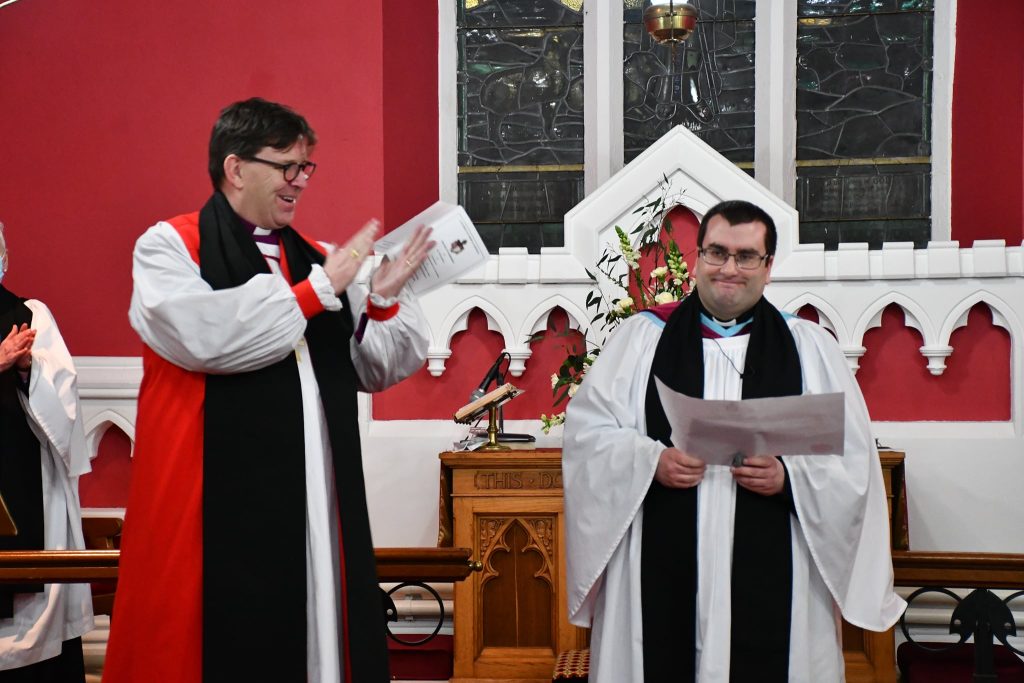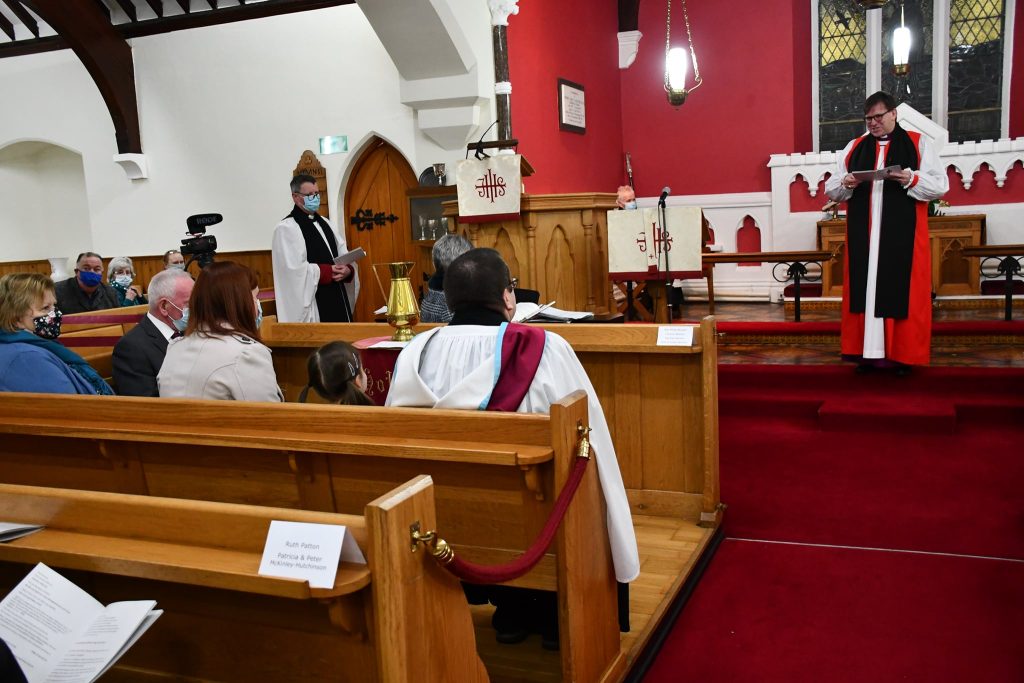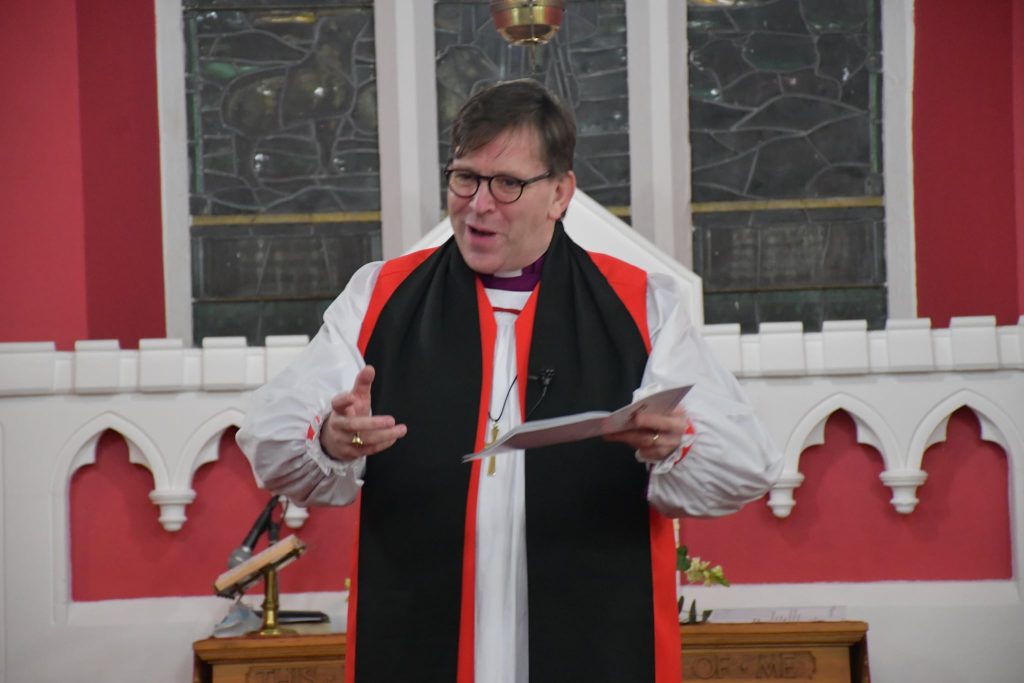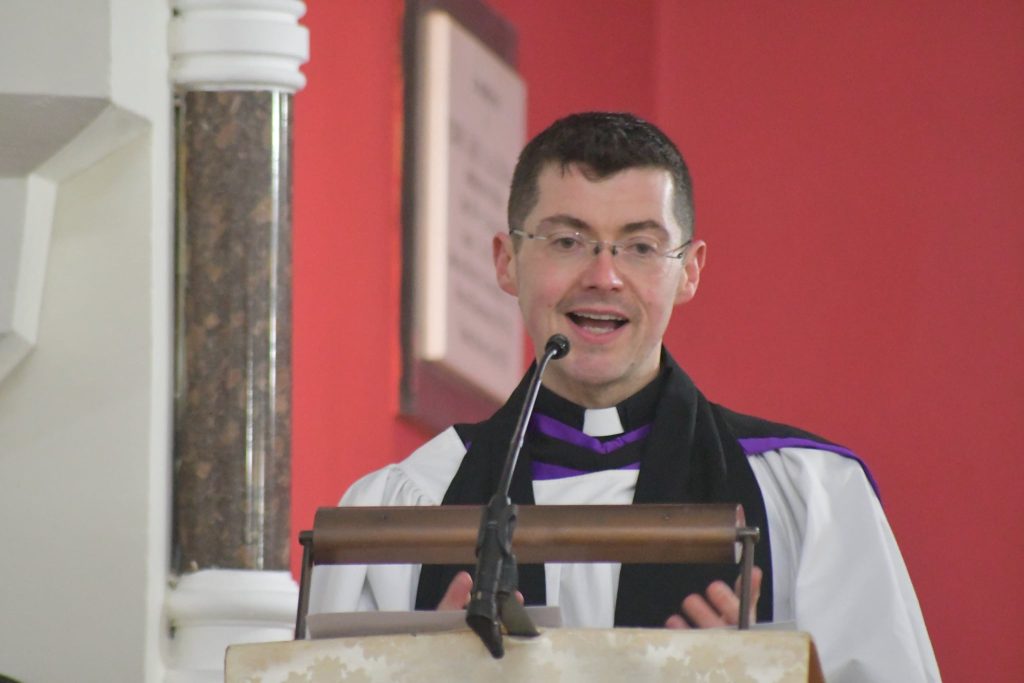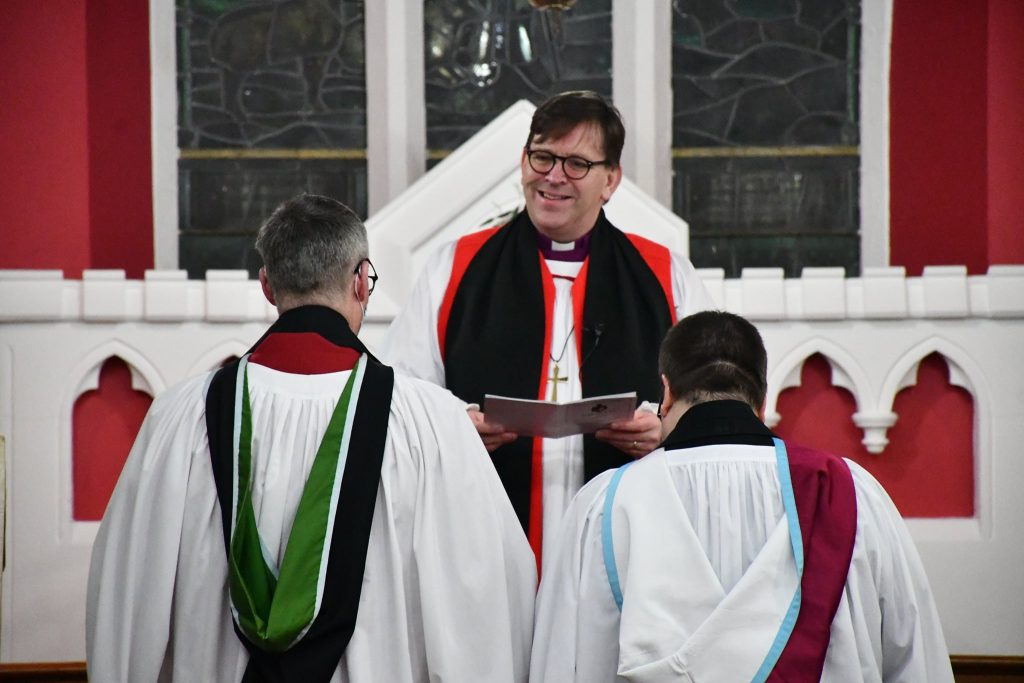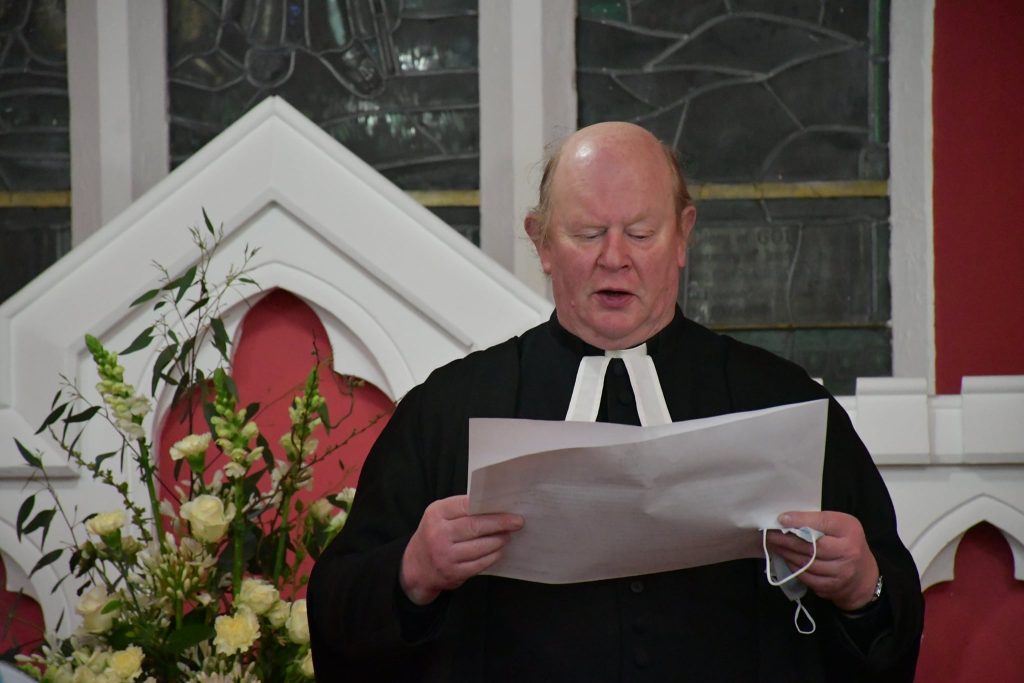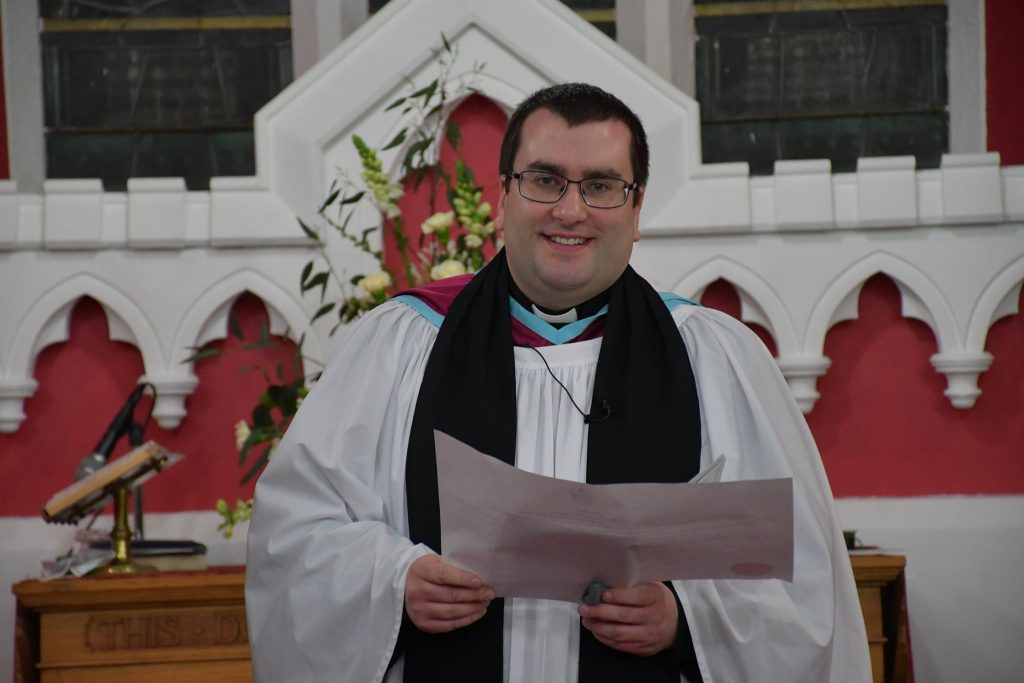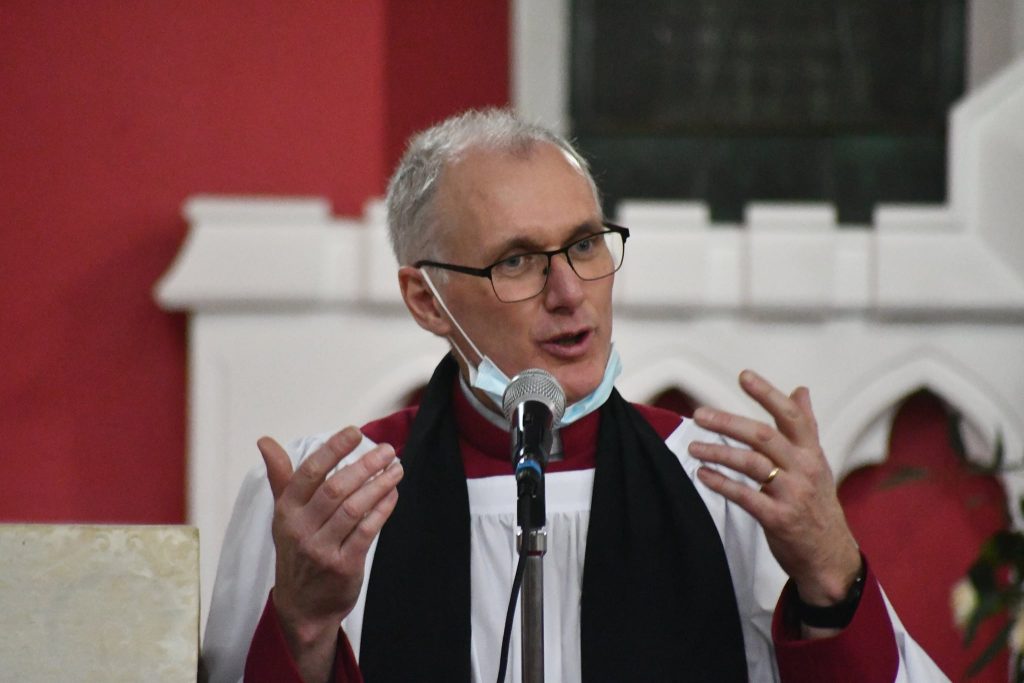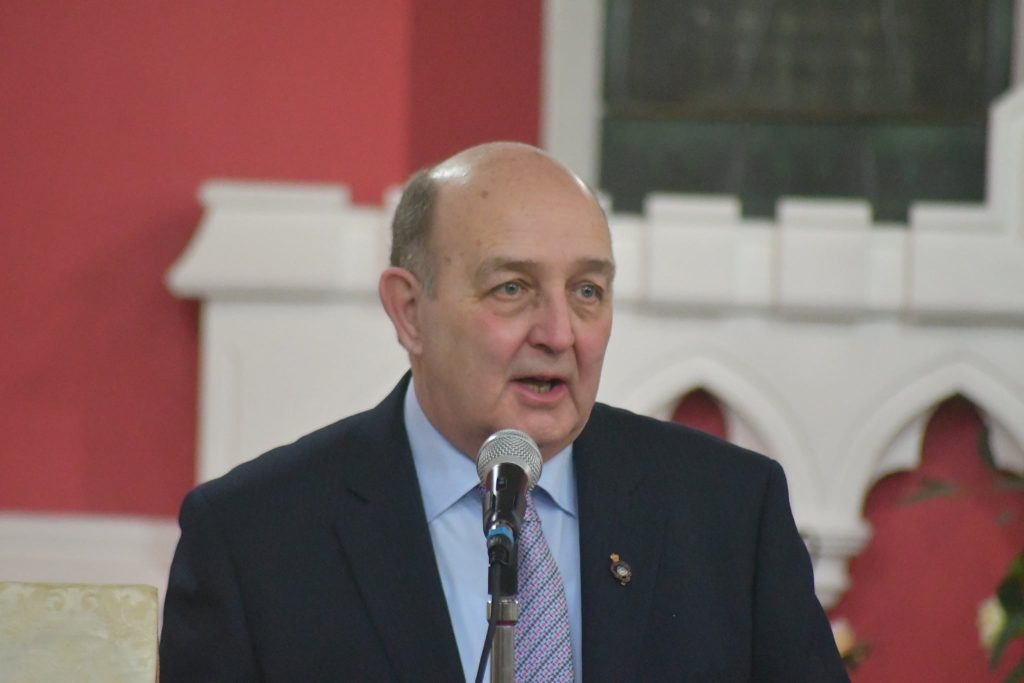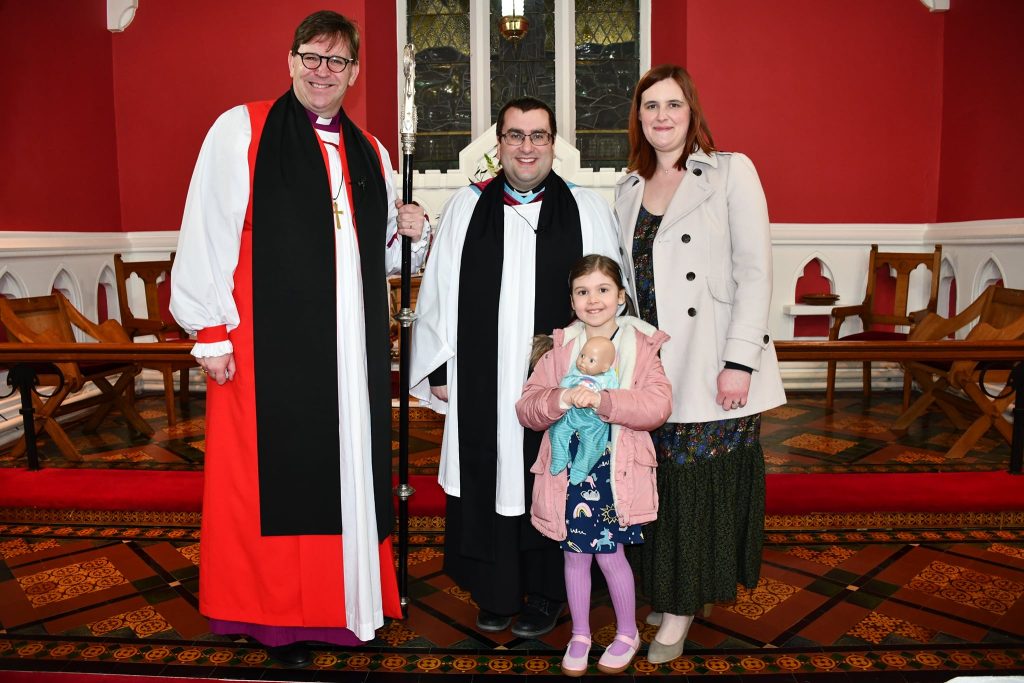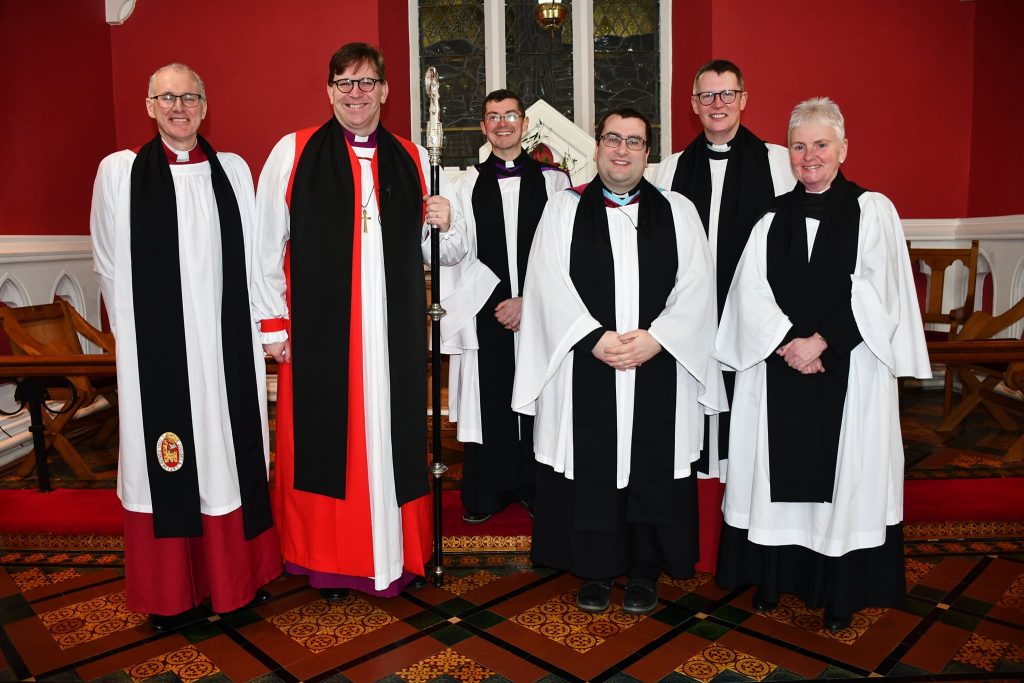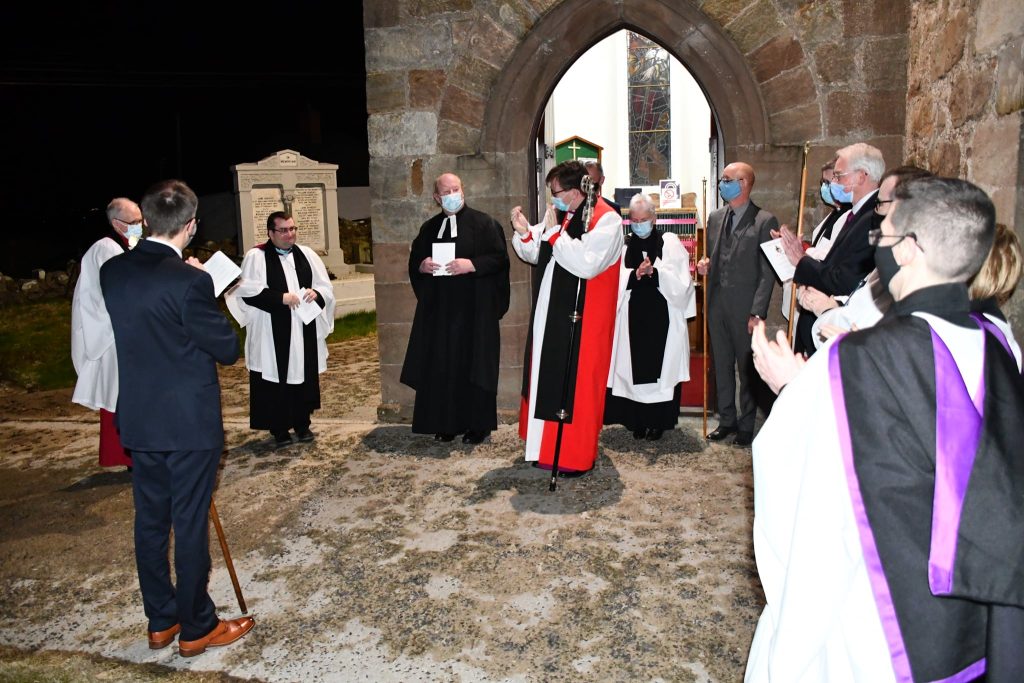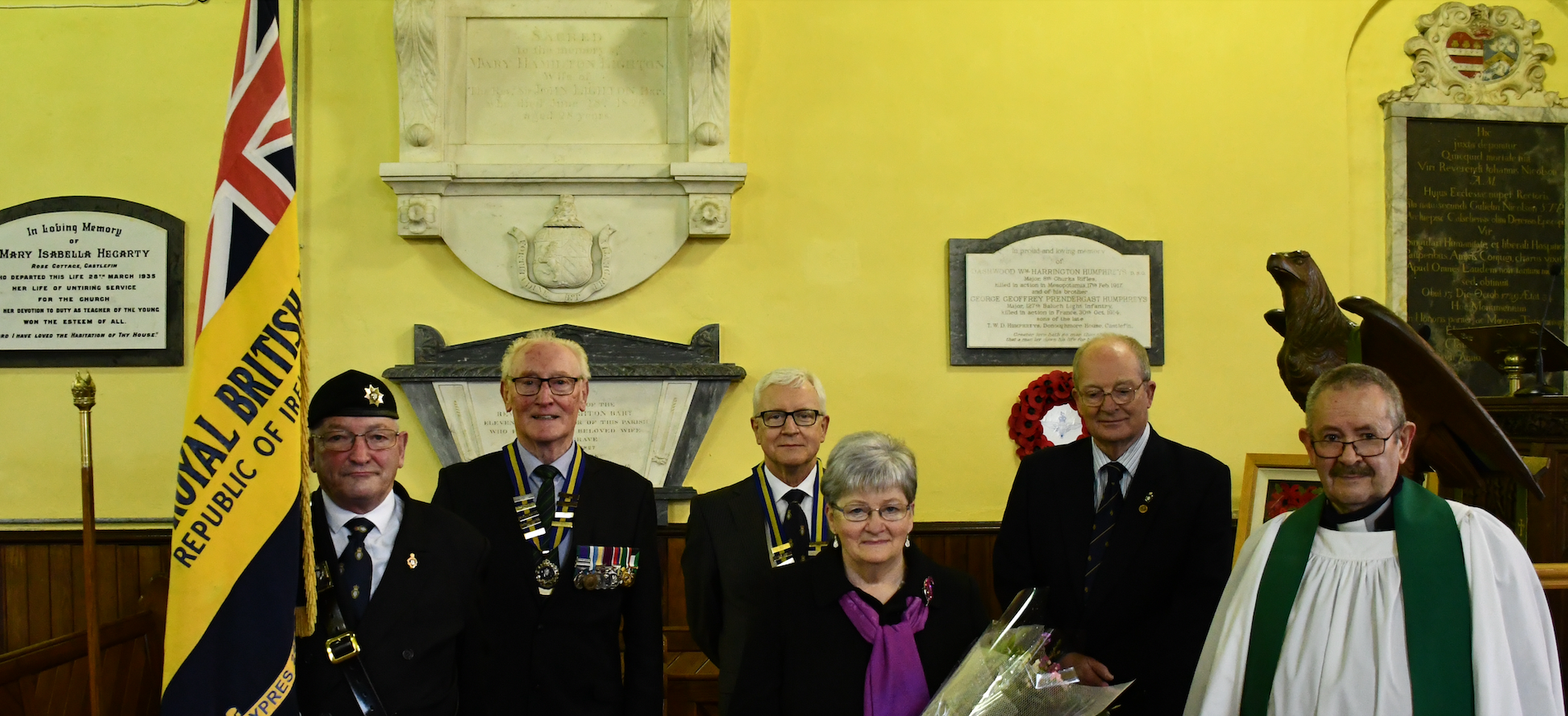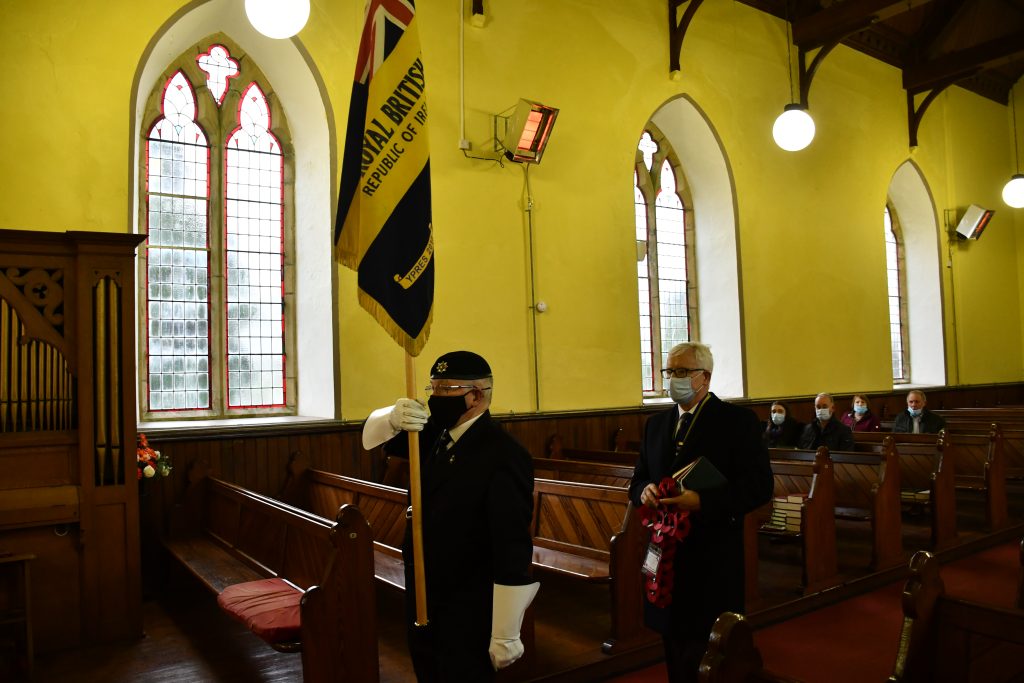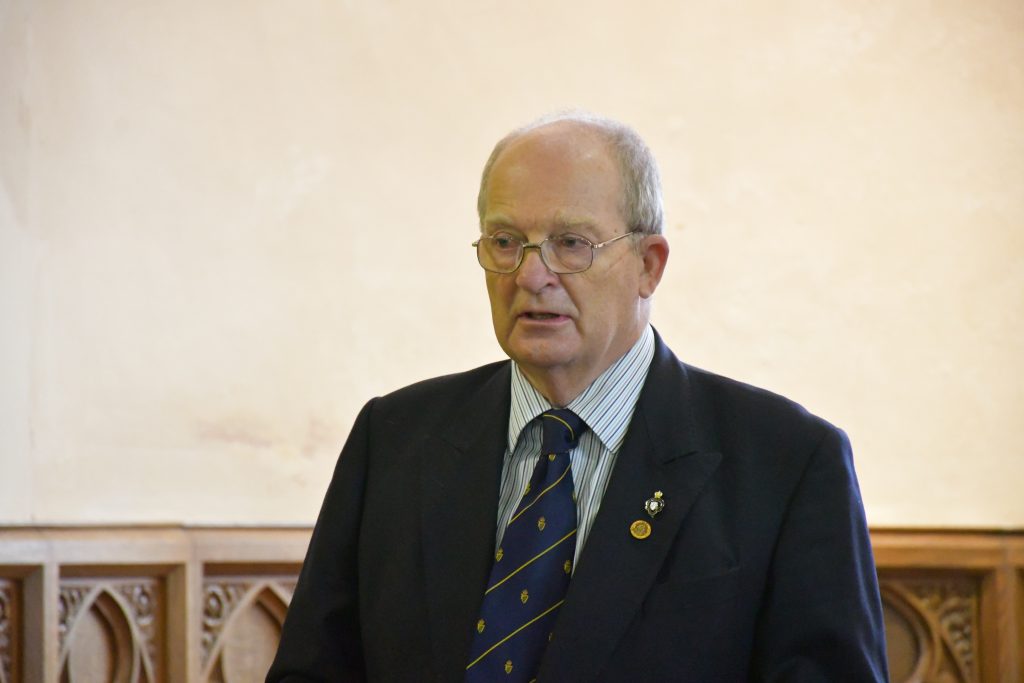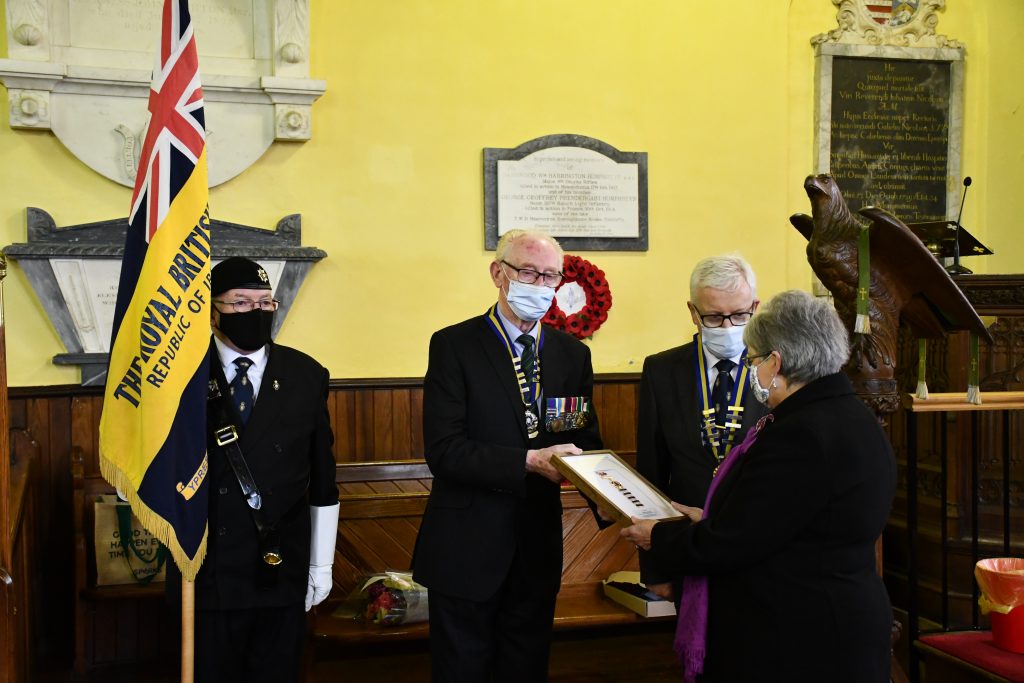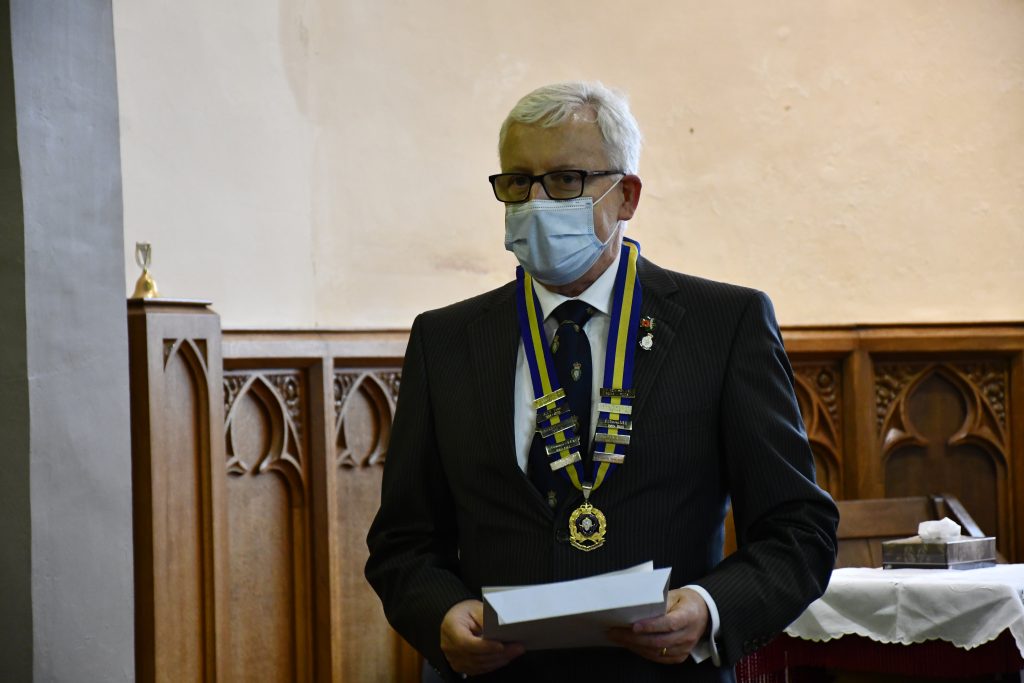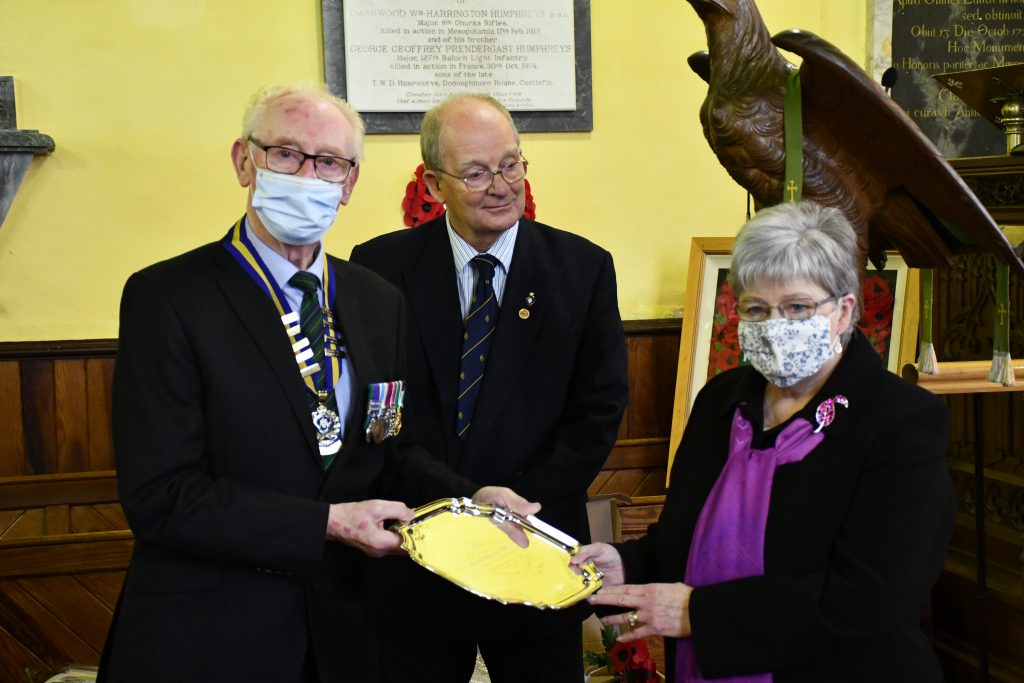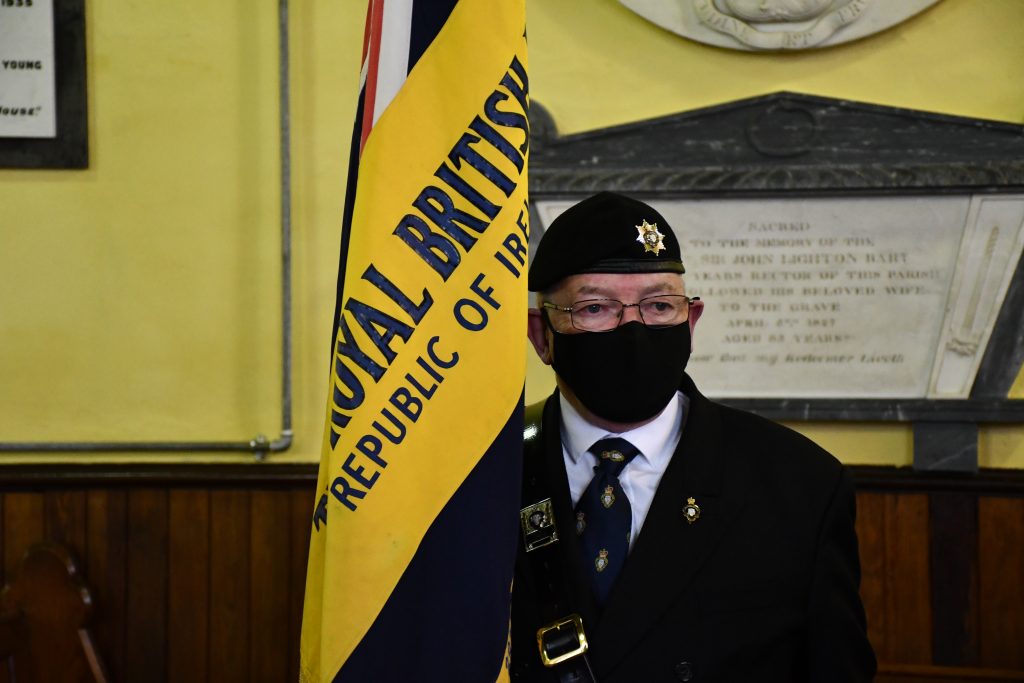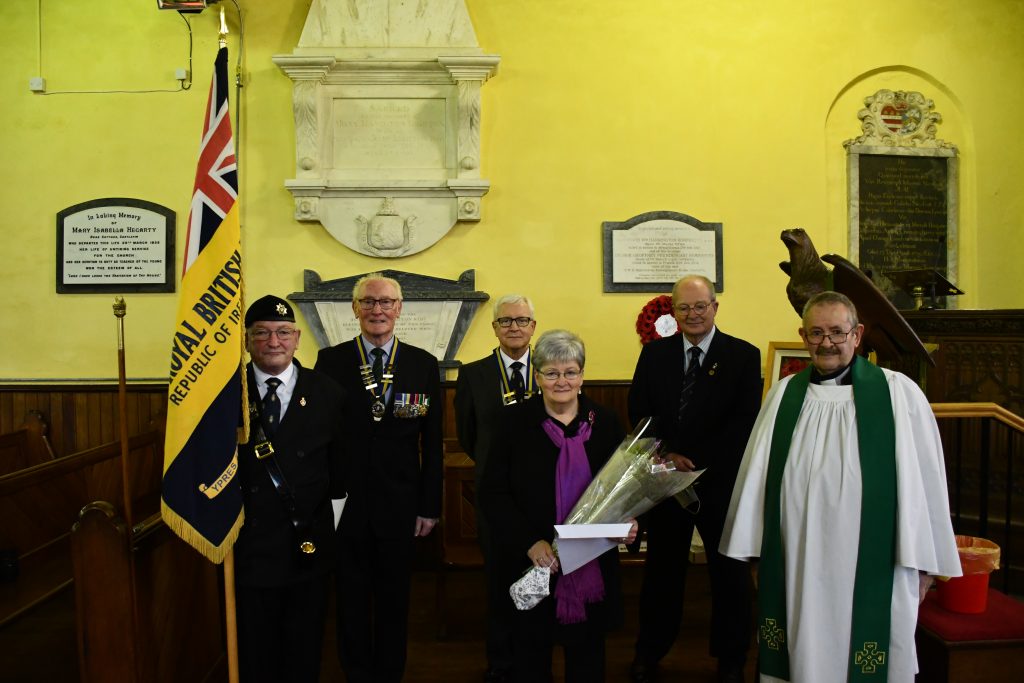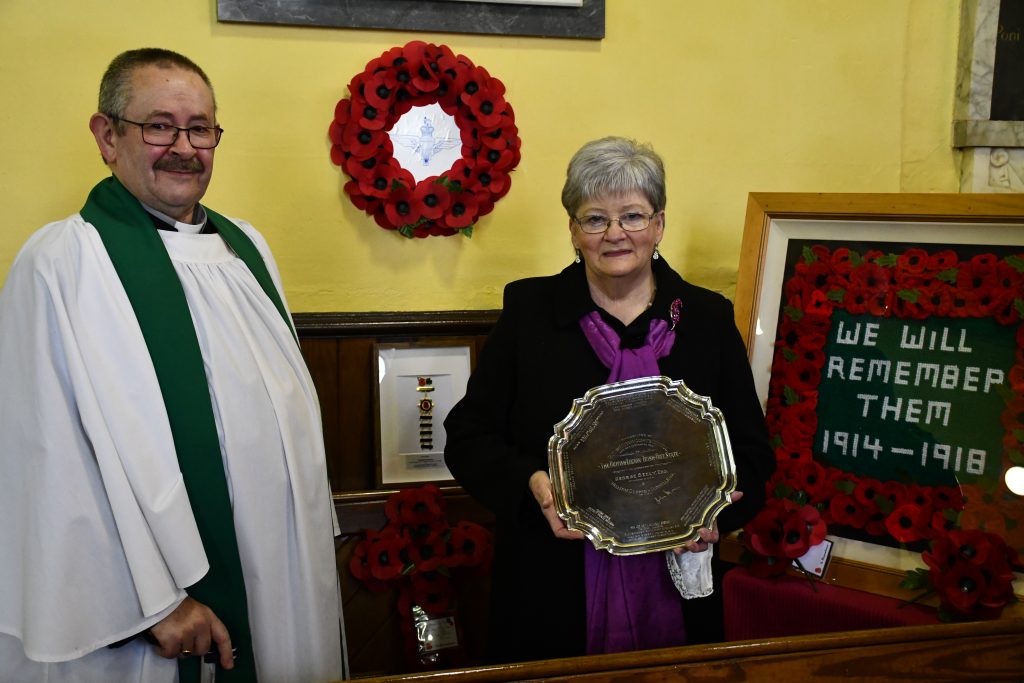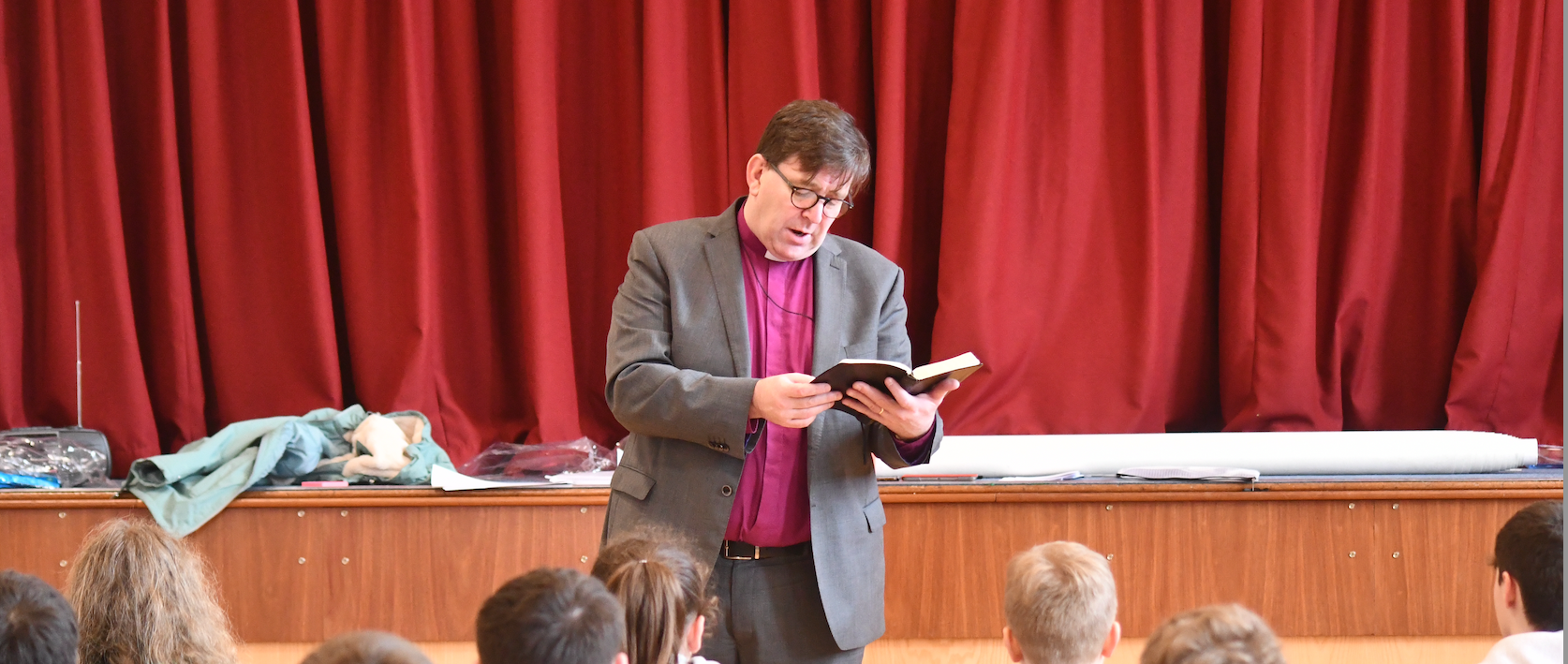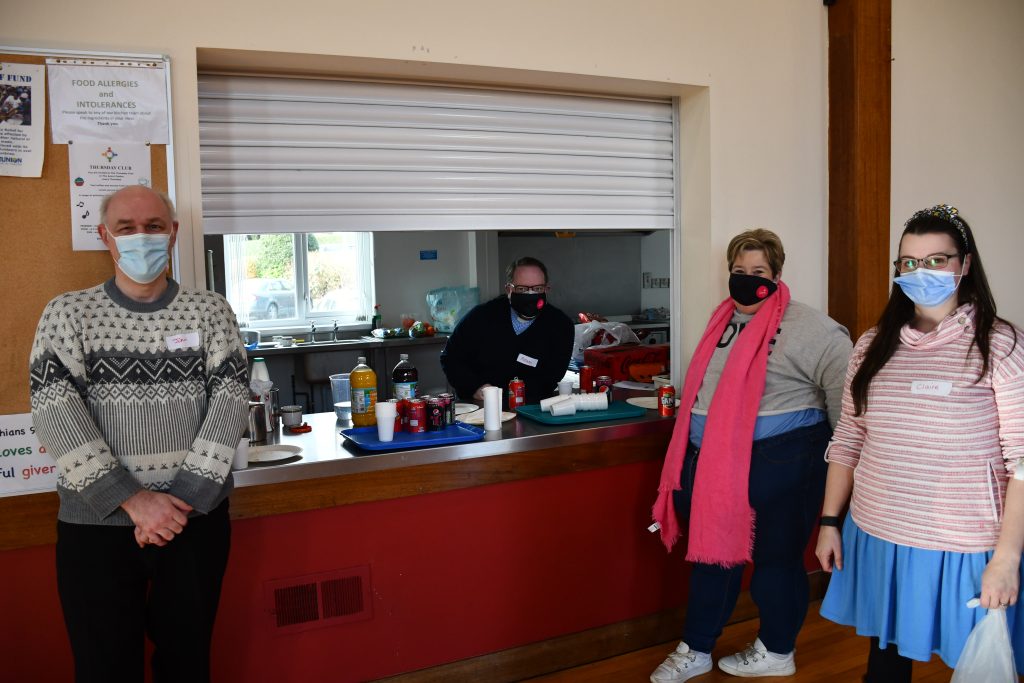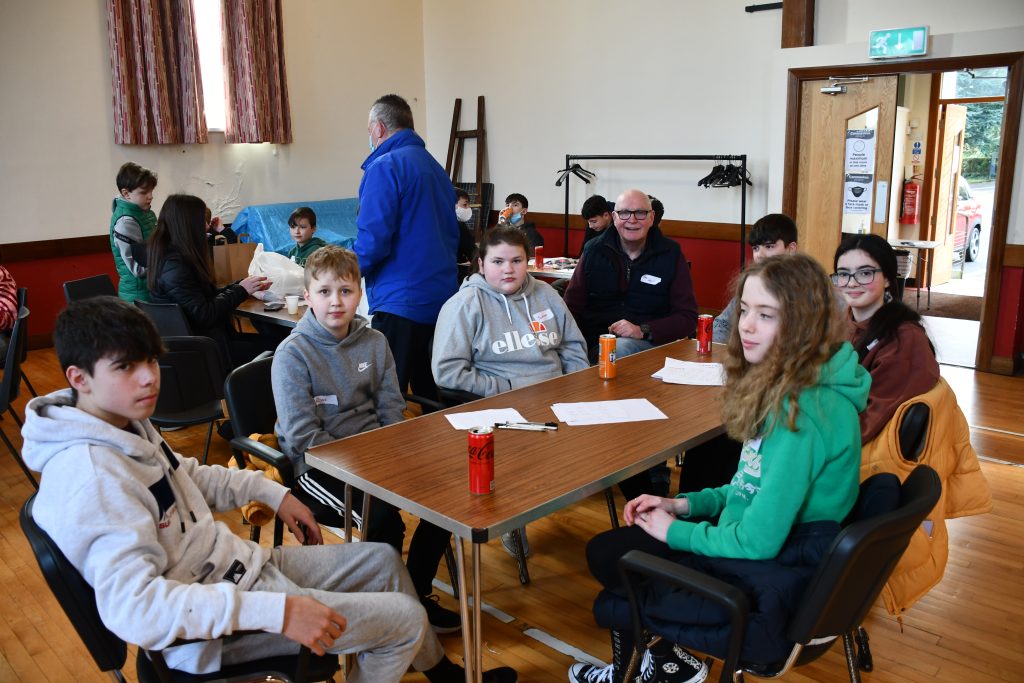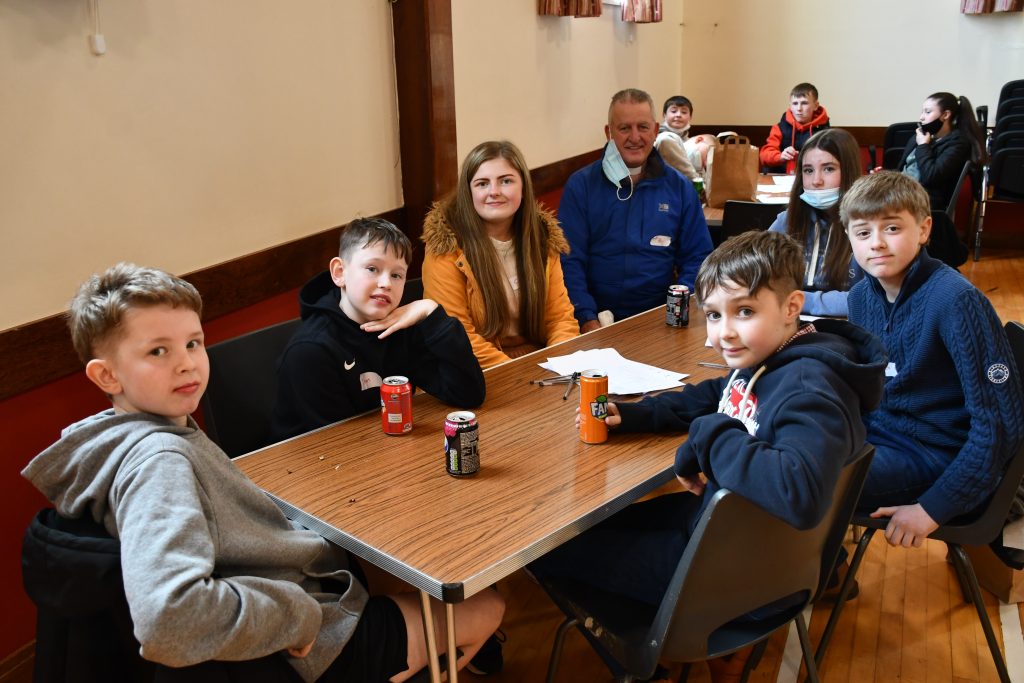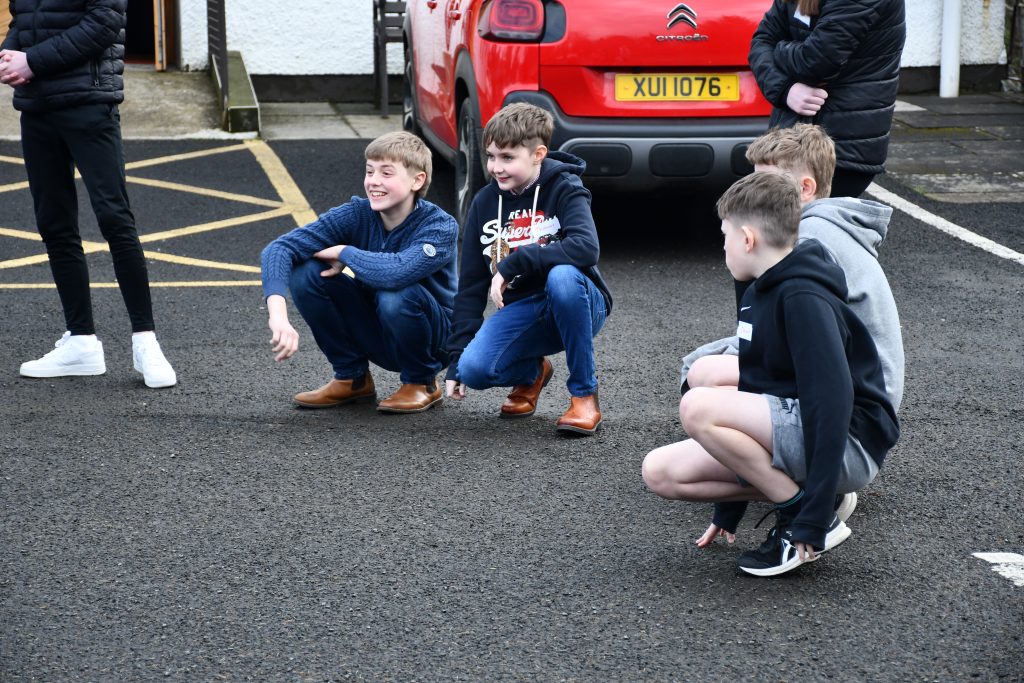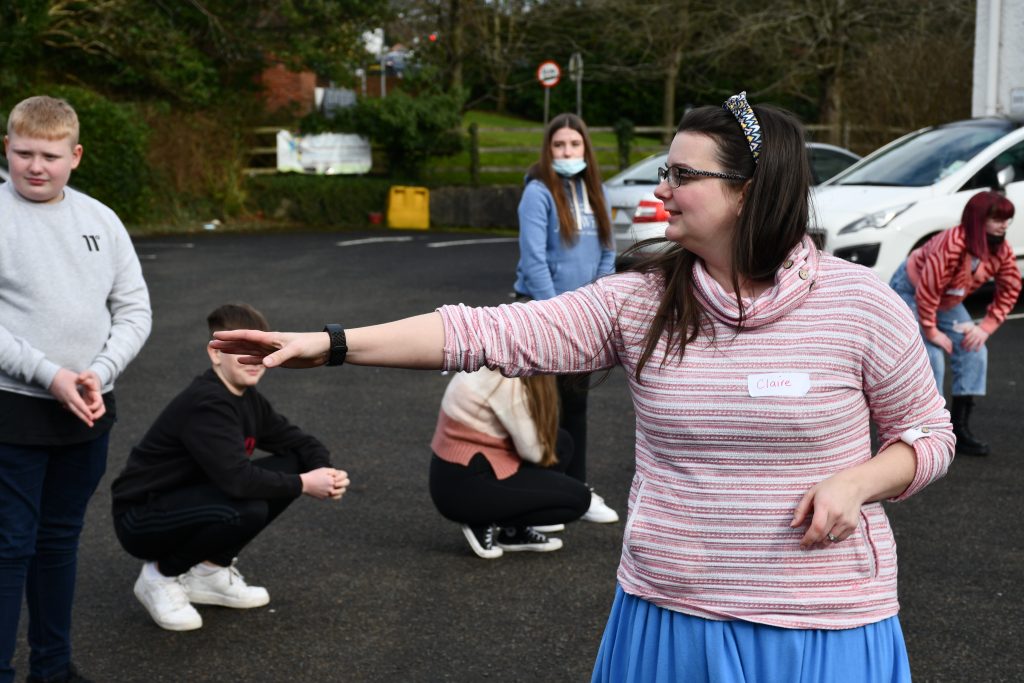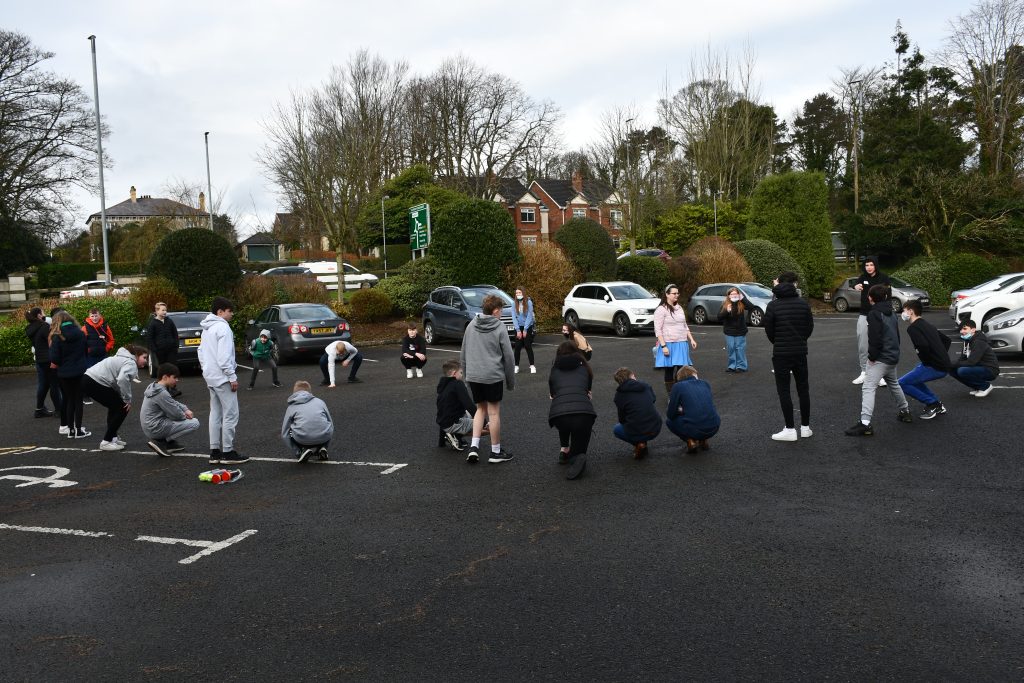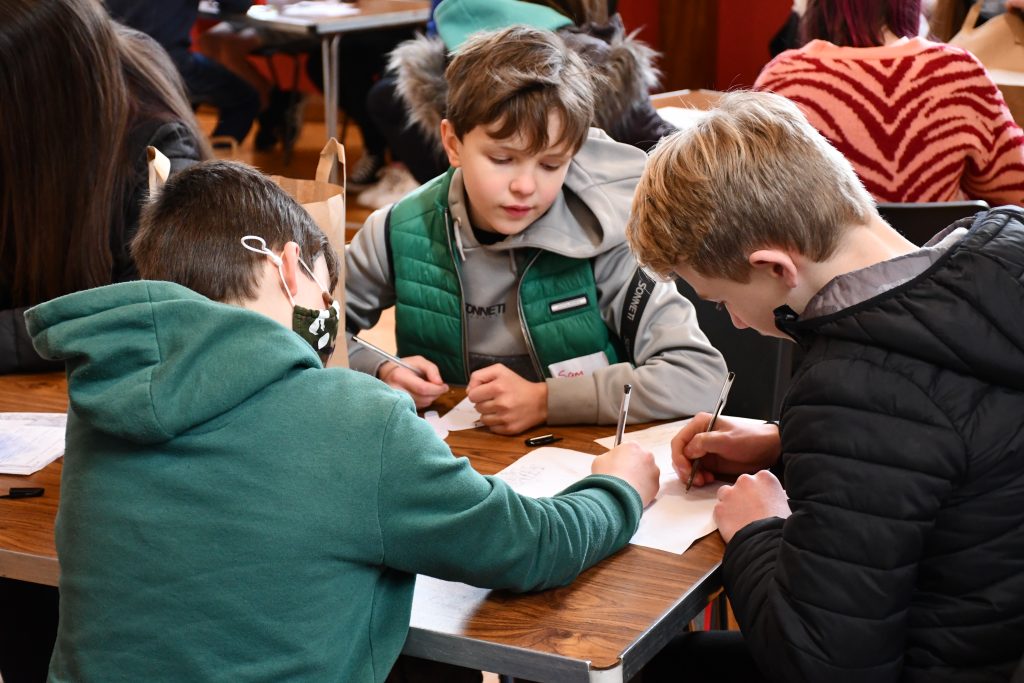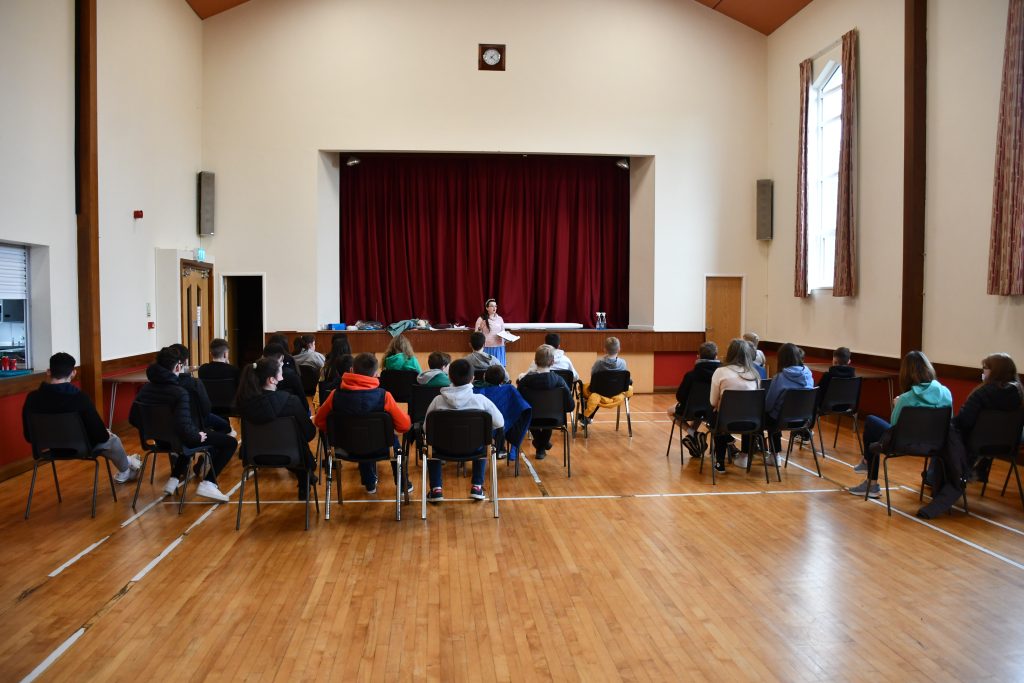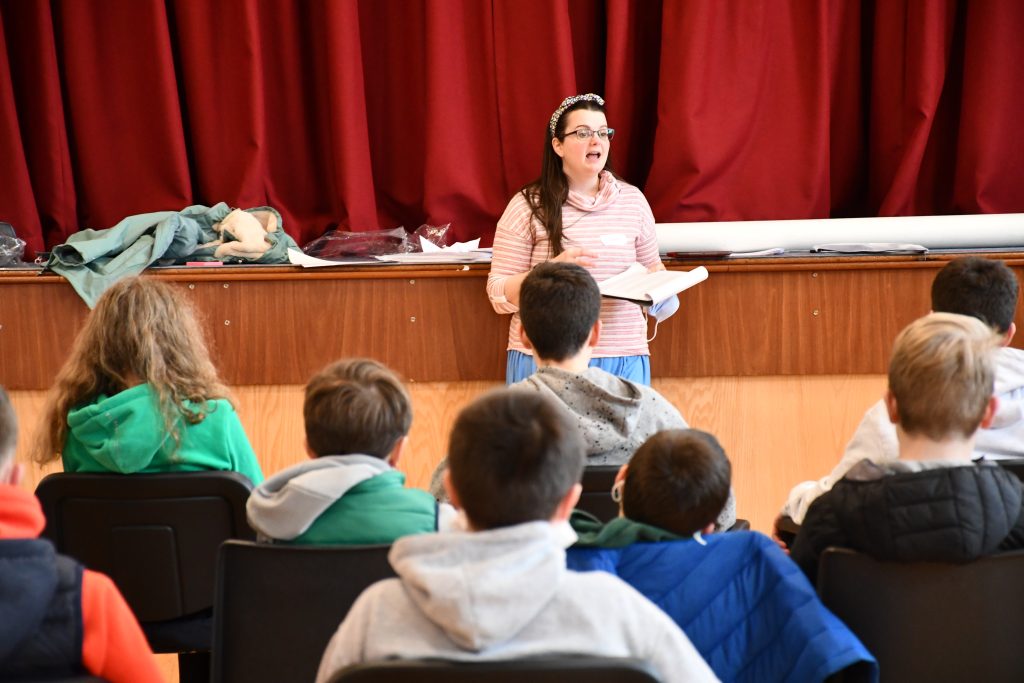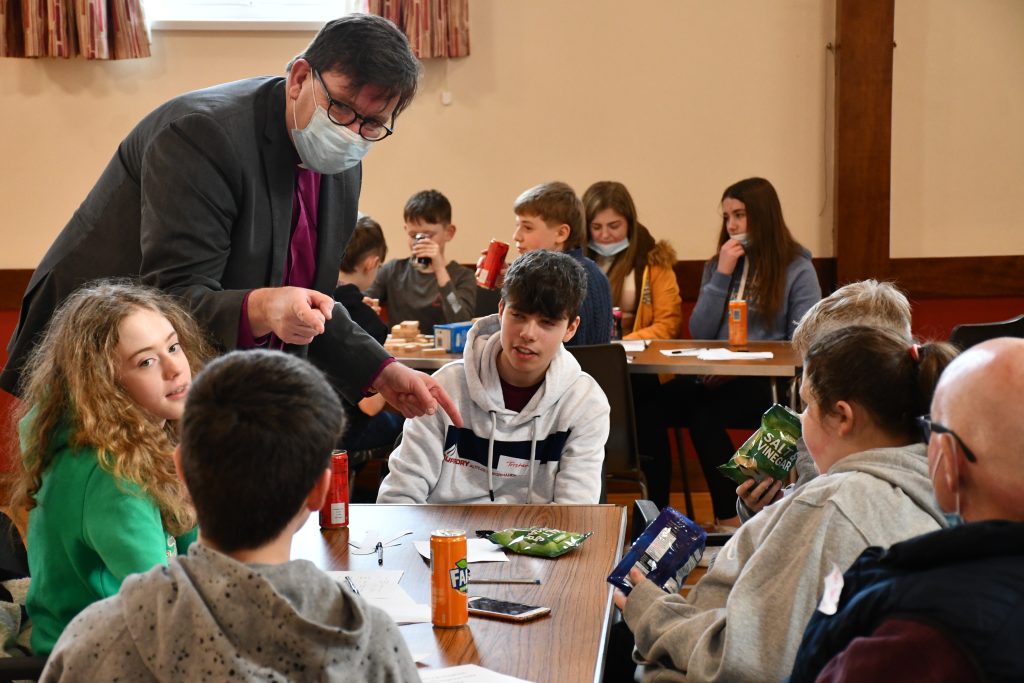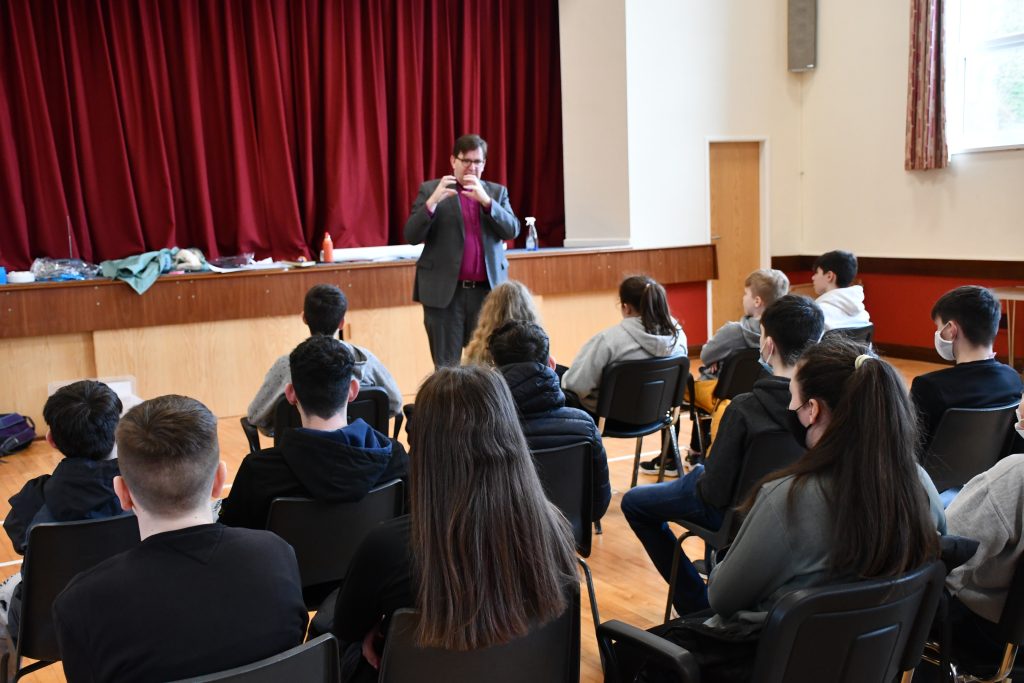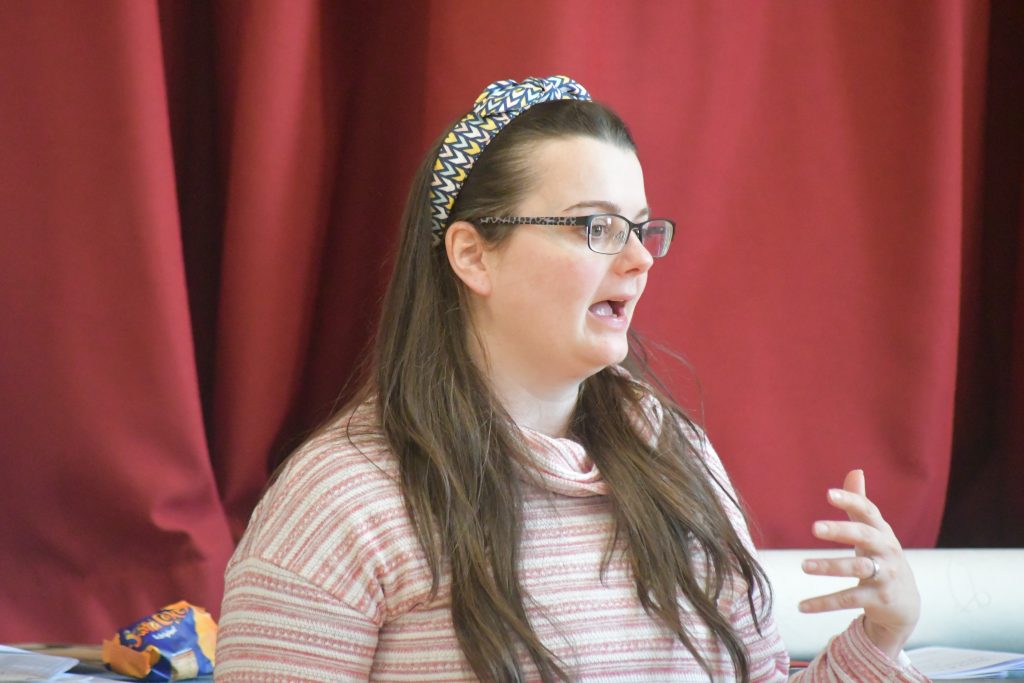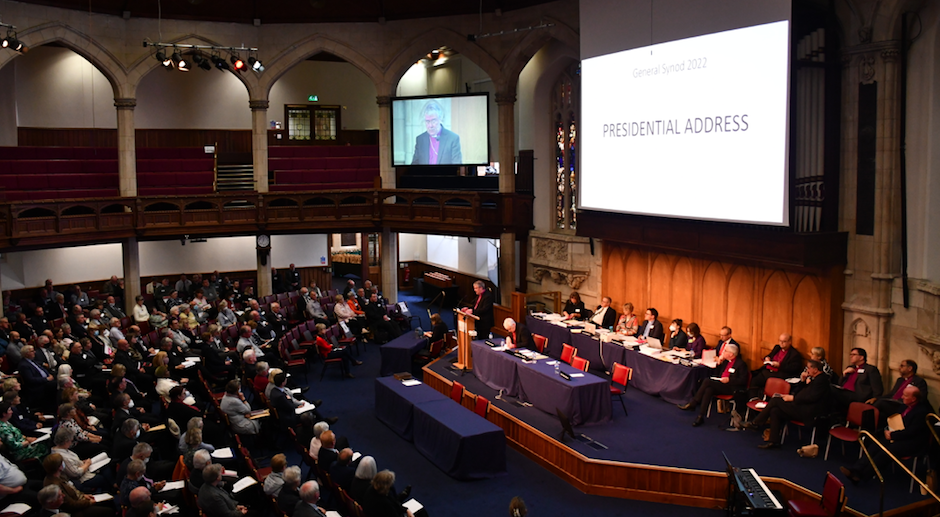
Brothers and sisters in Christ,
Although in the past two years I had begun this address by saying how strange it was to be meeting online, it now feels very strange to be meeting in person; strange do be doing for the first time in two years what we had been doing for 150 years. I suspect though it won’t be strange for long, as we get back into the swing of normal synodical business.
What is not strange is the warm feeling of meeting together again, seeing old faces and making new friends. In my first Presidential Address in 2020, I had talked about changing from being an Archbishop-Elect to being an Archbishop-Virtual. Today I can say with my hand on my heart for the first time in two years I feel like the real Primate of All Ireland. It is good to be in a place where Ballymena can kiss Blarney again. And it is in that frame of mind that I want to thank all of those in the Church who have prayed for me and for others who have had the task of trying to steer us through what has been a very difficult and potentially hazardous period.
We are in the year of grace 2022 and I would hope that this Synod and this address will be about the future, but I do want to say a few words about our experience since March 2020. You know at the beginning it was very difficult to know what to do. Today we are all now used to making judgements in the light of public health statistics and a range of both political and medical information that comes our way. Back then everyone was feeling their way through a fog of half-understandings and very erratic claims and predictions.
And in those circumstances I can honestly put my hand on my heart and say “we did our best”. Contrary to what many people believe the Church is not some vast bureaucracy which can draw on limitless human and financial resources in the face of a unique set of circumstances. Taking what we could from the advice being given by public health authorities in both jurisdictions a very small group of people (some staff and some bishops) put together our Protocols and rolling guidance. What we came up with may not have been perfect, but it worked, in the sense of keeping people safe and (by and large) sane and providing some solid ground on which the set our feet.
Beyond that small group who drafted and revised there were the many hundreds of volunteers in parishes, who refused to be daunted or overwhelmed and who made the rough tools they had been given work in their circumstances. Everyone on Select Vestries up and down this island got a baptism of fire into what it meant to be charity trustees, with a heavier weight of responsibility than normal. (and heaven knows the statutory weight of governance is more than heavy enough). That, together with our trust that the Church of God is an anvil which has broken many hammers, has seen us through to a place of much greater security. Even if we can’t quite be optimistic yet, we can at least be positive, and it is a great privilege for me to be able to stand here “in person” to thank everyone here and those who have worked so hard to get us to where we are now, from that rather gloomy place we found ourselves in during the Spring of 2020.
There has been much suffering on the journey, for some far more than for others, particularly the old and the vulnerable. Mistakes and costly misjudgements have been made, but I hope we, along with our governments and public health authorities can learn together from our experiences. The best of what we achieved as a society, was achieved together and as we try to dig deeper into what was not done as well as it might have been, I have confidence that it will be recognised that the closer the co-operation and trust that existed between civic society, governments and public health authorities, the better the outcomes have been. In one form or another it has been a lesson in how to do and how not to do participative democracy.
And that brings me nicely to the Morecambe and Wise Christmas Special of 1977. One of the sketches in the show had Eric and Ernie dressed as Roman senators. Ernie asks Eric “Brutus, have you the scrolls” and Eric replies “No, it’s just the way I’m standing”.
However, it’s not the feebleness or otherwise of the joke that’s important; it’s the fact that the programme was watched by over twenty-three million people, and almost all of us who watched it (and yes I was one of them) would have laughed our heads off. We would have got the joke.
The programme was shown at a time when in most democracies in western Europe, social capital was high, institutions were strong and there were many shared national stories. In today’s world even any public commentator would be hard put to name any public figures from the past about whose virtue broad agreement could be reached.
And of course social media is the single biggest contributing factor to this atomisation of the public space. Or perhaps it is more accurate to say that social media is largely to blame following the turn it took when it became less about people connecting with other people, and more about people performing for like-minded people – dissolving social capital, chronically suspicious of institutions and (to use the jargon) refusing any meta-narrative.
The effect has been, as one commentator has put it, to turn nations into ungovernable protest movements. That in turn has led to governments even in some democratic countries, to choose, to manage these divisions by deepening them rather than by healing them.
And it is important, in fact vocational, for a number of reasons, that civic society, including Churches, contribute to public debate on these matters.
The first reason is that politics is about the art of living. Ultimately the subject matter of politics is everything that happens in individual and social life and, in a properly functioning democracy, all citizens are themselves political actors to a greater or lesser degree. In addition, from a Christian point of view, there is no aspect of my life over which God does not say“that is mine”.
Successful parliaments and governments are those who become both the source and the expression of that creative social and spiritual interaction. If I could borrow a phrase from Professor Anna Rowland’s lecture in the Jesuit Church in Gardiner Street a couple of weeks ago, they will create “… participatory and genuinely co-created social bodies … guided by a vision of human dignity and a just distribution of the earth’s goods … ”.
And that leads me to my second point, if Professor Rowland’s description is to become a social reality, governments need middle bodies – an engaged civic sector, including the Church – who will not only rage and lament, but will encourage and struggle for the common good in partnership with those who govern. “Who,” as a friend of mine says, “will let the good things grow”. We may not have much agency around the just distribution of the earth’s goods, but we do have the ability to sharpen a vision of human dignity.
However for the Churches to achieve this or to contribute to it we must once again become properly and truly trans-generational bodies, who have the patience and humility to learn from those who we have marginalised in the past, particularly the young.
It would be easy to miss the hinge moment which it seems is facing much of the western world including Ireland. Will the door to a sane and sustainable future swing open or slam shut? In five years’ time will it still be the case that four out of ten young people are afraid to have children because of how they envisage the future. Are we really prepared to say to them: “Sorry, but that’s the best we could do for you”?
Creation Care
In last year’s General Synod Address I mentioned that we hoped to sponsor and organise a Conference on Creation Care in the Spring of 2022. With the assistance of the Church and Society Commission (CASC) and some money from the Church Fabric and Development Fund, but mostly through the enthusiasm of Canon Andrew Orr and Mr Stephen Trew, the event was held inDromantine Conference Centre in April. It was a remarkable event and a remarkable success. There were many very lively and helpful speakers, but for me there were two stars of the show, who in their own way helped me to begin to see the way forward for us as a Church.
The first was a young woman called Hannah who is a Church of England ordinand, a climate activist and a very popular blogger. Among the questions she posed to the Conference were these:
“How will young people know that the Church loves them?”
“How will the Church become a holy people in the world again?”
Of course the answers to the two questions are linked and have a lot (although not everything) to do with creation care.
The second star of the Creation Care Conference was not an individual but a group of young people from the parish of Mullingar who are part of a much larger group of young people taking part in an environmental project called ‘Lighten Our Darkness’. In many ways they answered Hannah’s second question, because not only were they well-read in the theology of creation, but they were out in their communities rewilding church graveyards and glebe land, and showing the world that holiness is not wordy and aloof, but is the involved goodness of God’s people in God’s creation. They had dirt under their fingernails.
Last year the General Synod noted the extraordinary achievements of the RB Investment Committee and Investment Department Staff in divesting, ahead of schedule, from companies who invest in fossil fuel extraction, and to “continue the positive work of collaborative engagement, increasing investments in renewable investments and reducing exposure to fossil fuel producers, so that by 2022, companies where more than 10% of turnover is derived from fossil fuel extraction, will be excluded.” The investment professionals will continue to do their excellent work on our behalf.
But the rest of the task is over to us. If we are to be true to ourselves and also begin to answer the questions around how we show love to our people and become a holy people in the world again, we need to do what that group of young people from Westmeath are doing.
That is, to work on ways of inspiring and equipping parishes to do everything possible to contribute to net zero targets, and to get creation care into our church culture. However in doing this and in asking others to help us achieve it, we need to bear two other linked matters in mind.
The first is that the backbone of the Church of Ireland throughout this island is the rural parish. Farmers and what they do are very visible and because of that can carry the can for the sins of others, in retail and in agri-food. Any leadership or initiatives which we explore as a Church, especially as they trickle down to parish level need to recognise that our method is always to understand, to learn and to persuade.
In fact the only leadership which we in the Church can exercise in any sphere is in the literal Christian sense moral. And by that I mean it is an authority that is part of the Gospel itself. It is not even a set of principles derived from the Gospel, but an integral part of the Gospel. It reflects the character of God in Christ in its absolute respect for human freedom. It is not the authority of the law (which two parties were ever reconciled in the sense of a restored relationship, in a court of law?), it is the authority of grace, which accepts its defeats and limitations, because it is all too well aware that to love with Christ’s love is always a victory, often despite appearances.
It is easy to criticise that sort of leadership but it’s a method based on humility but is also only made possible by having wide sympathies; and its very essence is trust in the Holy Spirit who leads the Church.
The modern sense of the word leadership in one way says too much but in another way says too little about the how we become a holy people in the world again. Too much in the sense that there is nothing of the command and control of an army about it; nor of the pitiless, grinding millstone of the modern bureaucratic state.
But too little because in the servant leadership of the Christian Church, we are called to proclaim the Lordship of Jesus Christ over the whole of mankind, while at the same time illustrating that Lordship by serving others for Jesus’ sake.
It is only by holding the two together that either can be rightly fulfilled. To preach creation care or the cure of souls and not to serve is not really to preach at all: for it is distinctive of Christ’s religion that it requires a harmony of word and deed. Jesus and he alone could offer his own conduct as an illustration of his teaching, summing up his moral demand in the words “Follow me”. And it is a moral demand because, first and foremost, it is an appeal not to the intellect or even to the will, but to the conscience.
If we would be worthy of our calling there must be congruity of life and doctrine. To preach a Lordship of Jesus which is not expressed in loving service of his people is a certain recipe for failure. As the Article asserts, it is indeed true that “… the unworthiness of the ministers hinders not the effect of the sacrament …” but it is no less true that people will not long consent to receive the sacrament from the hands of ministers whose hands offends them. People are very quick to spot a counterfeit whether in the pulpit or in the public square.
And that is particularly true of a small close-knit society in Ireland where people are still able to judge by St Paul’s measure: “If I speak with the tongues of men and of angels, but have not love, I have become sounding brass, or a clanging cymbal”.
Indeed, as I speak I am wearing a pair of bamboo socks which I was kindly given as a gift for participating in the Creation Care Conference, and I’m prepared to show them to anyone who’s interested for a small consideration.
Mothers’ Union
You will remember that at last year’s General Synod, as part of the report from the Church and Society Commission, we had a presentation from the Mothers’ Union about the importance of addressing-both in our communities and in our churches – the appalling scourge of gender-based violence, and in particular domestic abuse. Throughout the year the MU have used every opportunity to reinforce that message, particularly through the Global Day of Action which occurs annually during the 16 Days of activism.
They have also, as a body and as individuals, responded to a number of government consultations. In Northern Ireland the MU response to the consultation on a new Domestic and Sexual Abuse Strategy and an Equally Safe Strategy were submitted as the Church of Ireland’s official response as was their work on the Third National Domestic, Sexual and Gender-based Strategy in the Republic of Ireland.
A new online resource, developed in association with the help of Bishops’ Appeal and Tearfund –
called ‘Equipping the Church to Take Action to End Domestic Abuse’ – is being piloted at present and will be launched in the Autumn. It will provide us with a real opportunity to make a difference at parish level and I commend it whole heartedly to you.
Ethnic Diversity Project
You may remember that last year I mentioned a piece of research into ethnic diversity, inclusion and racial justice in the Church of Ireland that I had commissioned. The research project was designed by Dr Lucy Michael (a member of this Synod for the Diocese of Dublin) and in collaboration with a small group of clergy and readers from a range of ethnic backgrounds.
The results of the research survey have been written up over the past week or so and will, I hope, form the basis of some practical work closer to the ground which will be planned and rolled out in the coming year. As I have said repeatedly in General Synod and elsewhere, any family (and the Church of Ireland is a family) derives its vigour and interest, not from the family resemblances of its member’s, but from the differences that exist between them, including differences of ethnicity and colour.
The results of the survey show that we are indeed a welcoming Church, but also that we are hesitant about what to do after we’ve said “hello”. To generalise from what I have been able to take in from the hard data of the survey, it seems we are more likely to go on to say “I hope you are able to enjoy the riches we have on offer”, rather than “tell us about your experience of God and your thoughts about his Church and his World”, much less “how can you help us deepen our experience of these things?”.
I think the results of the survey show that we recognise the benefits of inclusion, but are uncertain about how to turn that recognition into meaningful participation. We need to do some work on that.
Although perhaps not the finding of the survey with the most far-reaching implications, the one which stands out most prominently is around an insufficient acknowledgment by the Church of our entanglement in the past with slavery. As far as I can tell it’s not a statue-destroying militancy, but a heartfelt desire for an understanding based on accurate facts and an appreciation of the legacy that the gruesome reality of slavery has left. Nor is it about the “enormous condescension of posterity” (there is also an appreciation of the part the Church played in the abolition of the slave trade) but an appeal for clear-eyed appreciation of our actions and inactions in the past, and a willingness to address them.
Up until now this project has been something of a personal initiative of my own but the aim is to embed it much more widely throughout the Church of Ireland. This work is important for a number of reasons, not least perhaps in helping us explain to ourselves why, in a world of migration, the numbers of people of different race and colour, are very low in the Church of Ireland. It is true that many may not be Anglicans when they come to Ireland. But it is known that migrants are much more likely to “shop around” for a spiritual home when they arrive in their adoptive country. It might be useful to know why people have popped their heads around our shop door and decided “it’s not for us”.
But it’s important for a much more fundamental reason, which is that, regardless of numbers, Christian pastoral ministry is about the spiritual well-being of every individual. And to do that we need to make the effort to see what other people see and hear what other people hear. It is not only the Anglican Communion that is held together by bonds of affection, but each parish and faith community. And in this instance, as I’ve said repeatedly, it means that we can credibly consider ourselves as fully part of the Catholic Church.
As disciples of Jesus Christ we are not free to satisfy all of our appetites but we have a vocation to satisfy the desire for knowledge and understanding which the survey reveals. I look forward to the work which we can do in the year ahead to make this more of a reality.
Reconciliation
In my first General Synod Address I had talked about a need for an emphasis on reconciliation, and although not mentioning the word itself, reconciliation has been at the heart of what I have been standing here saying for the past twenty minutes or so.
However in order to earn the right to take part in the work of reconciliation we, as a Church and as individuals need to acknowledge that we too share a similar burden as political leaders in that we are associated with institutions which have, at least historically, benefited from the reinforcement of distinctions between social groups. And, as with political leadership, these differences are connected in some way with conflict.
A friend of mine was a student at the Polytechnic of the South Bank in London in the 1970s where he studied political science and sociology. Apparently there were more members of the Communist Part of Great Britain in the Sociology Department of that Polytechnic than there were in the whole of the rest of GB added together. At his first seminar he found himself sitting beside a very intense young man who introduced himself by saying: “I’m a libertarian socialist veering towards anarcho-syndicalism. What are you?” My friend said: “I’m a Methodist”.
Not as daft, or as provincial as it might seem. No doubt as individuals we will each have views across a whole range of public policy issues which will differ widely, and will have the same validity as any private citizen’s view on whatever subject is under discussion.
However our distinctive contribution to reconciliation is as disciples of Jesus Christ, and I think we should remind ourselves of that very often.
It is in the light of that primary, comprehensive and conclusive allegiance that we should find most of our analytical tools and our vocabulary to address any subject matter, including reconciliation.
The Christian experience of reconciliation is not transactional. It is not a case of me bringing my change of heart to God, which he then is almost obliged to reward by forgiveness and reconciliation. It is the presence of Jesus that creates my change of heart and I am his debtor for my repentance as for everything else in those transforming experiences and encounters.
Christian reconciliation is dependent on Christ and mediated through him. But Christ Himself and all the reconciling virtue associated with him are themselves mediated to us in numberless ways. As disciples we might consider how we can mediate that reconciling virtue by engaging, encouraging and exemplifying.
Engaging, not only with ourselves and our faith traditions (although that is vital and will be a good barometer of our effectiveness and sincerity) but with other agencies and groups in civic society.
Encouraging those, particularly in the sector who seek to bring wholeness to lives that are very damaged and usually overlooked. voluntary
Continuing to exemplify, by acknowledging that we remain captive to many sub-Christian influences and are struggling towards what might be called a more repentant ecclesiology. The hope would be that in doing so we help create the environment or platform in which self-examination can take place and where the virtue of self-suspicion is valued.
It has been our own experience that God treats us better, much better, than we deserve. And to remember his example, when as in the field of reconciliation is often the case, that our victories will be in private but our humiliations will be in public.
Ukraine
Unless it is to go on forever, an address of this sort cannot hope to cover everything that is on our minds or even which will be the subject of discussion during this Synod. Indeed it shouldn’t try to, as there are many able presentations and speakers yet to handle these matters over the three days we are together.
However, I want to conclude by saying a very few words on what is, for most of the world, the great matter of the day; the invasion and desecration of Ukraine by the Russian military and the Russian regime. When historians look back they will no doubt find it to be a war with many causes but with no justification.
I know that many of you will have responded to the needs of the Ukraine as individuals in a variety of ways already; through offering accommodation, or making donations of one kind or another. As a Church we have also made our modest contributions through the Bishops’ Appeal, and there are diocesan initiatives to provide housing and a place of worship in Dublin.
And I hope this Synod will agree with me in demonstrating our solidarity with the government and people of the Ukraine by joining with me in prayer as I conclude. You know, for all the weaknesses and faults that make us vessels of clay, we are still one of the few institutions which can act as custodians of the big long-term questions of our world, especially in the face of a relentless short-term electoral cycle. And there is nothing which requires that long-term care more than the rules-based order which emerged in the wake of the last world war.
And when we pray we are not suggesting to God something which otherwise would not have occurred to him. When we pray we are bringing his presence into whatever the situation might be, whether it is personal tragedy or an international conflict.
But before I pray, the other action which I hope we can take as a Synod is to send a message to our brothers and sisters in Christ in the Russian Orthodox Church and especially to Patriarch Kirill. When one part of the Body of Christ is wounded, even when those wounds are self-inflicted, the whole body suffers.
We live in an age when calls are made for resignations of those in public life for the most trivial reasons, yet no-one can say sorry for the most egregious failures. That should never be the case for Christian leaders.
So we appeal to the Patriarch of Moscow and all Rus’ to think again about what lies behind this conflict and to use the grace given to him by the Lord of the Church, the Good Shepherd, to help bring this barbarous war to a just end.
Almighty God, from whom all thoughts of peace proceed: kindle we pray you, in every heart the true love of peace: and guide with your pure and peaceable wisdom those who take counsel for the nations of the earth: that in tranquillity your kingdom may go forward, till the earth is filled with the knowledge of your love; through Jesus Christ our Lord. Amen.
ENDS
Issued by the Church of Ireland Press Office
